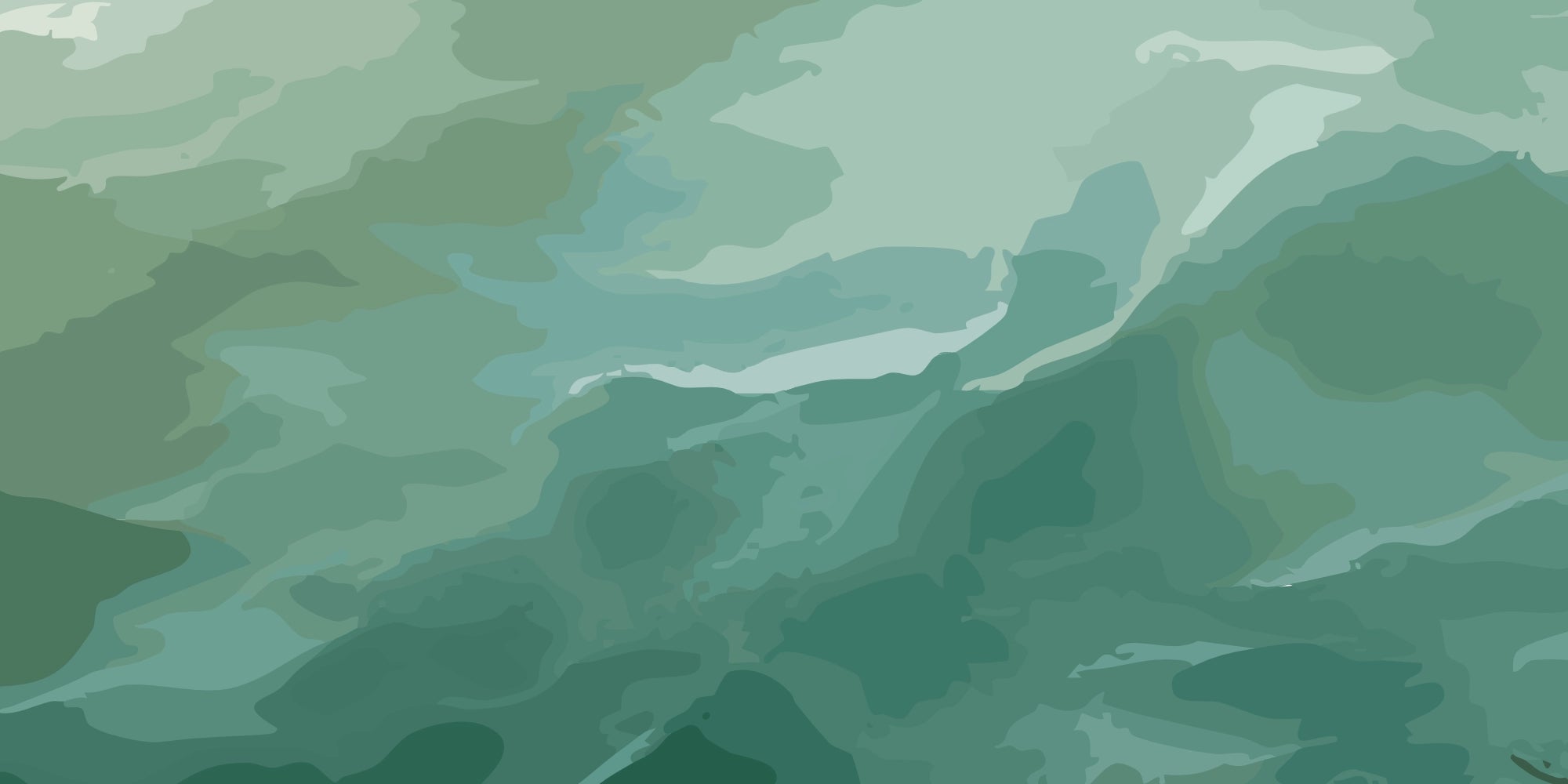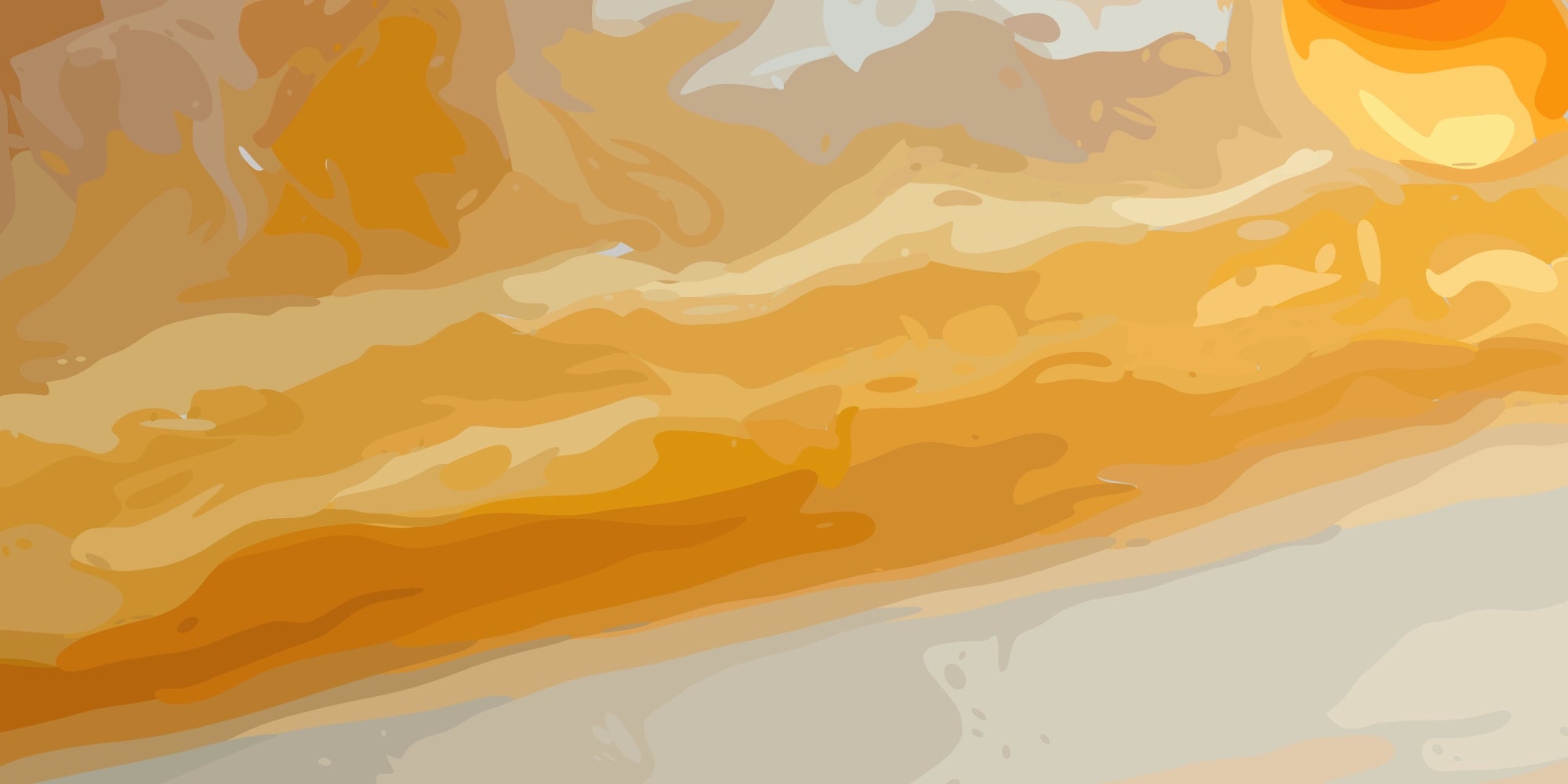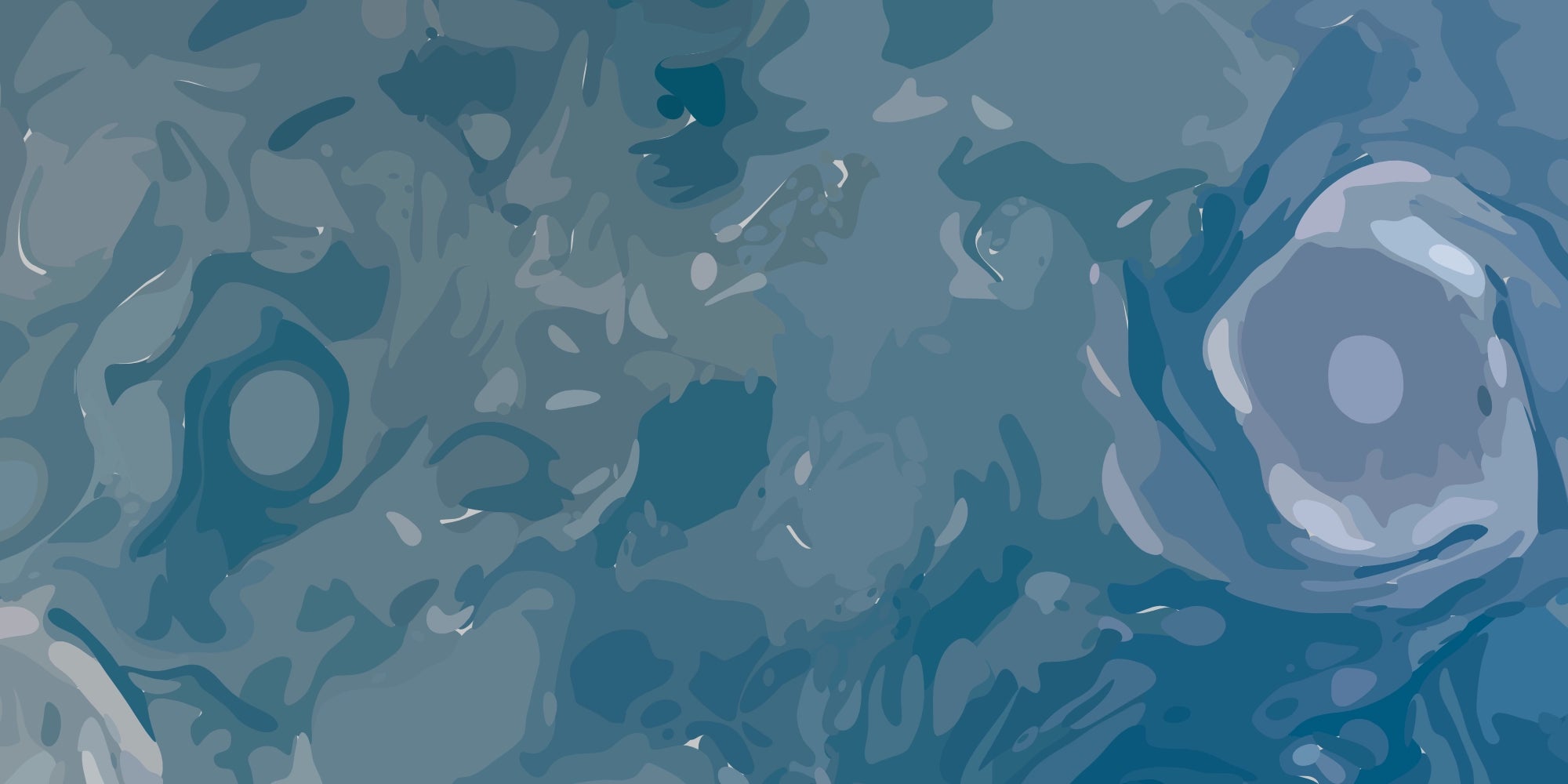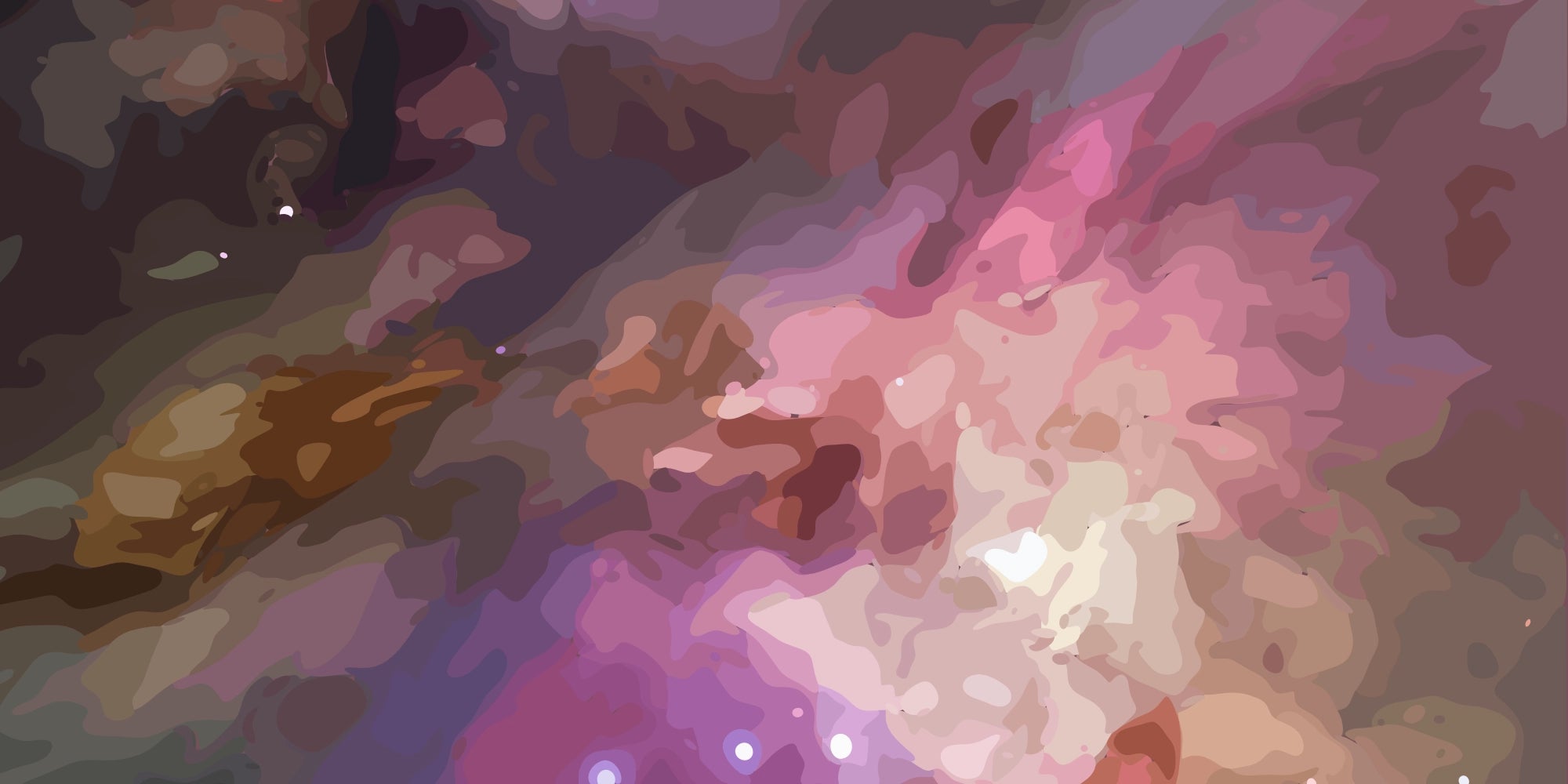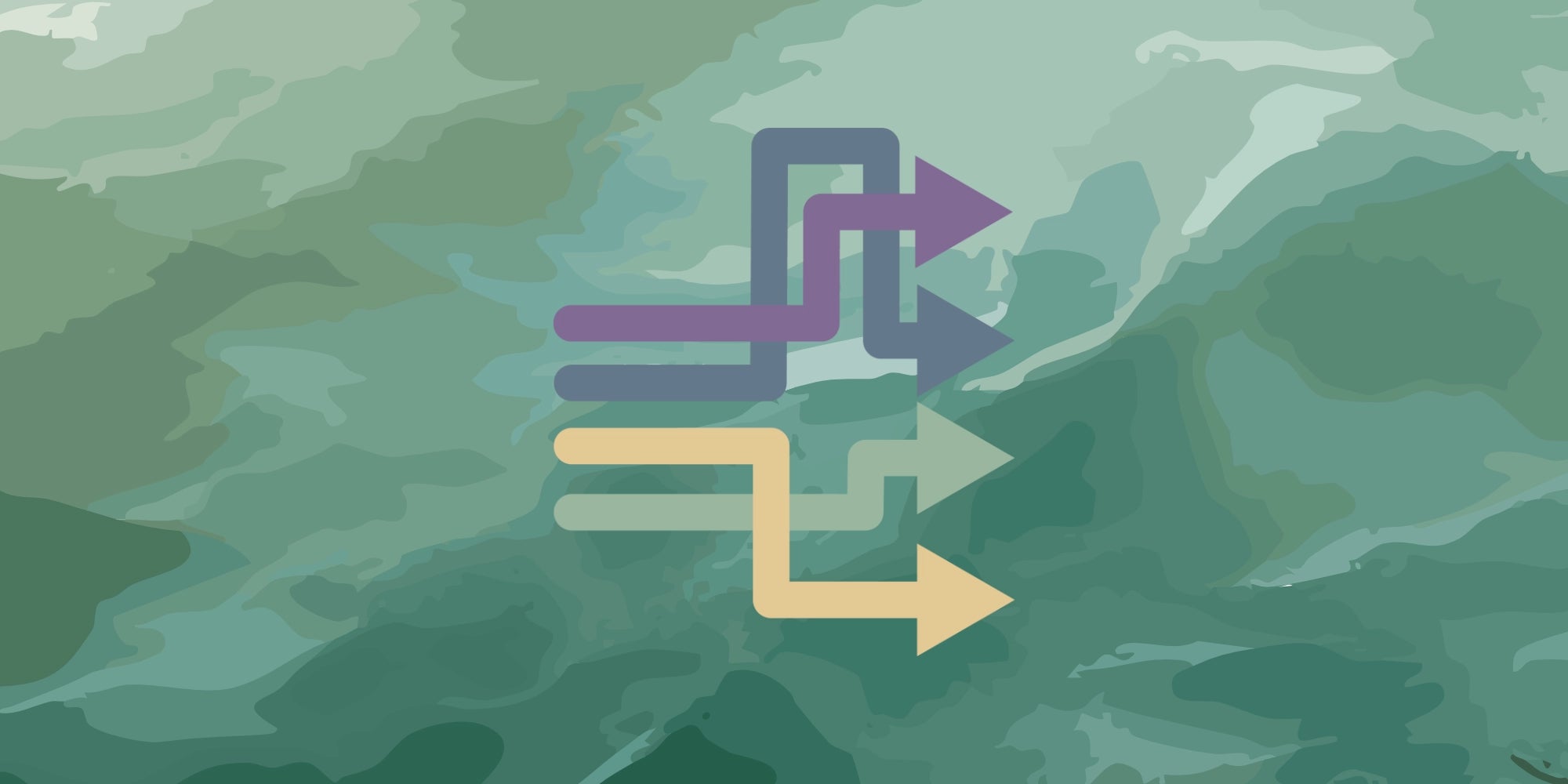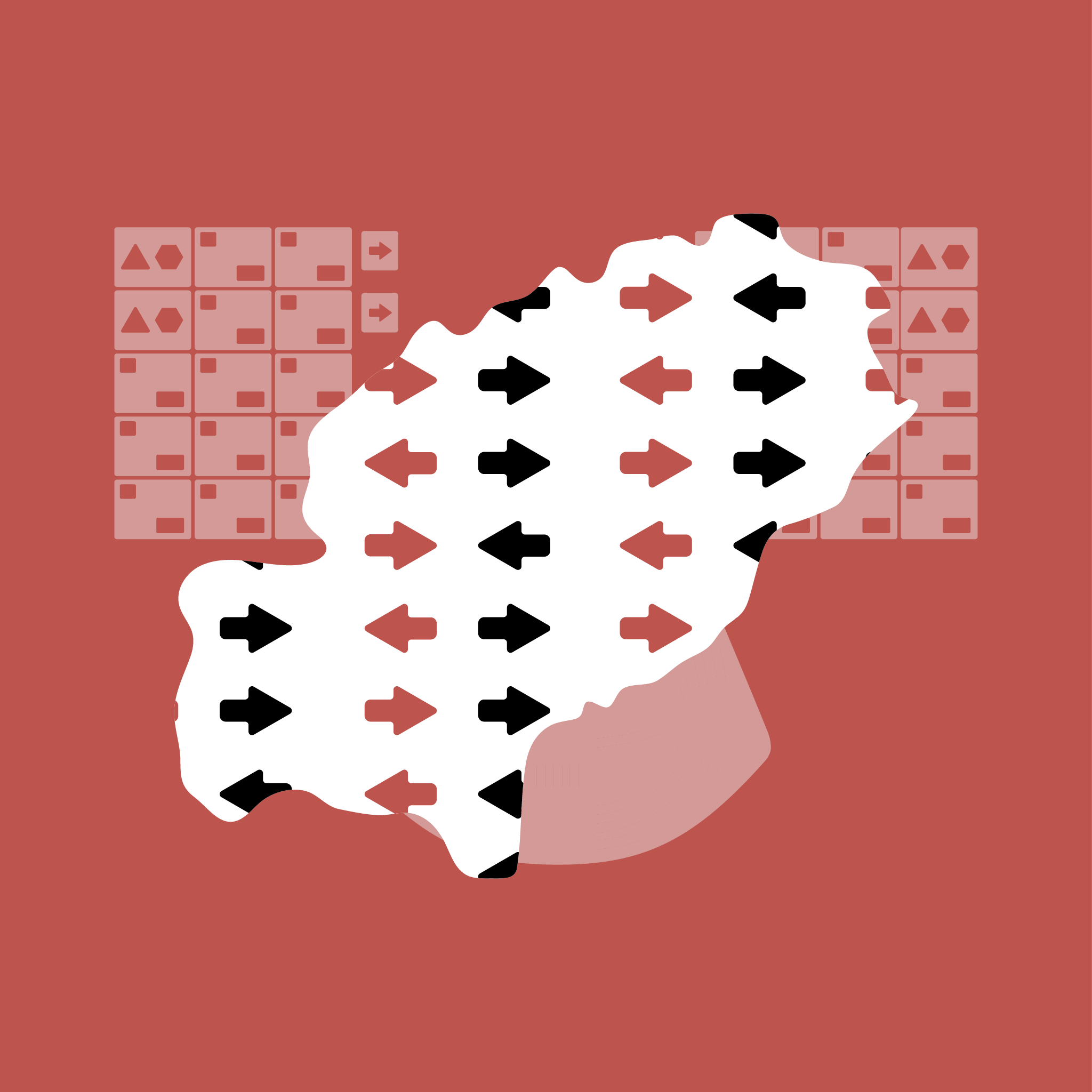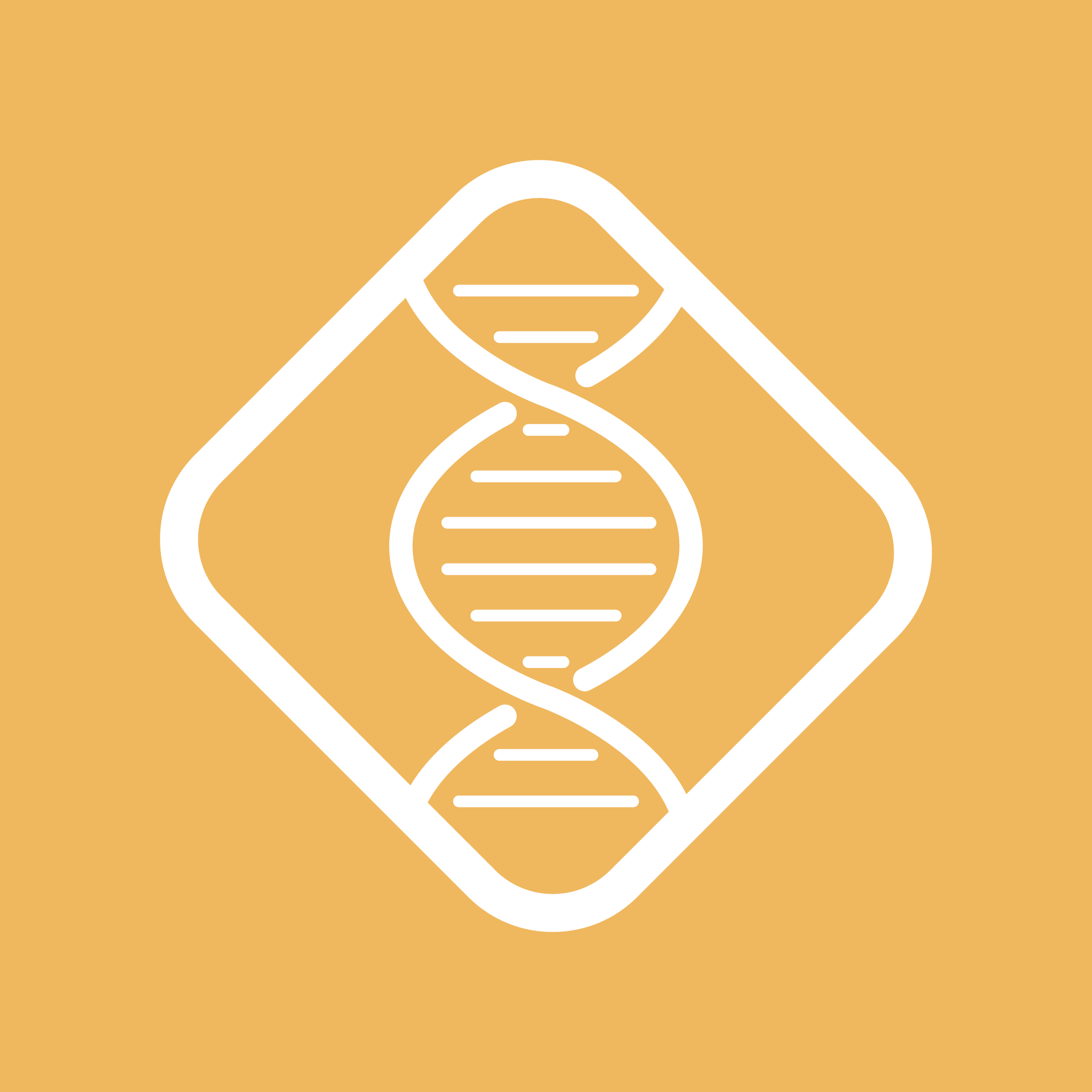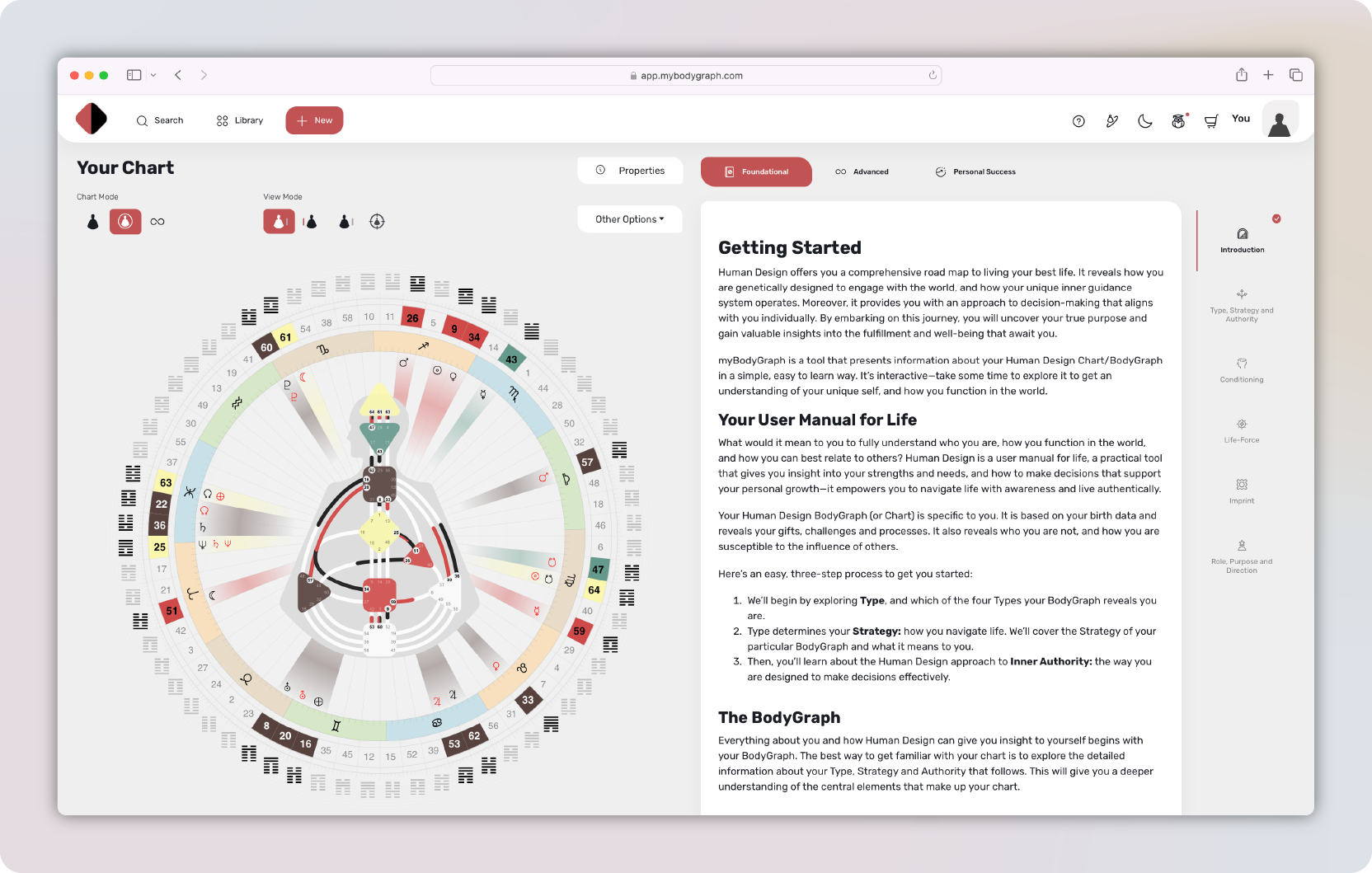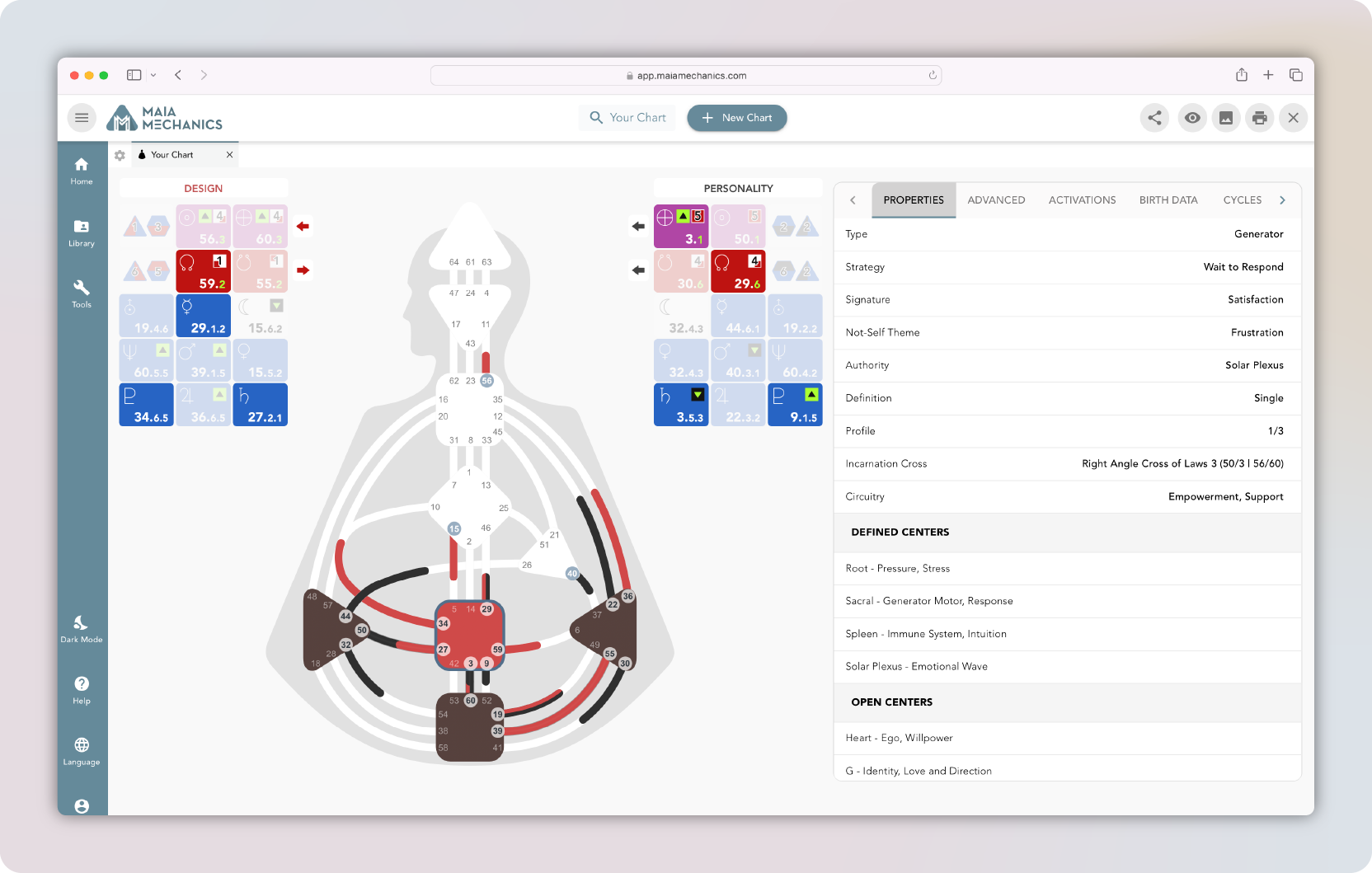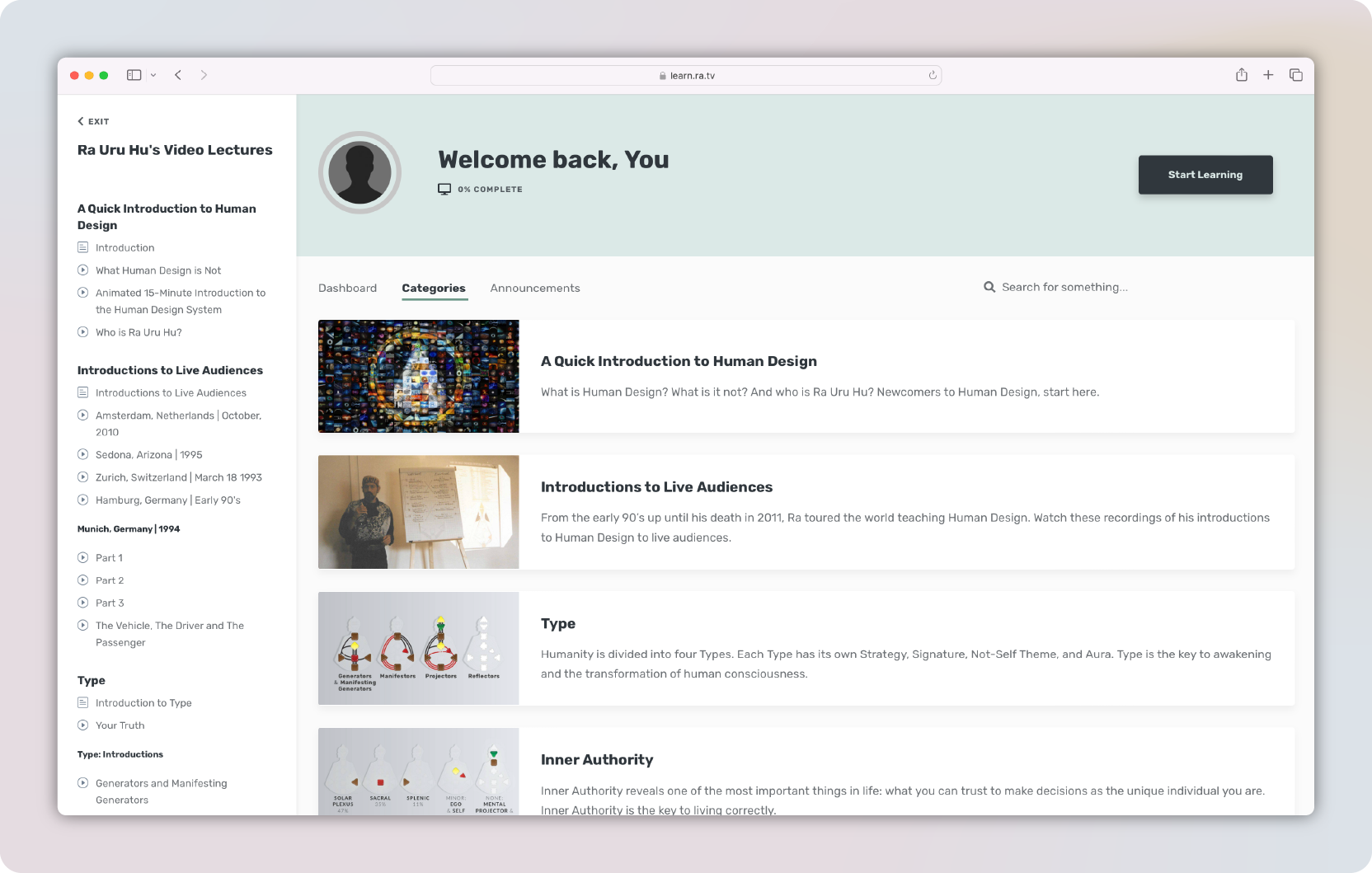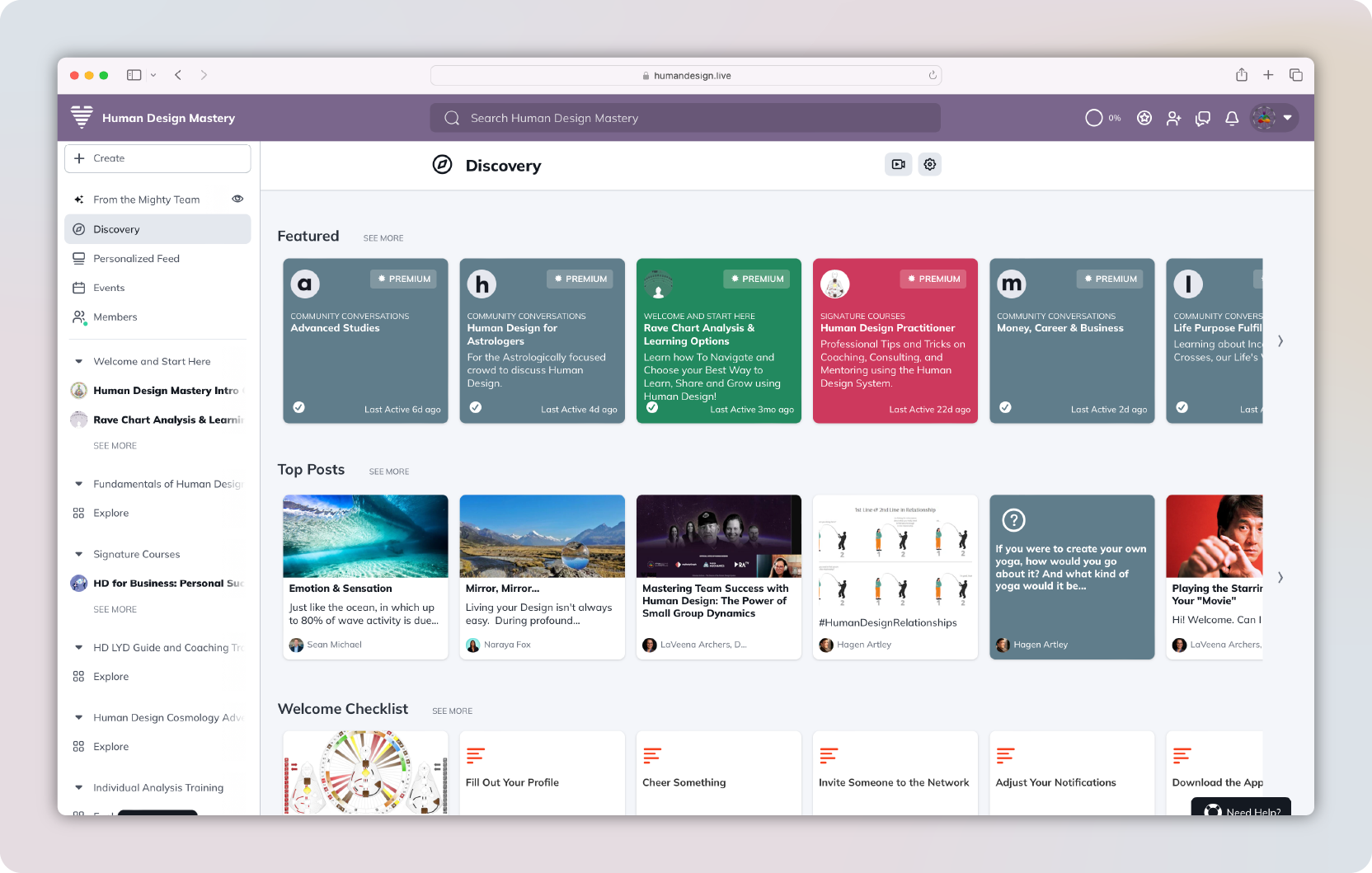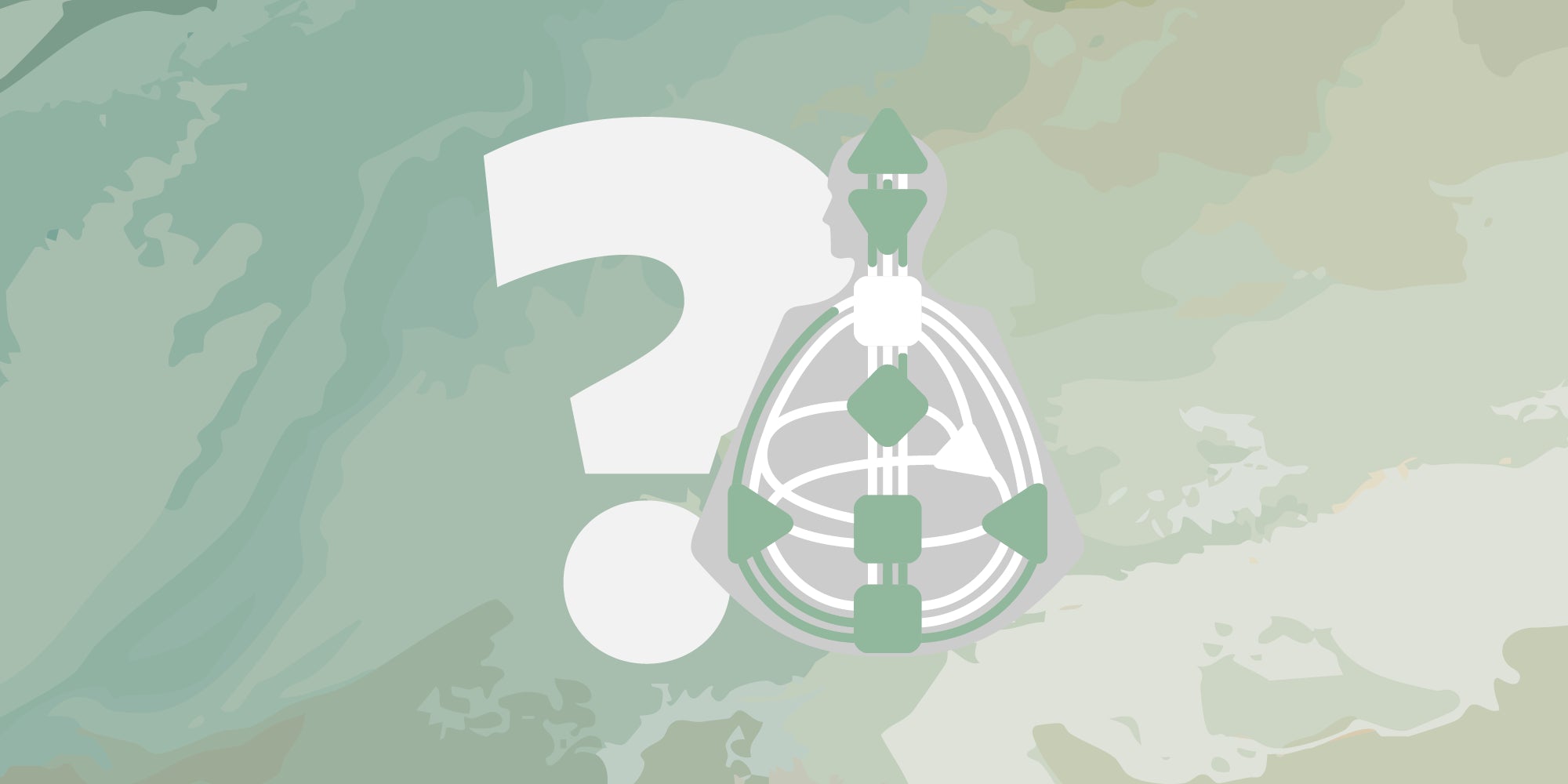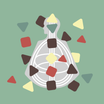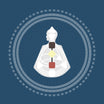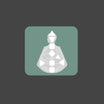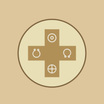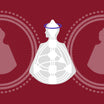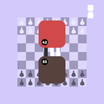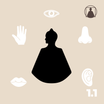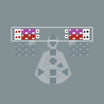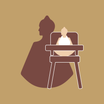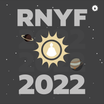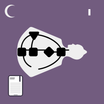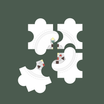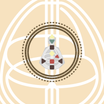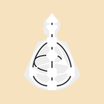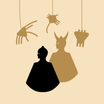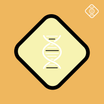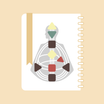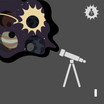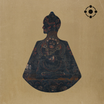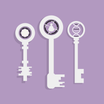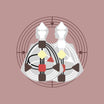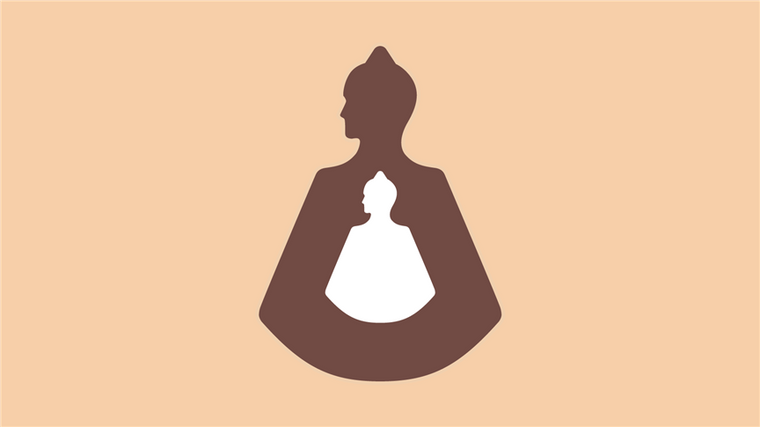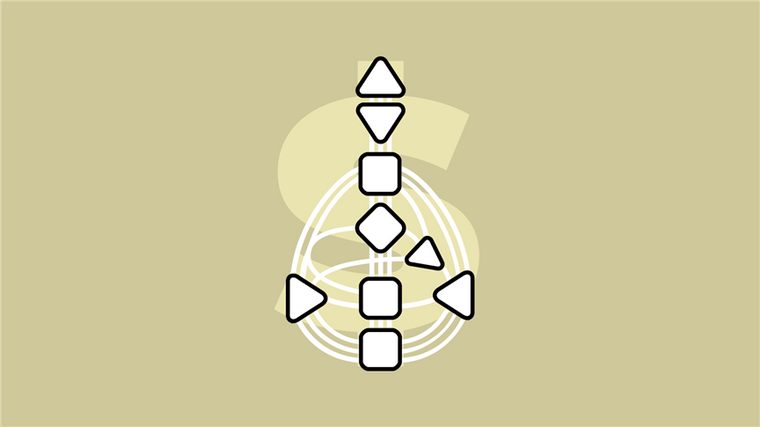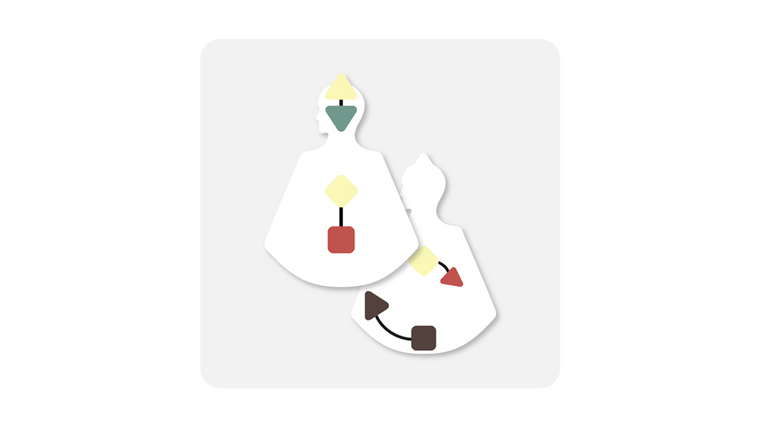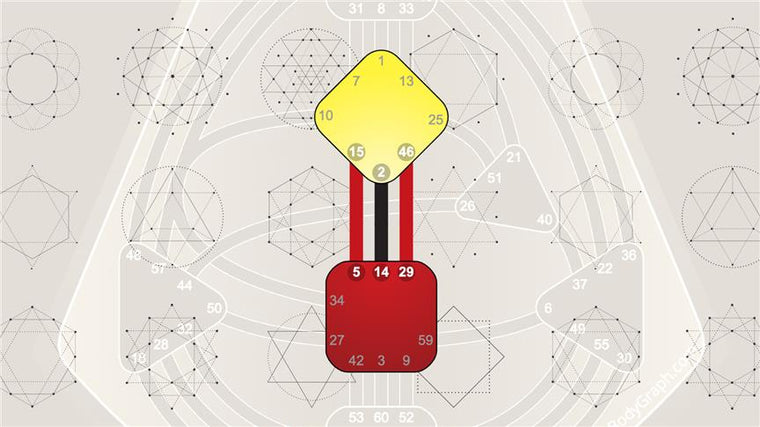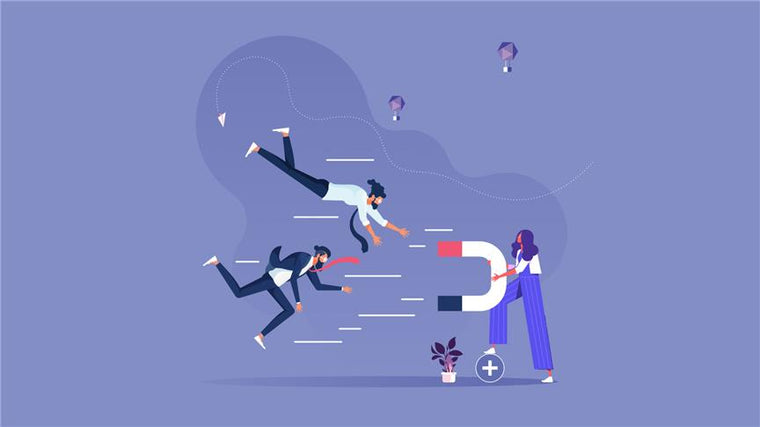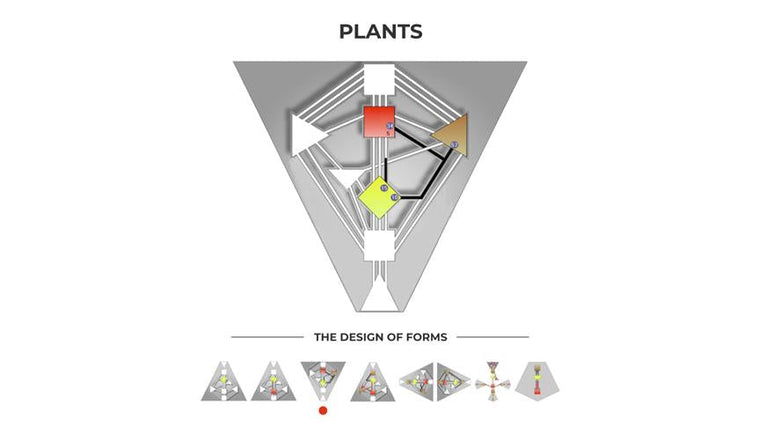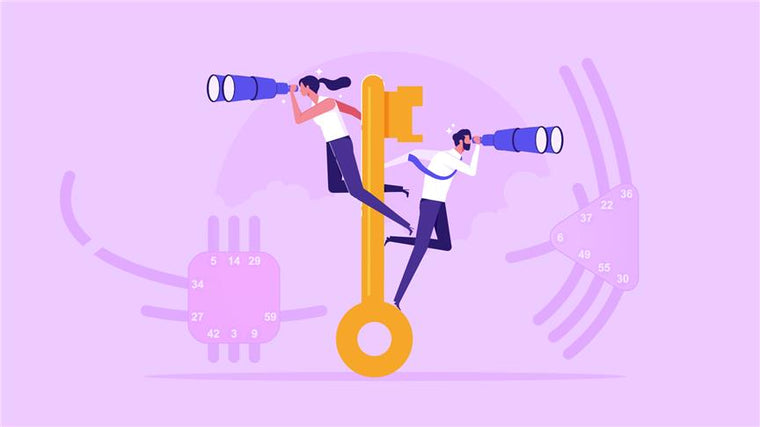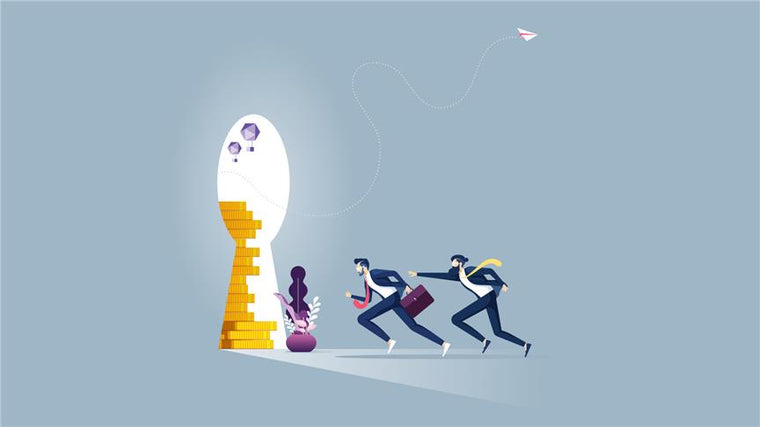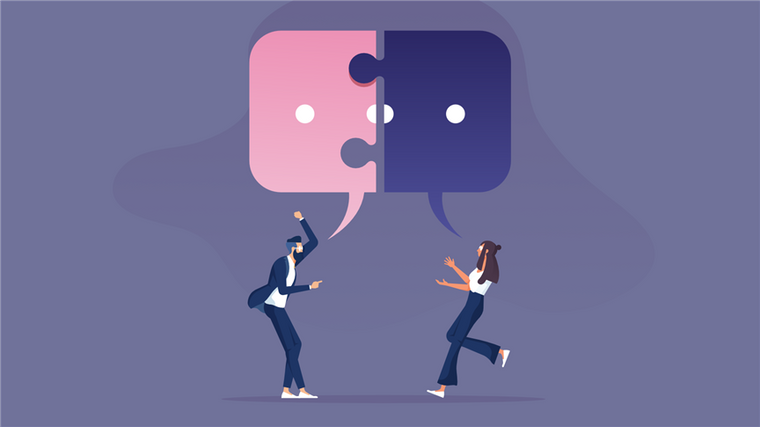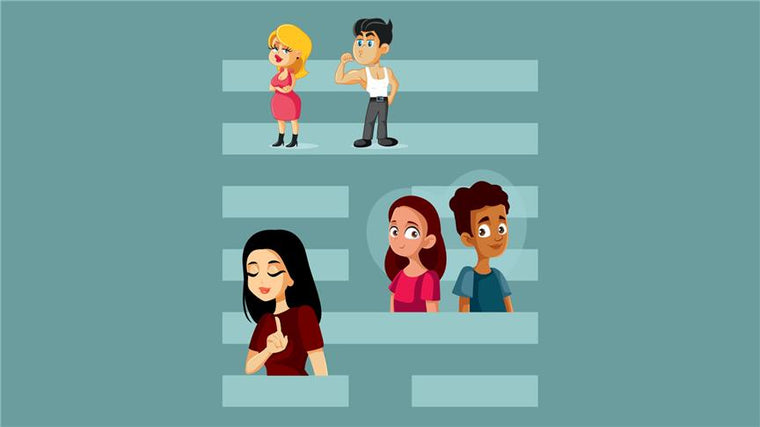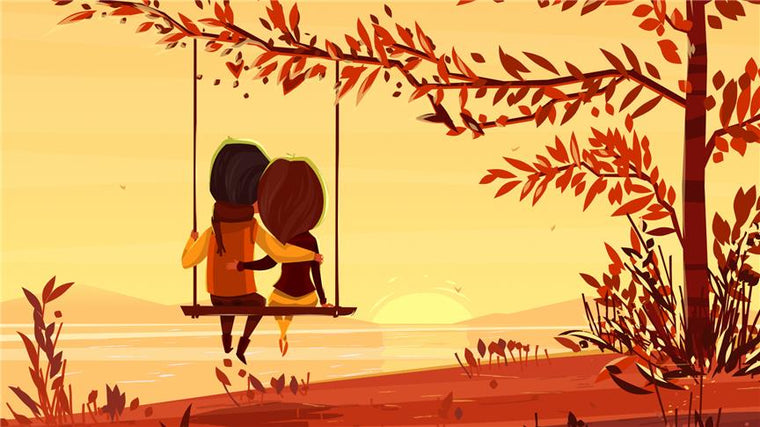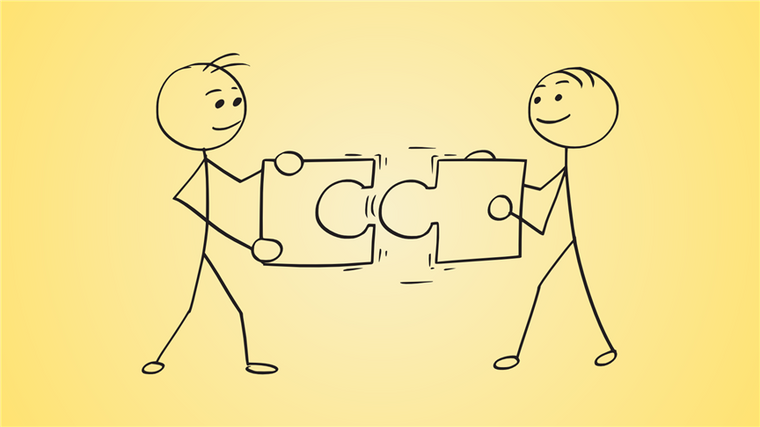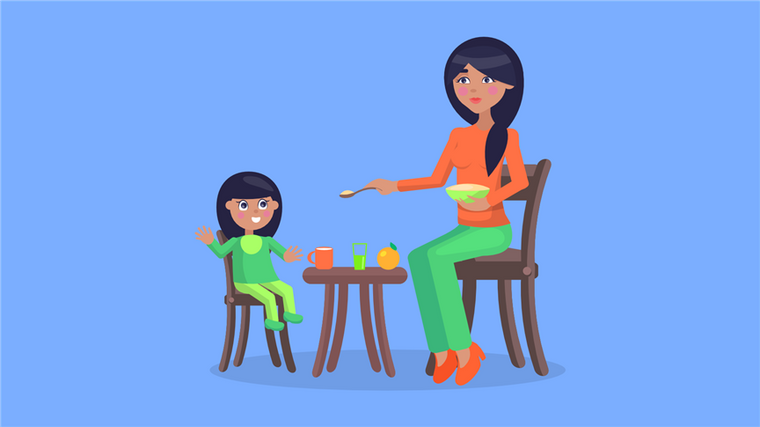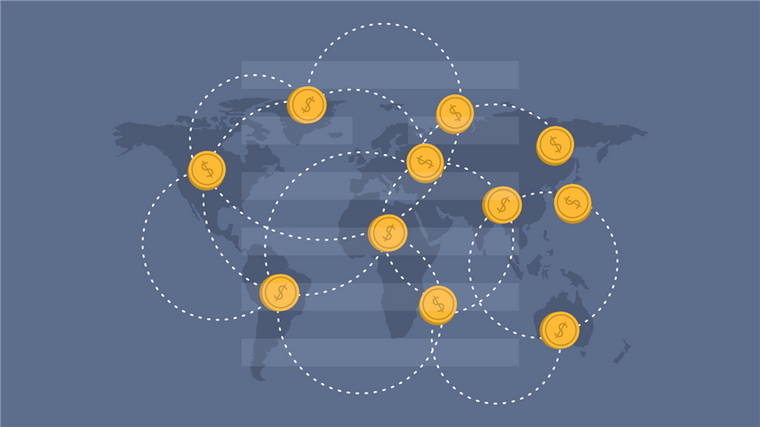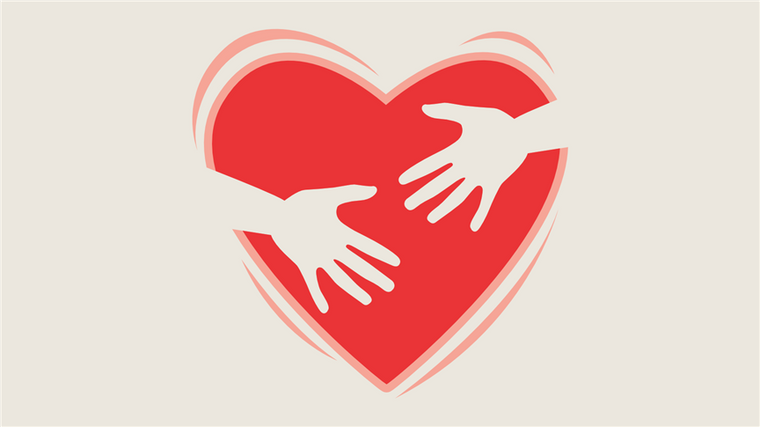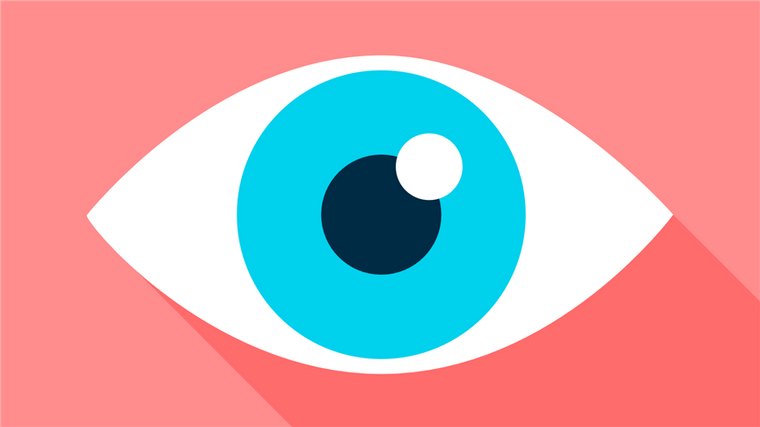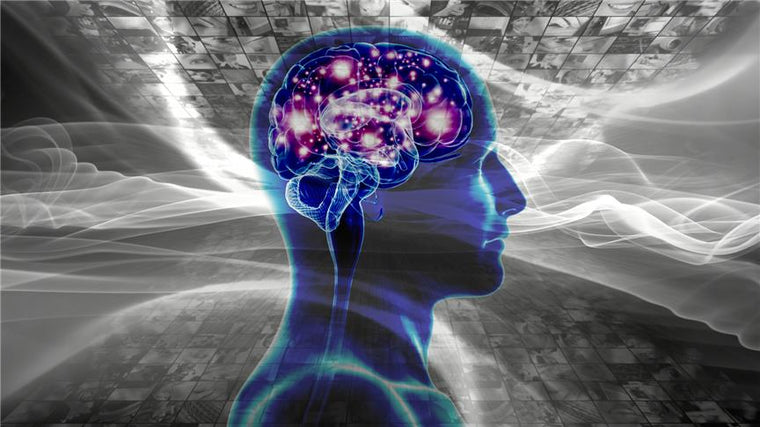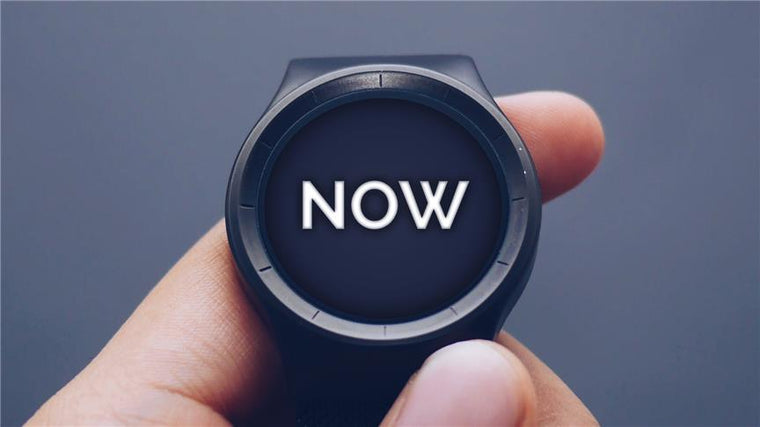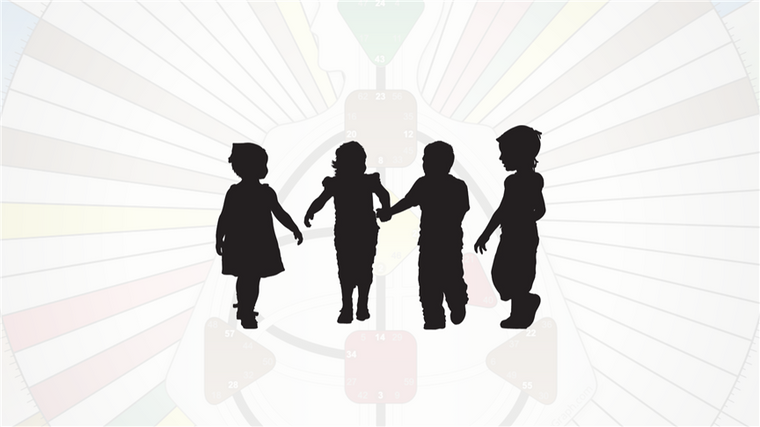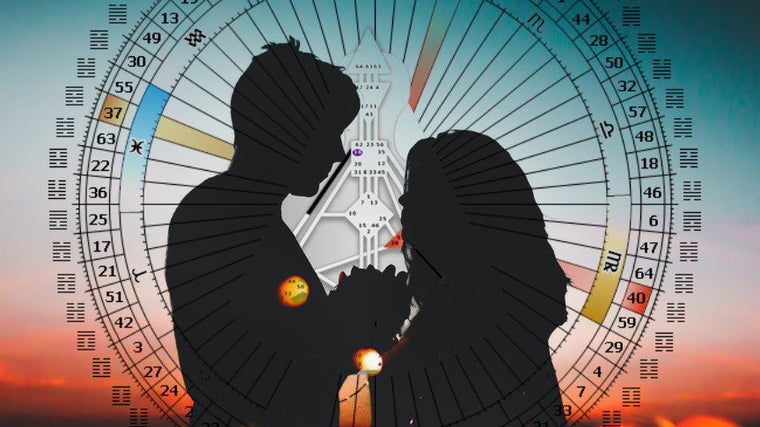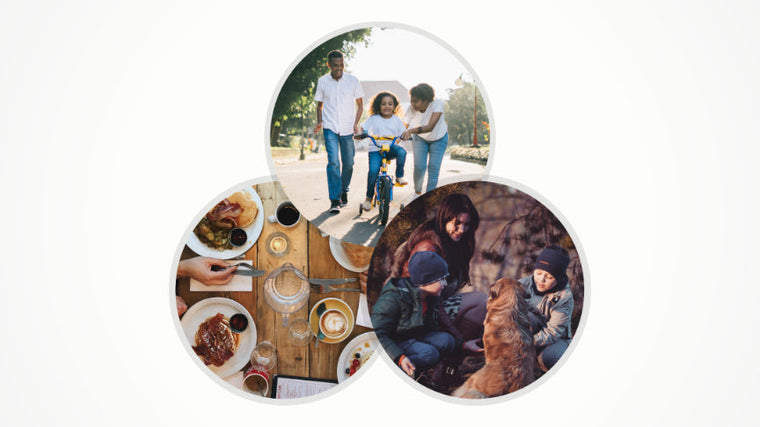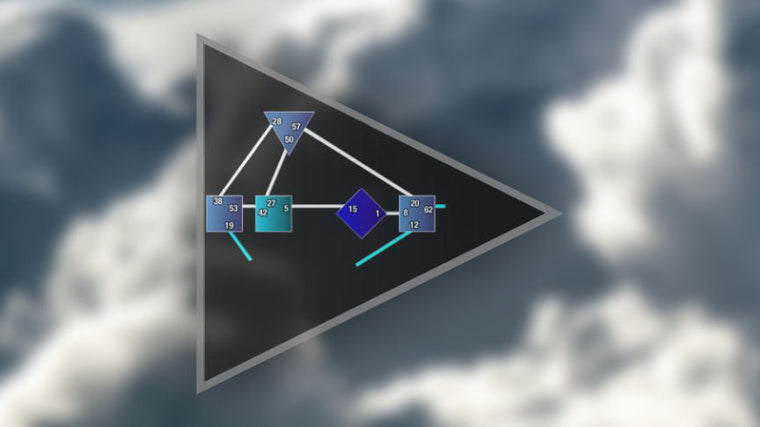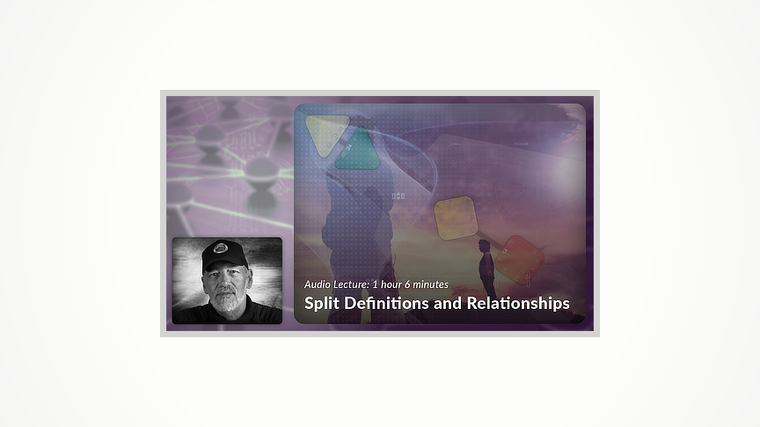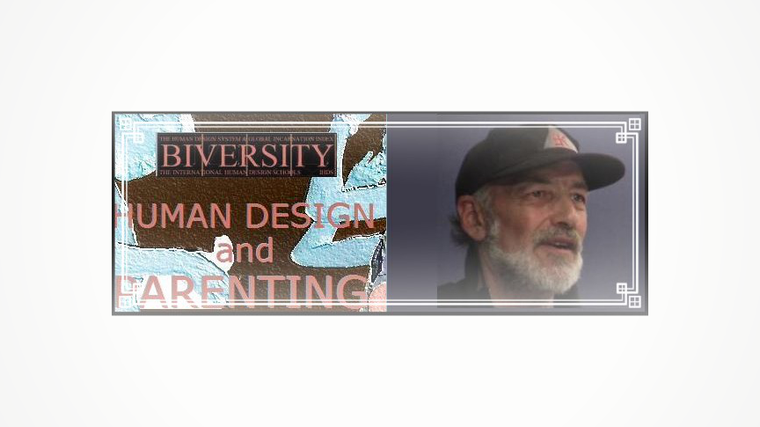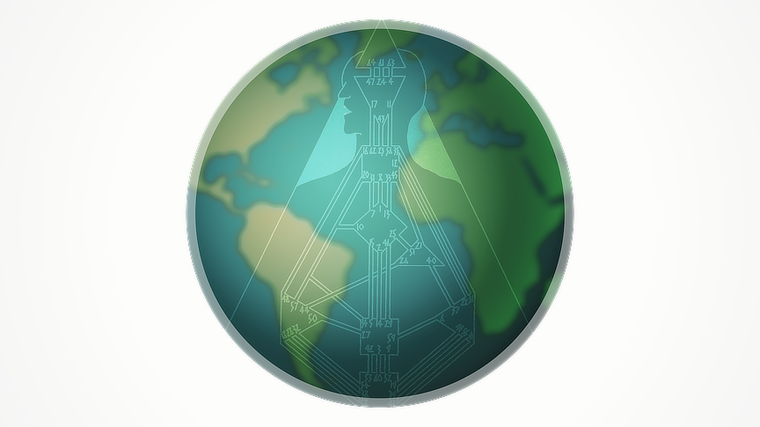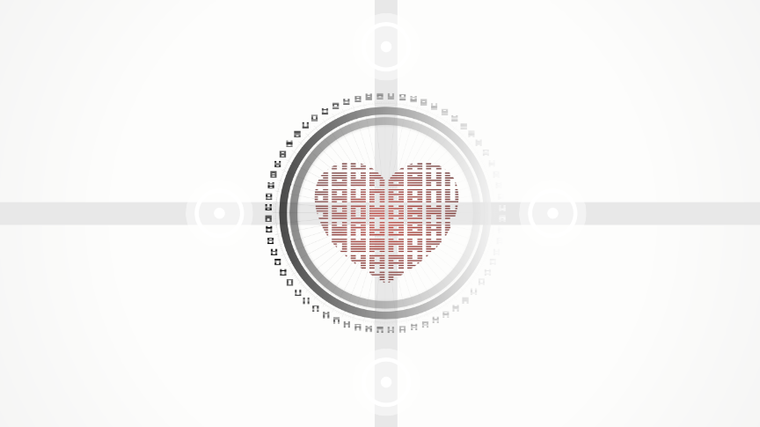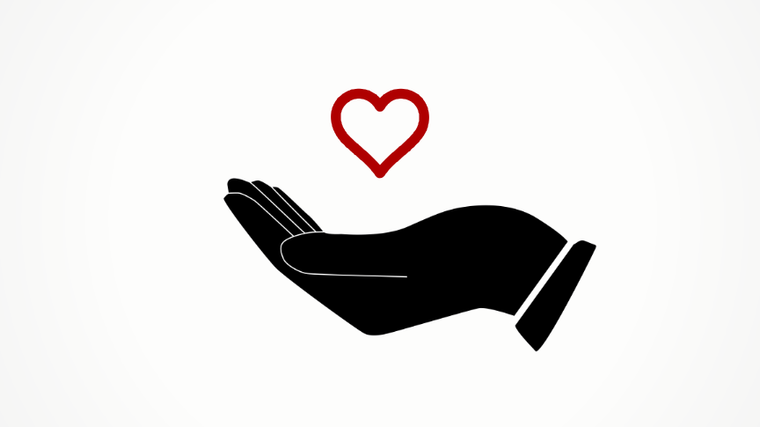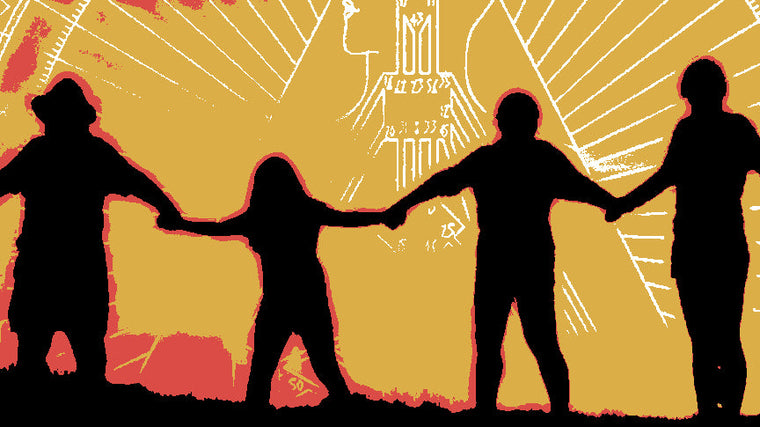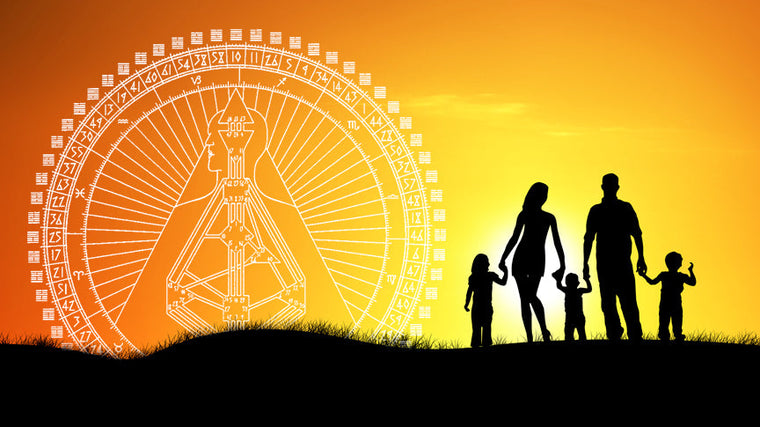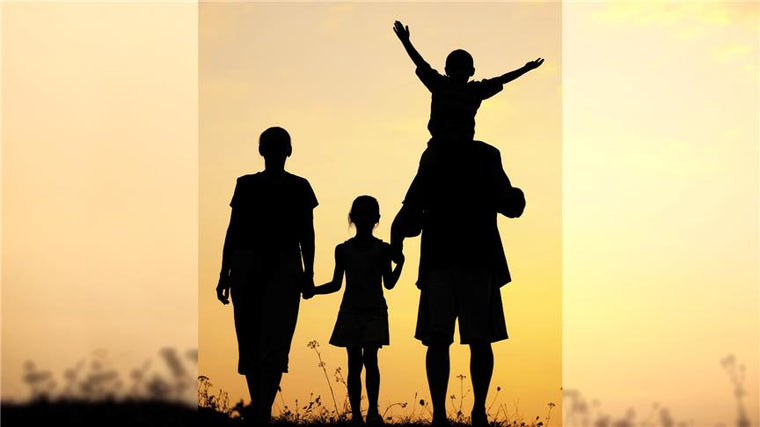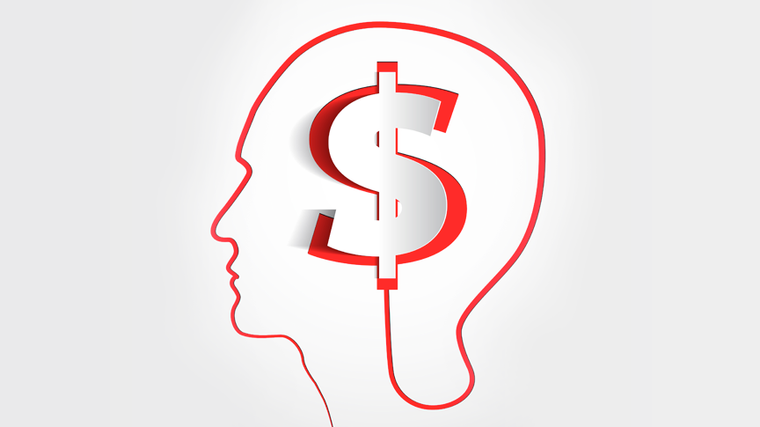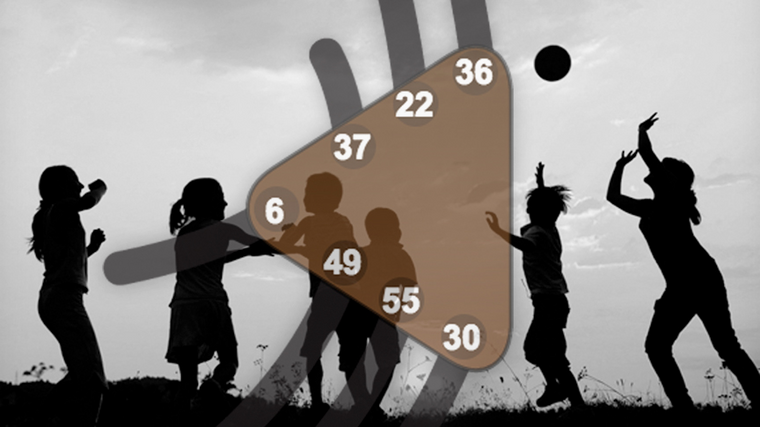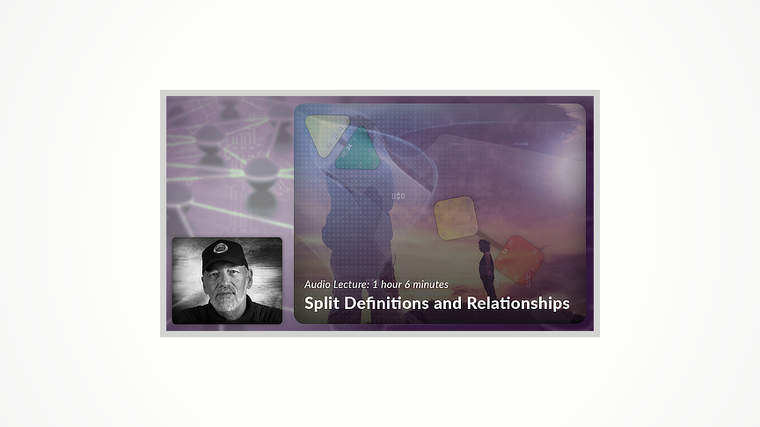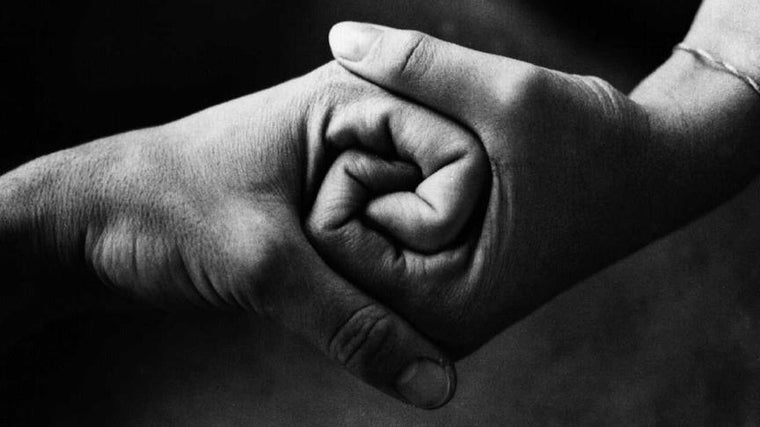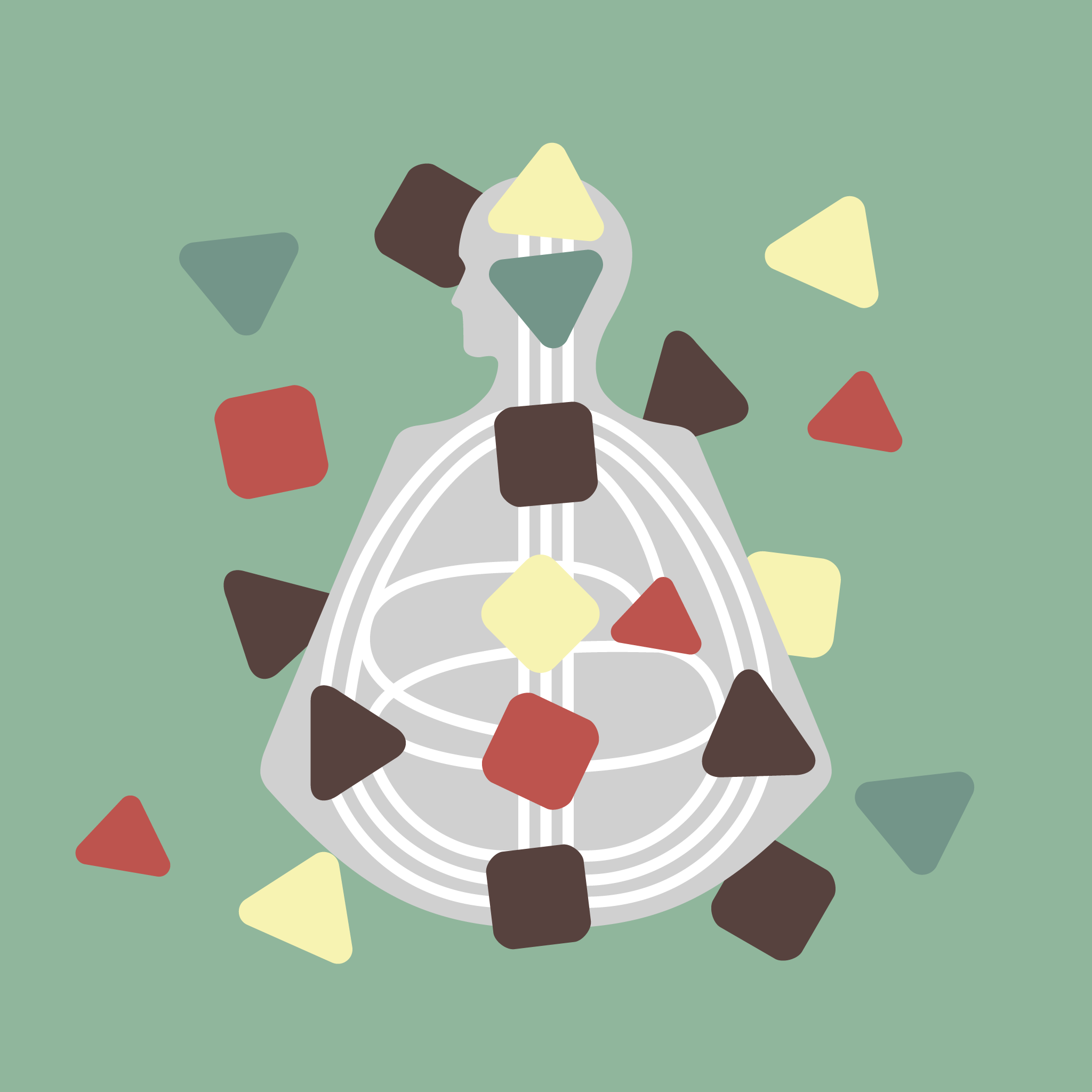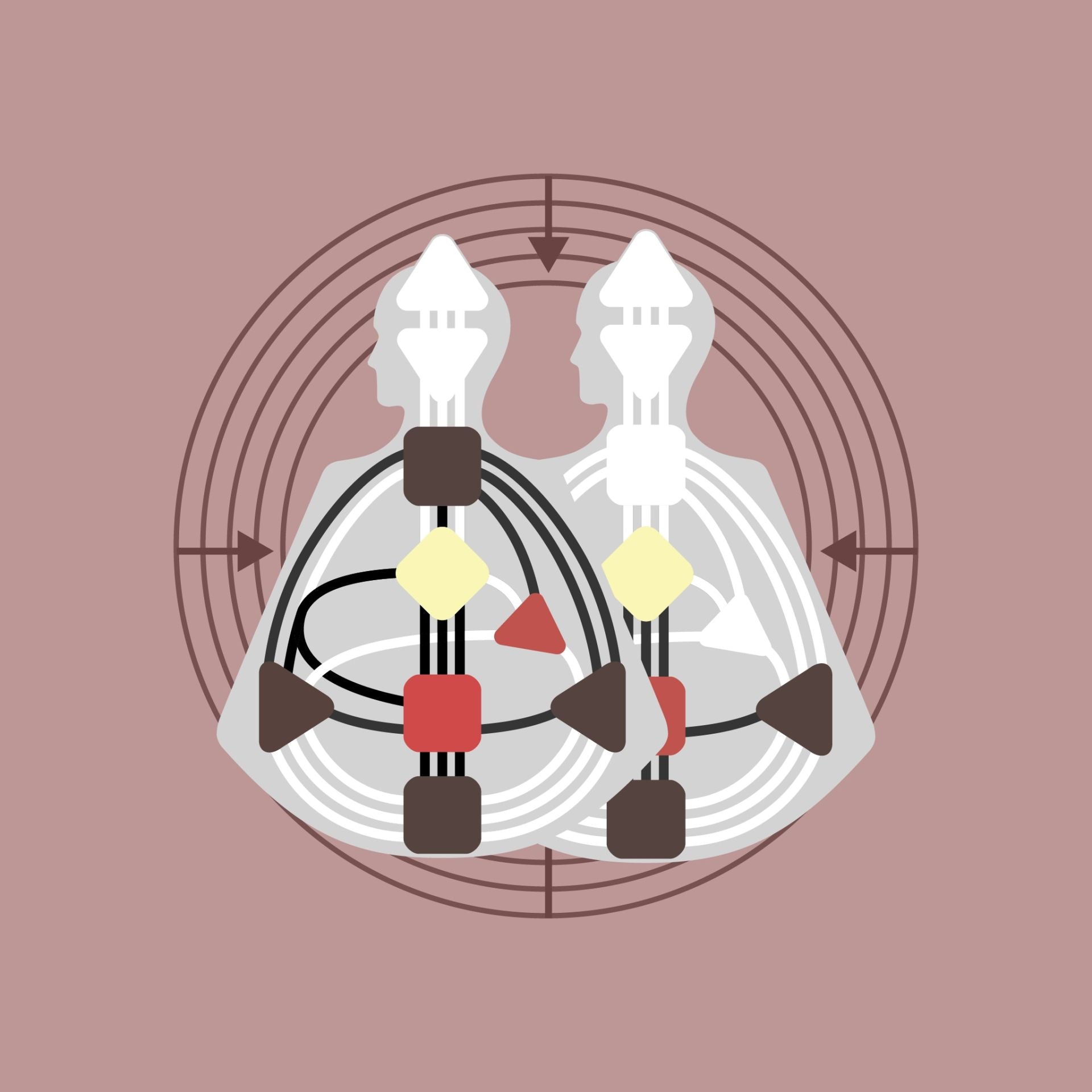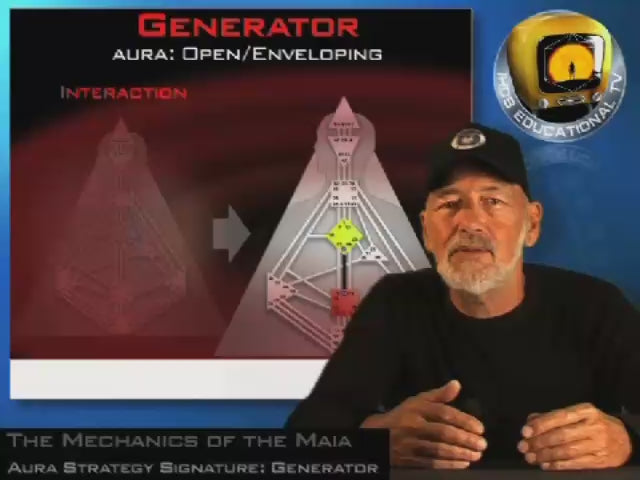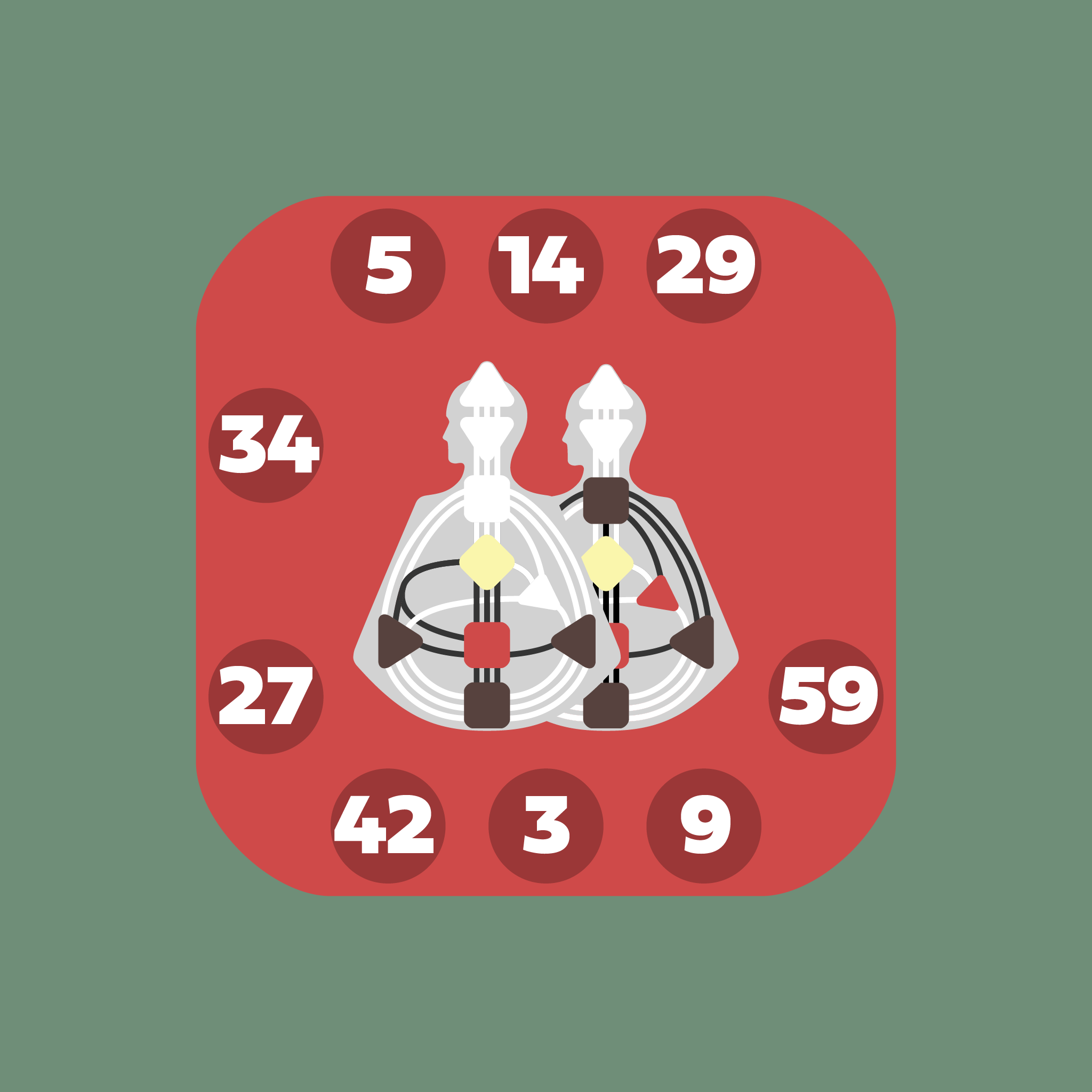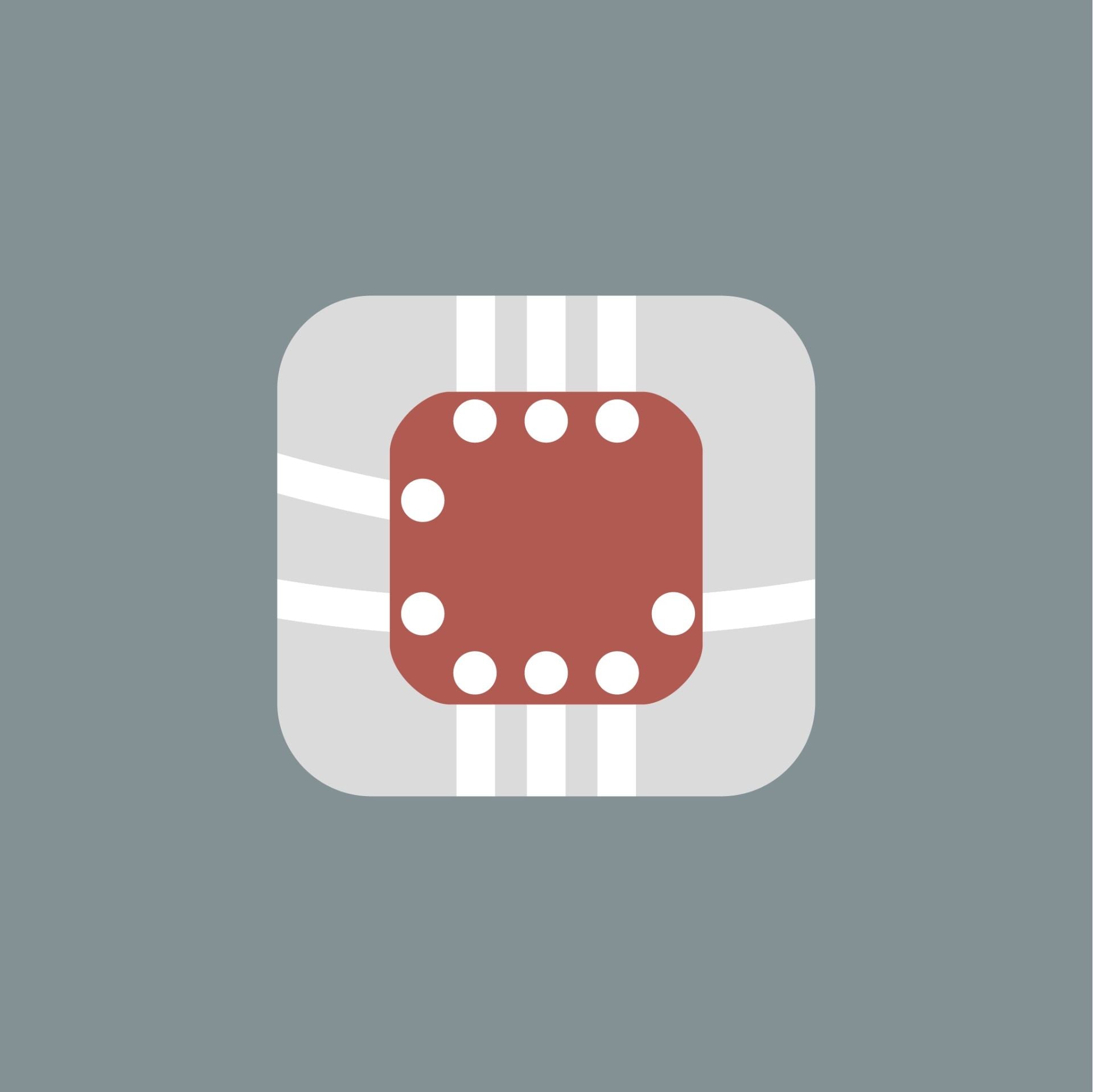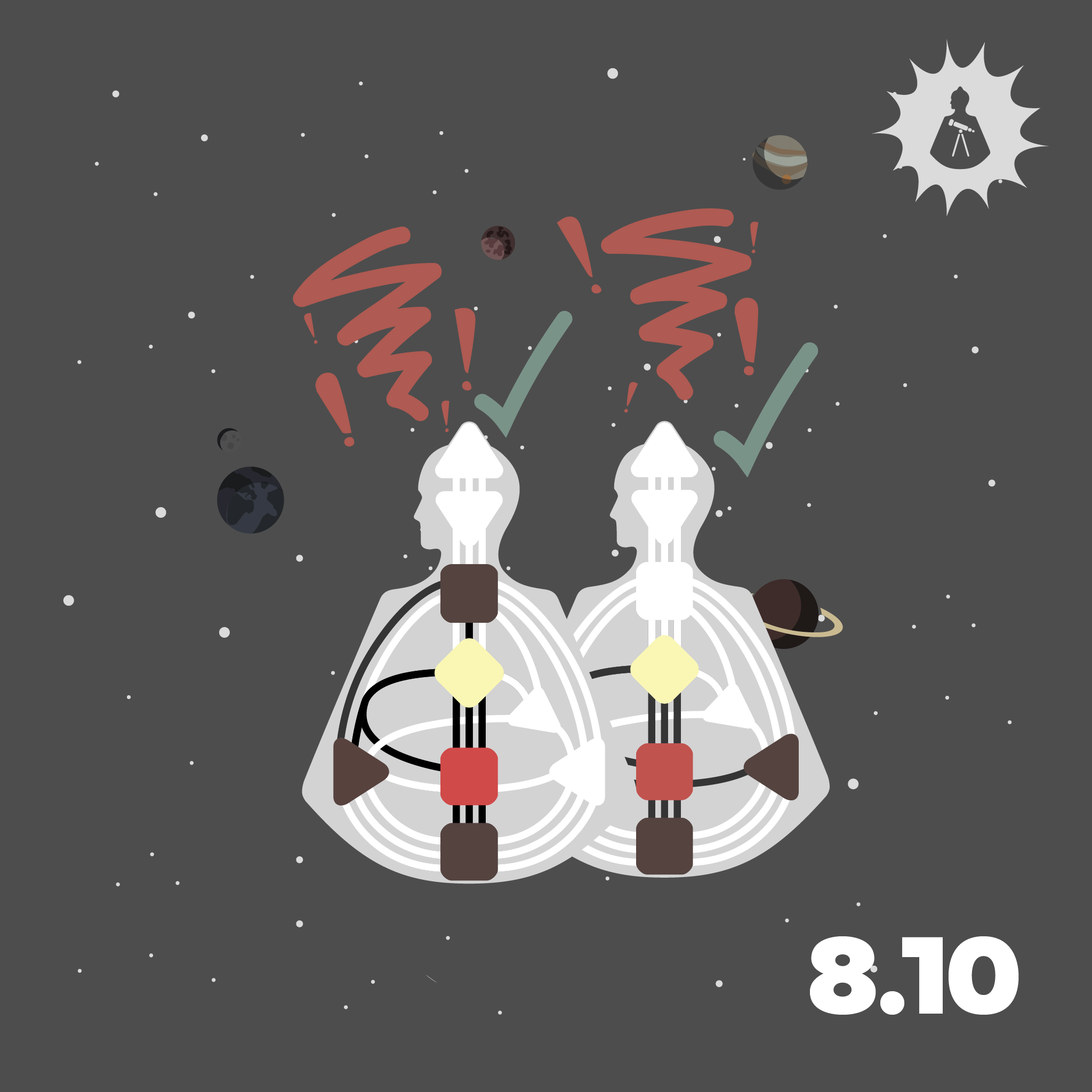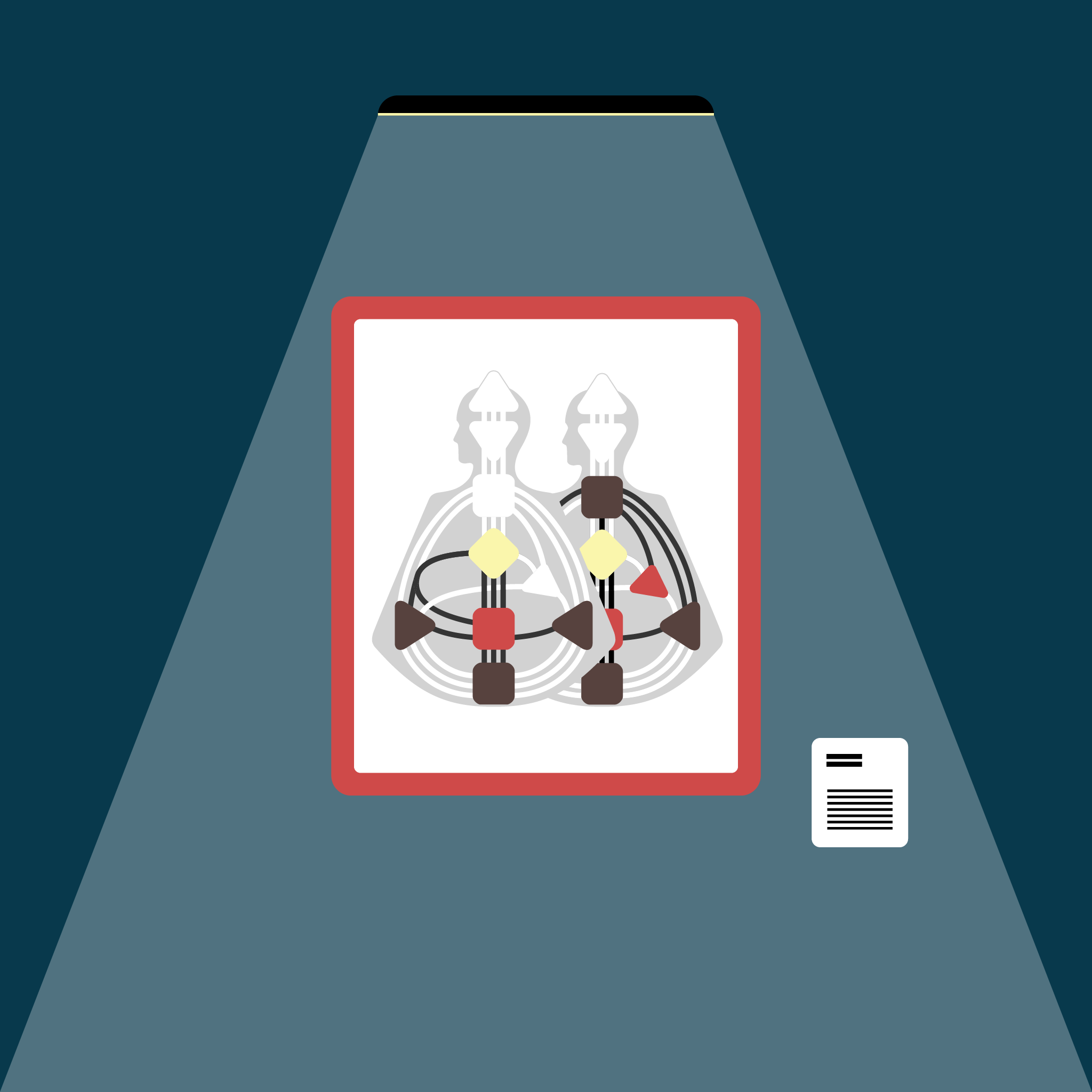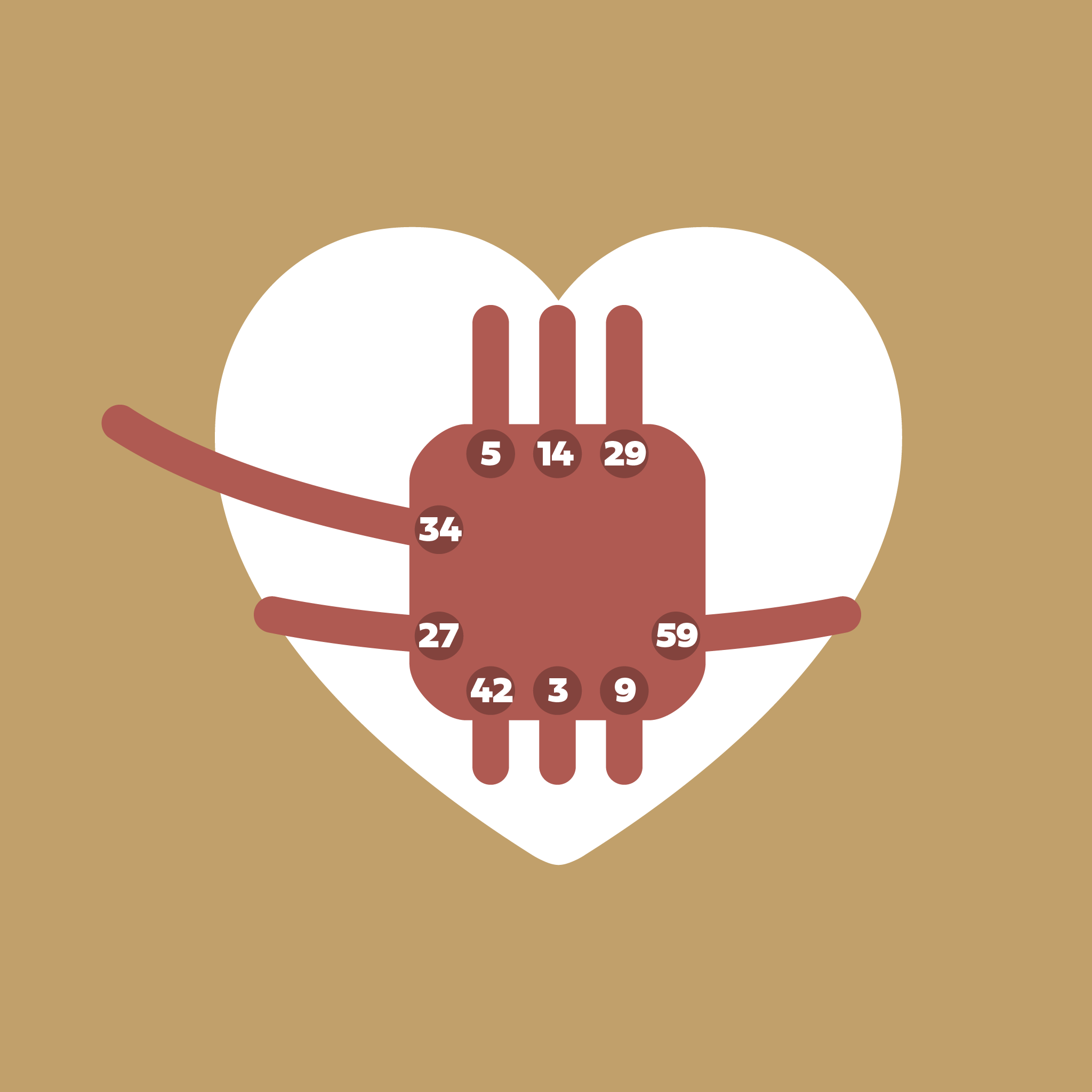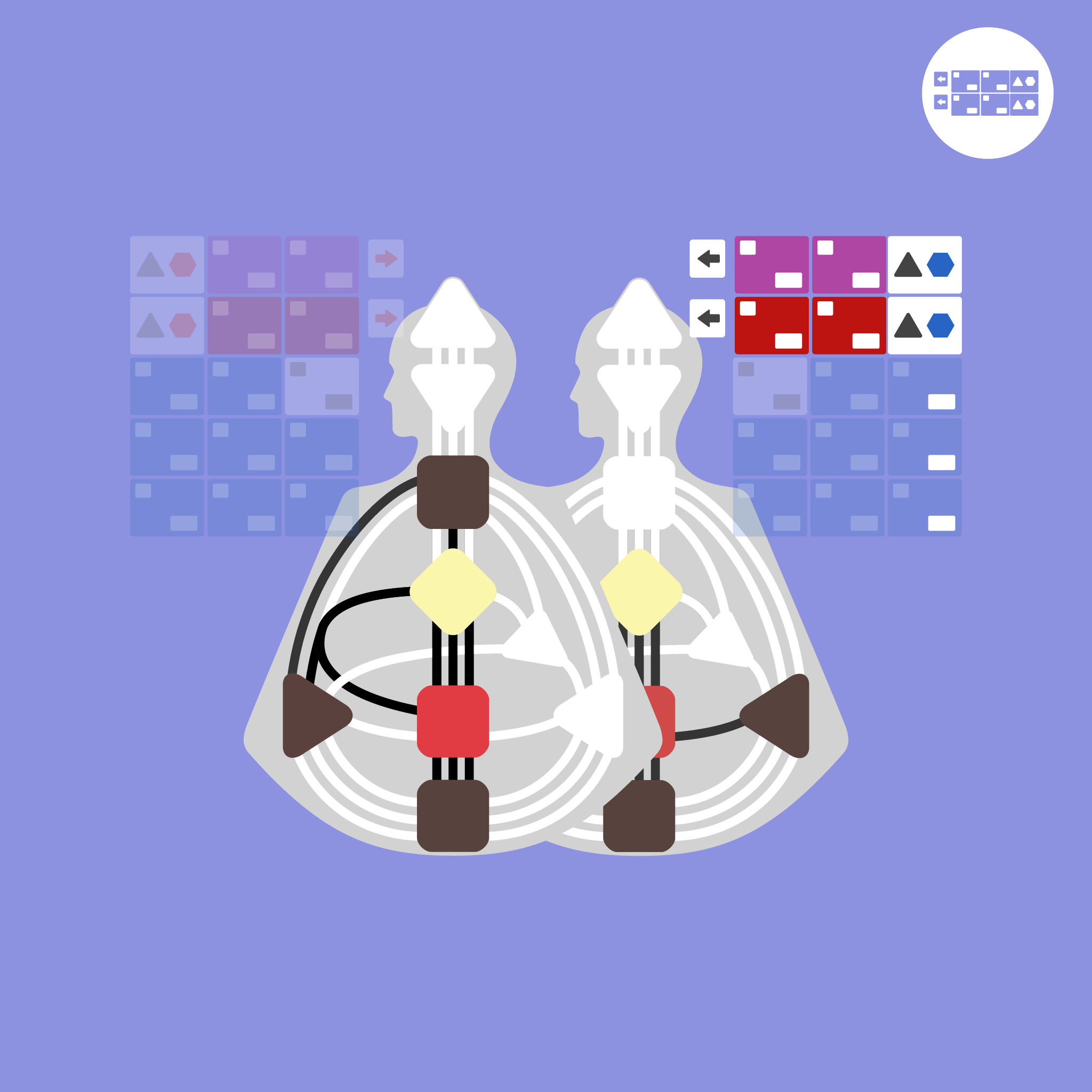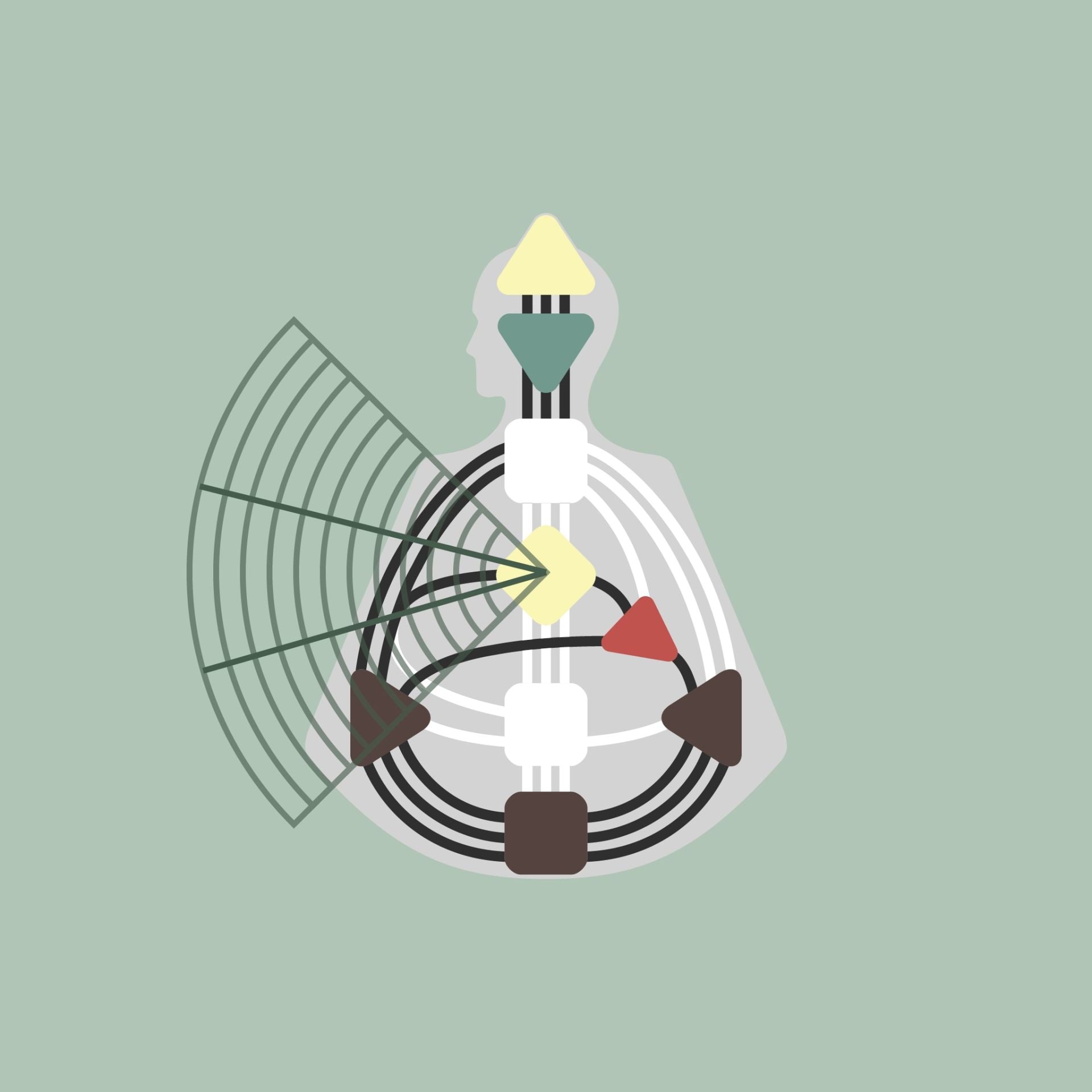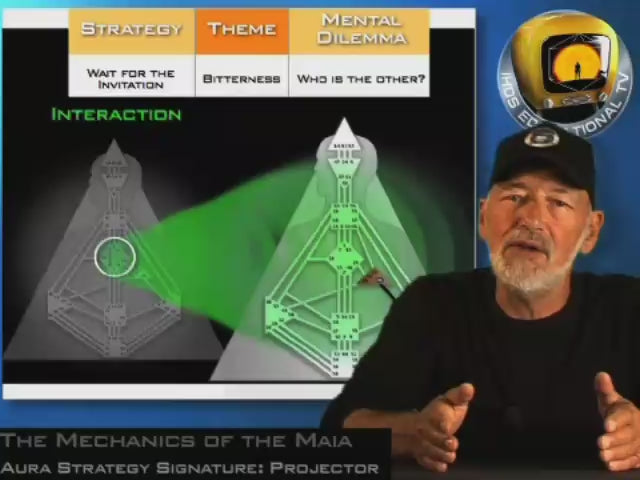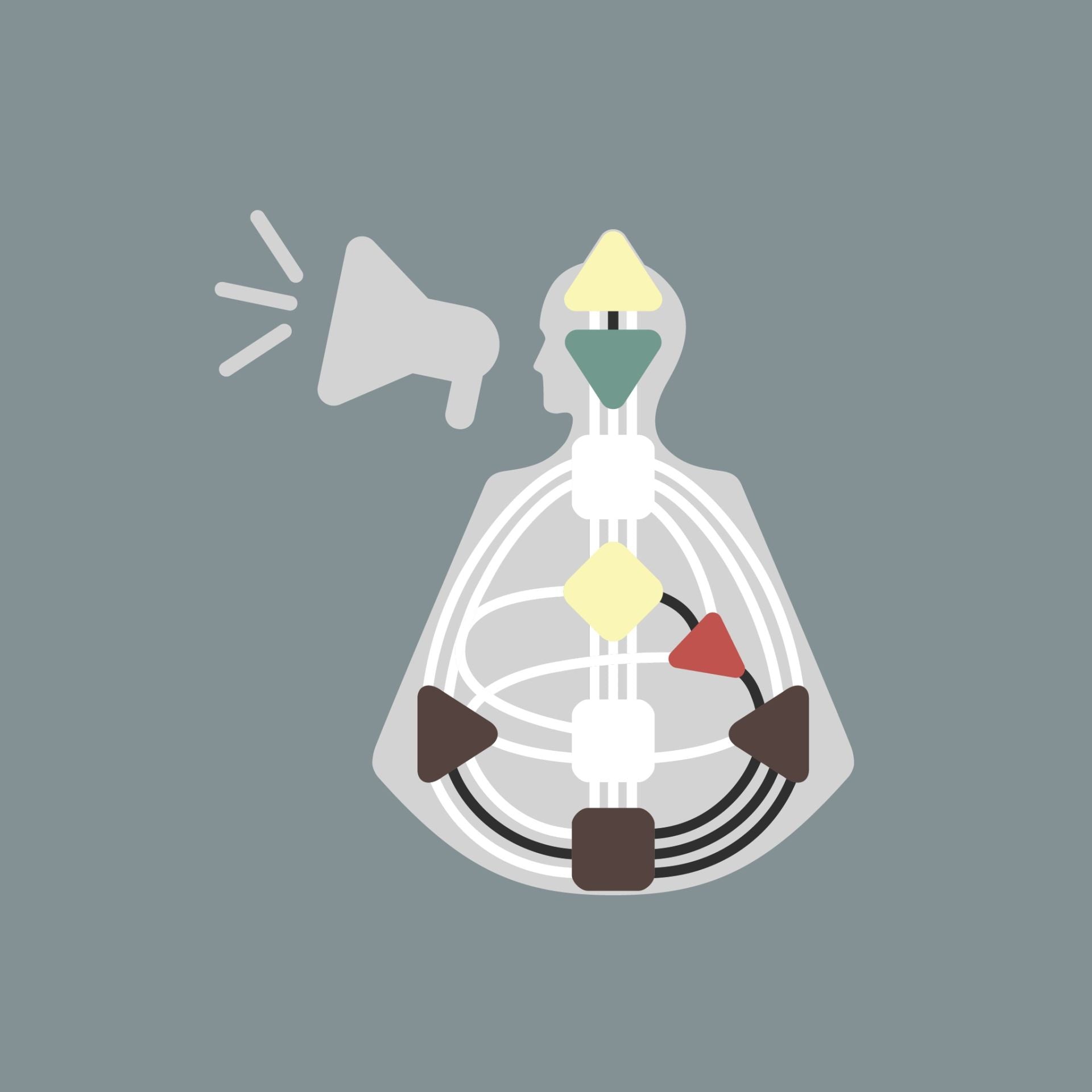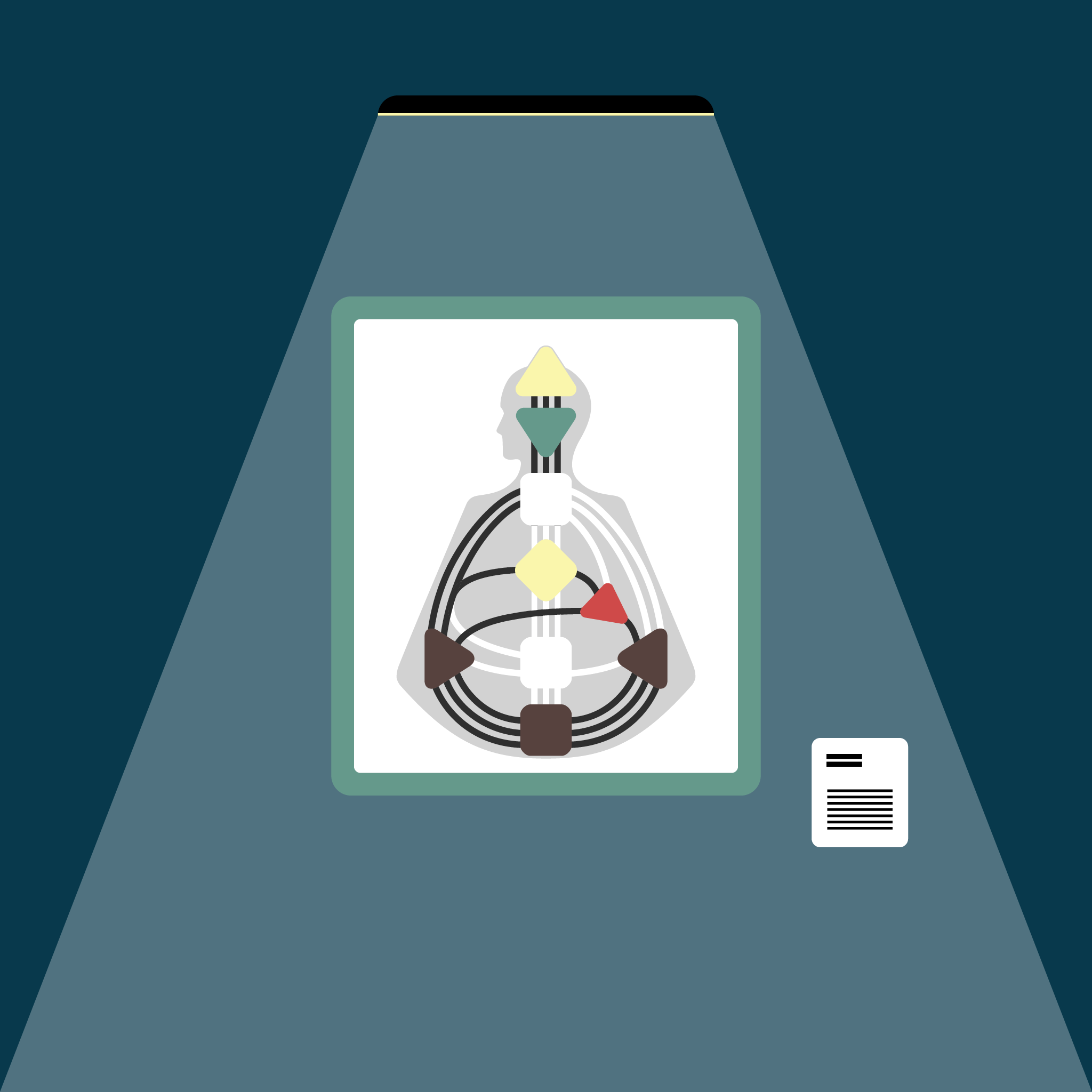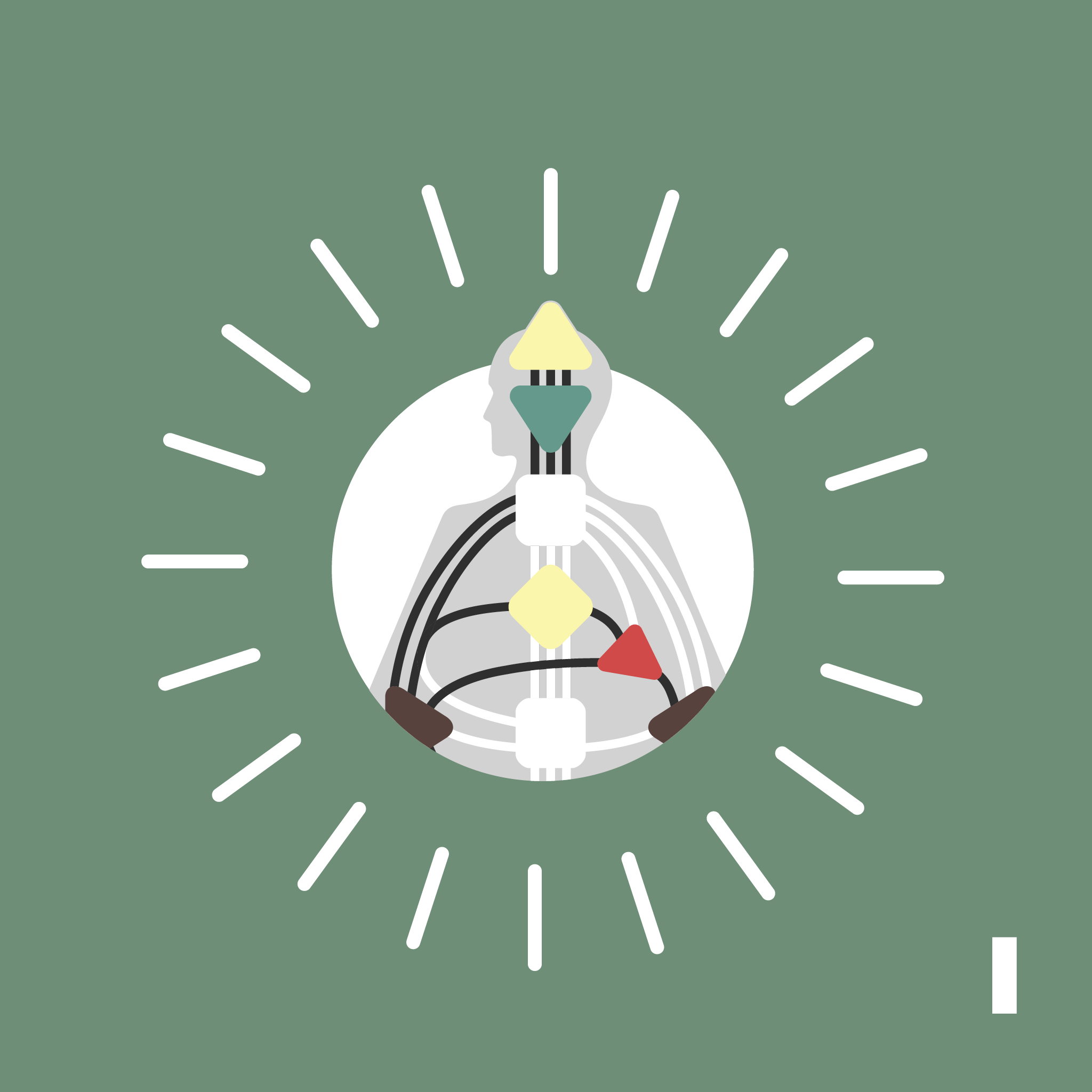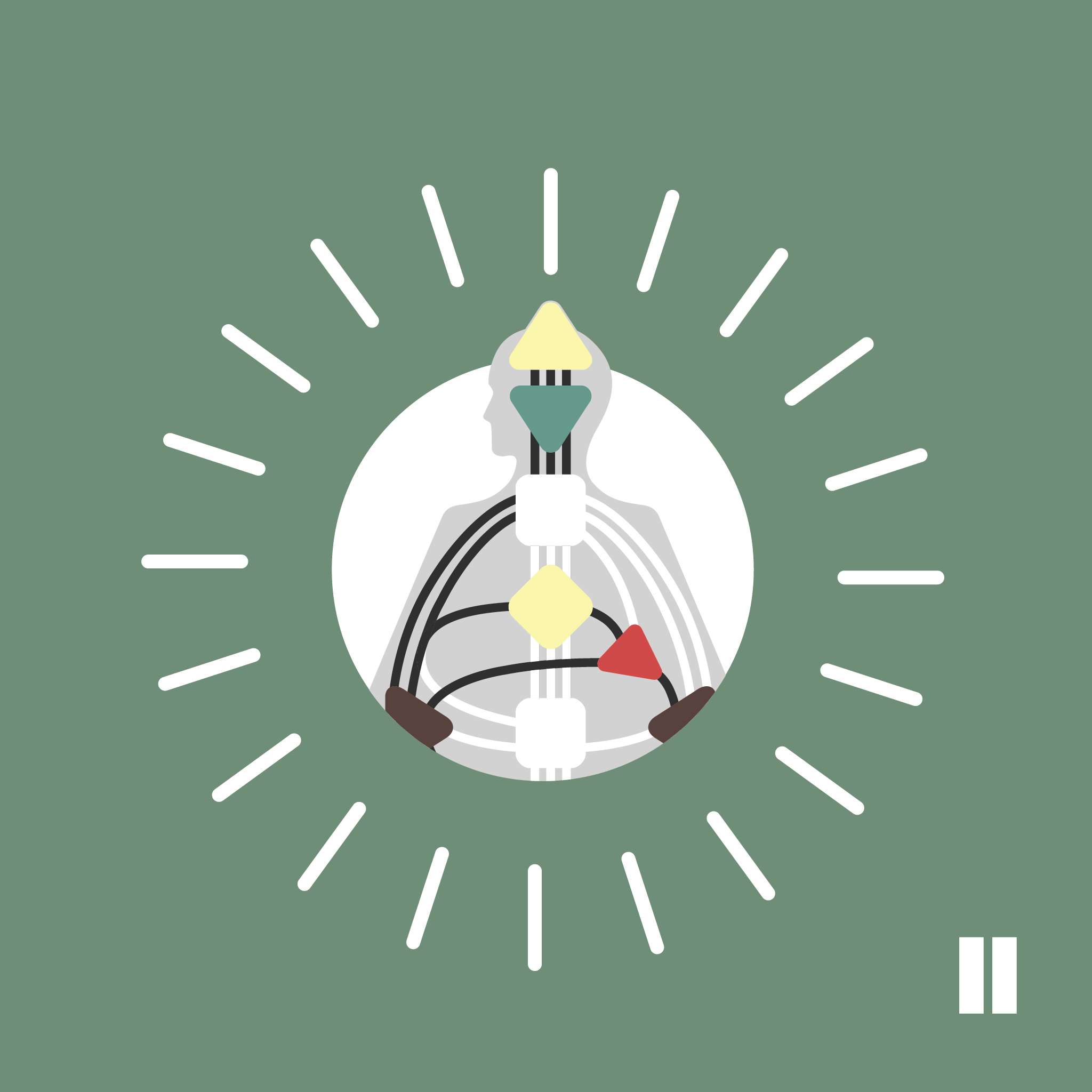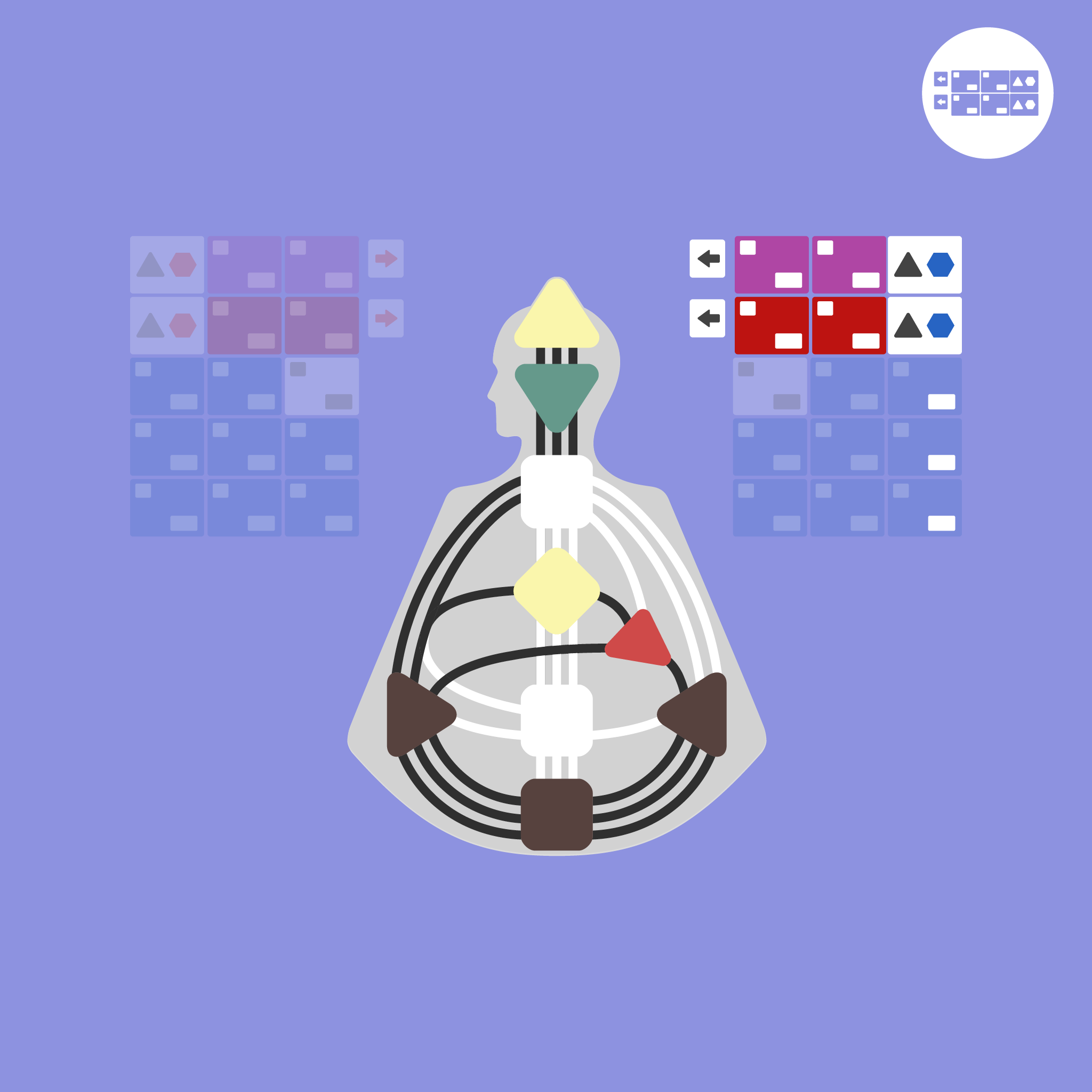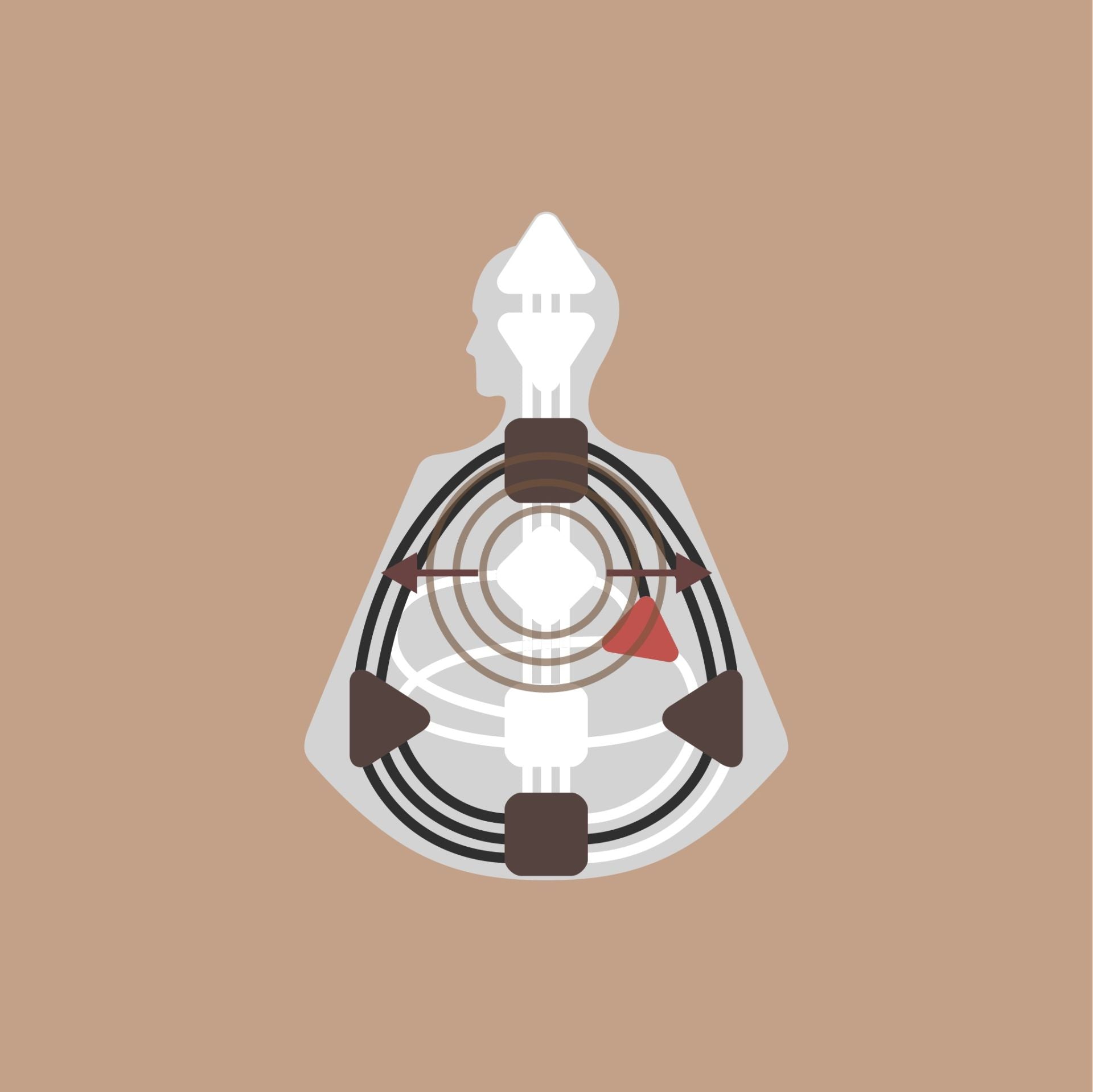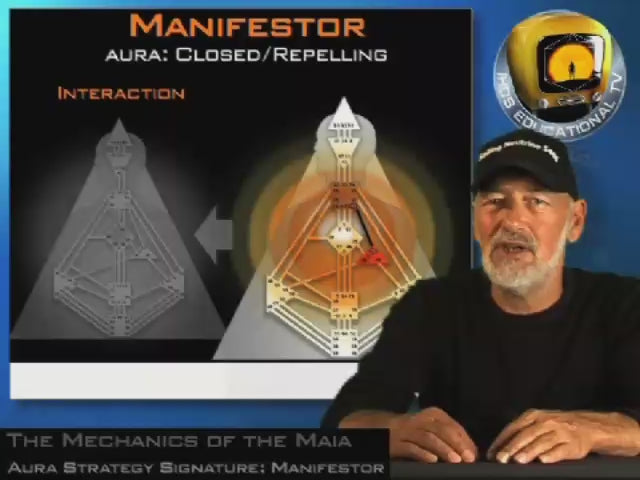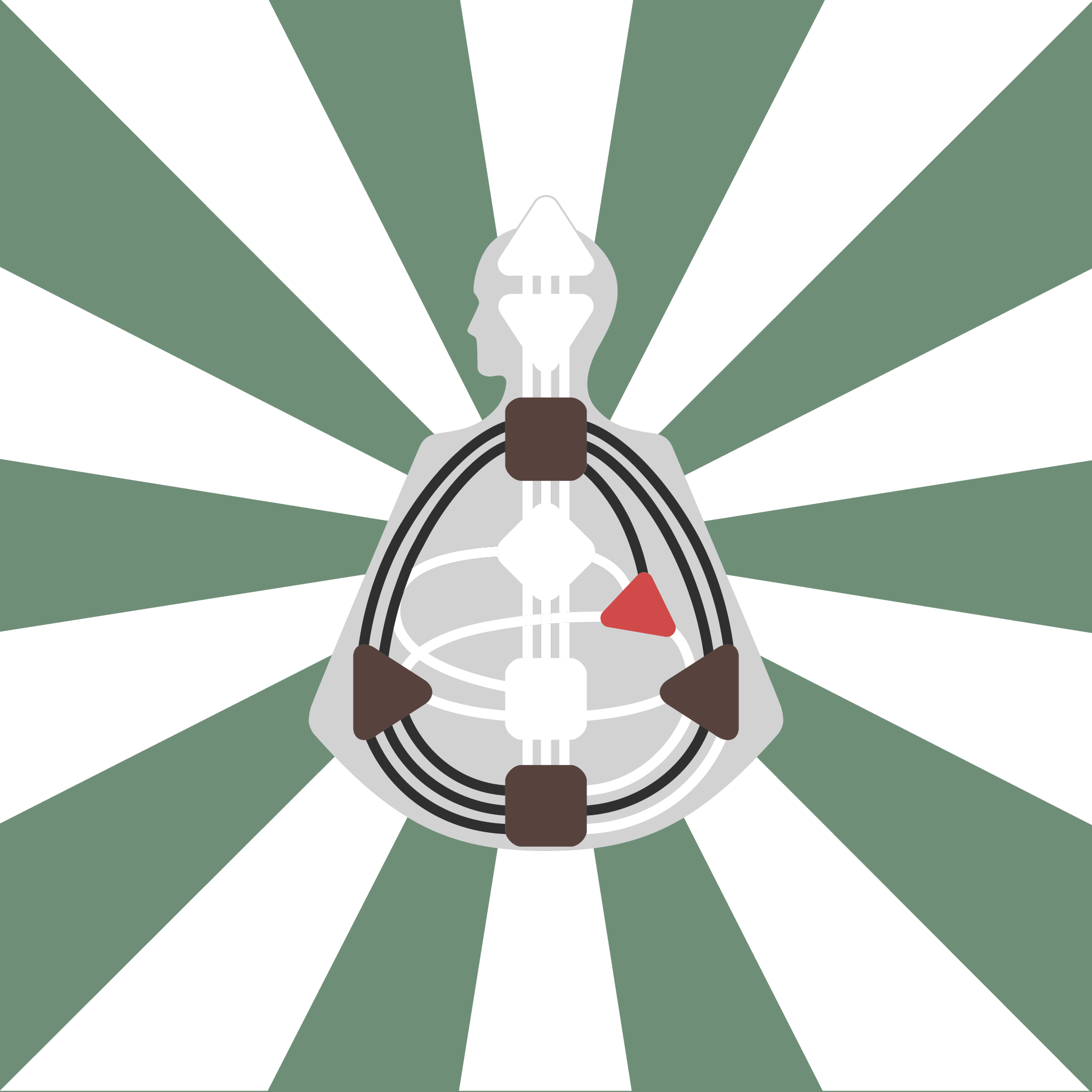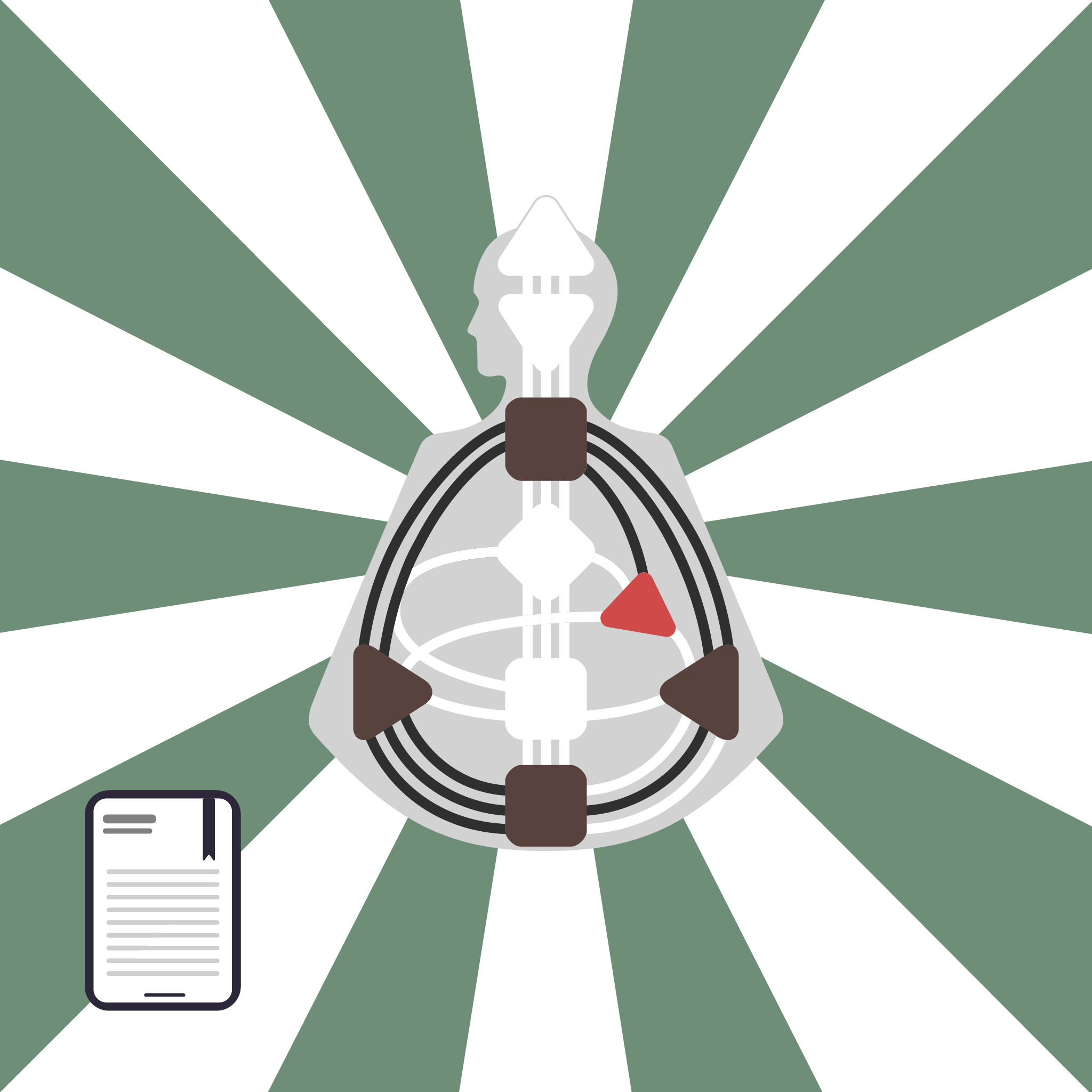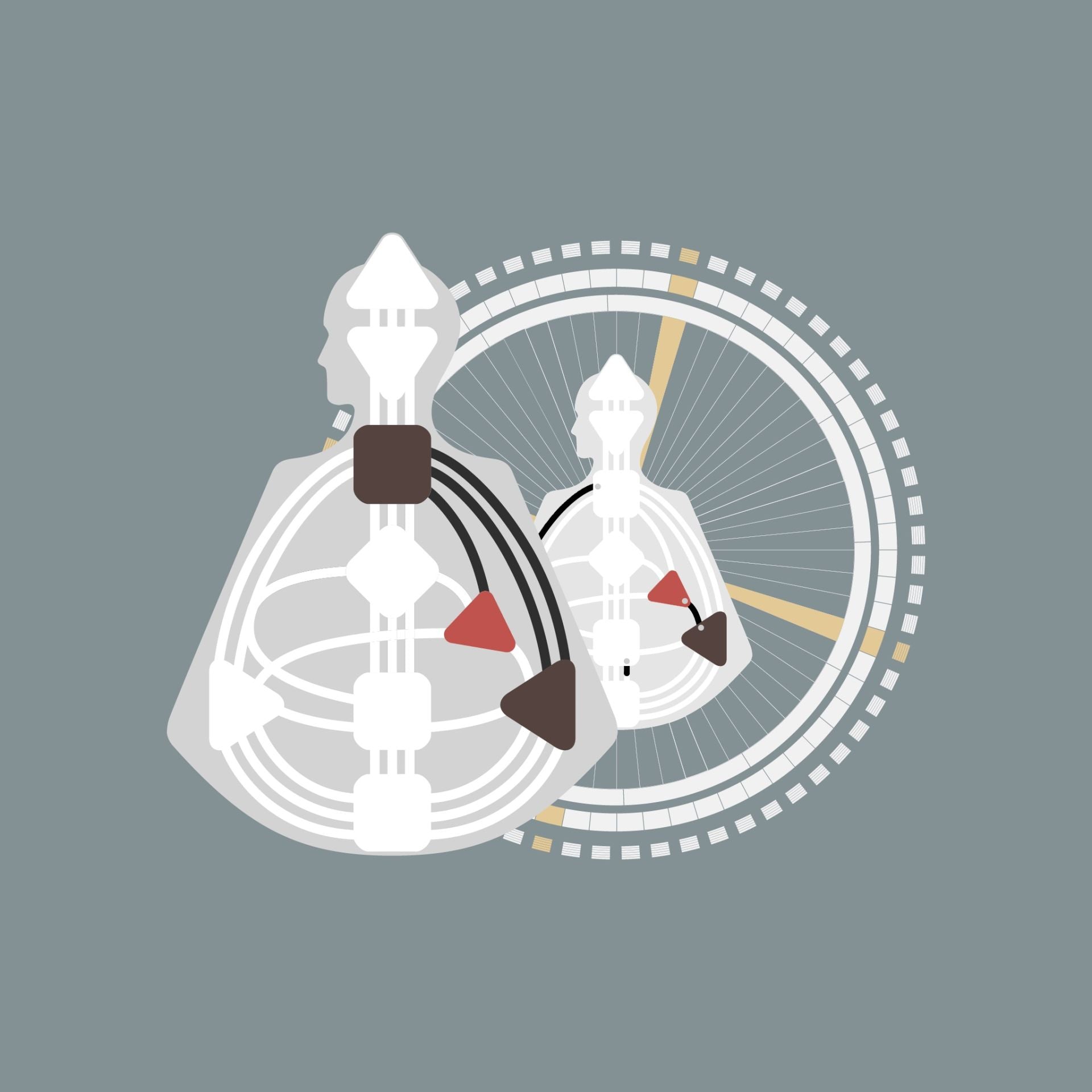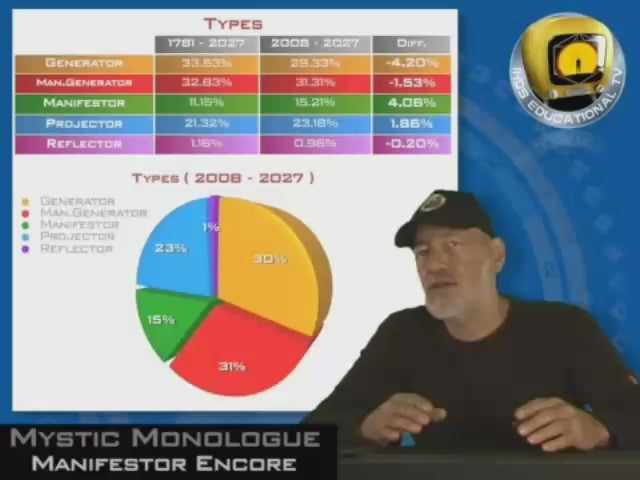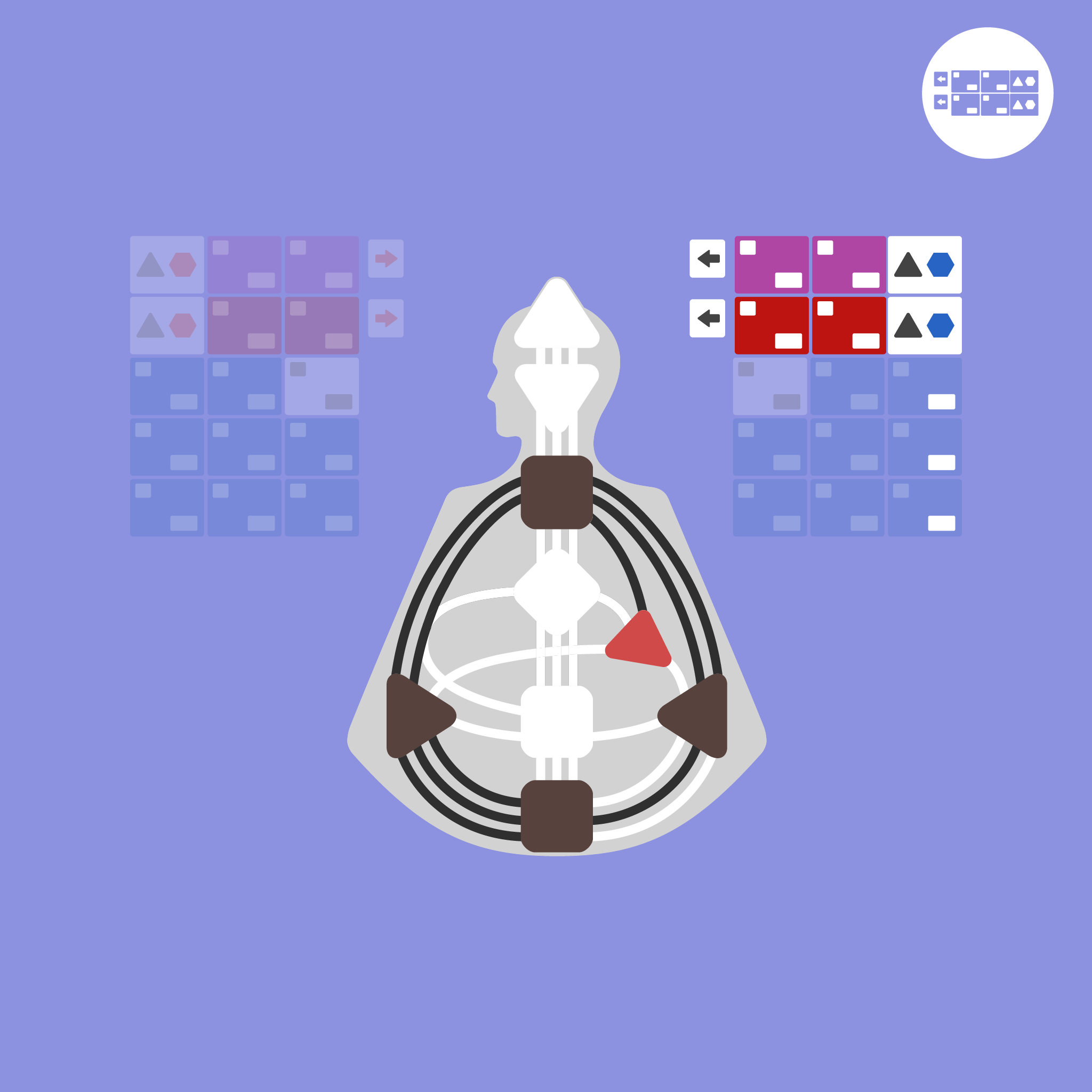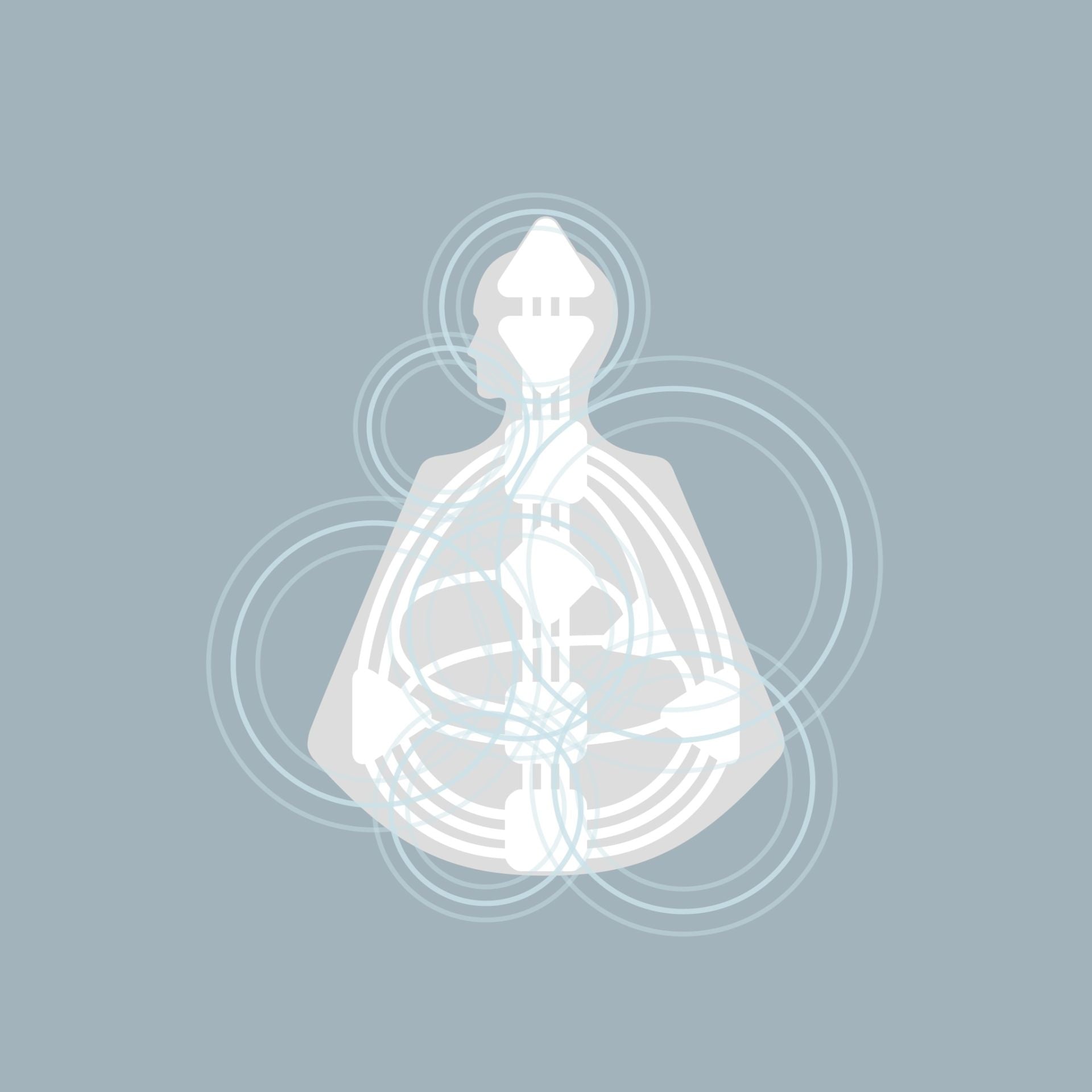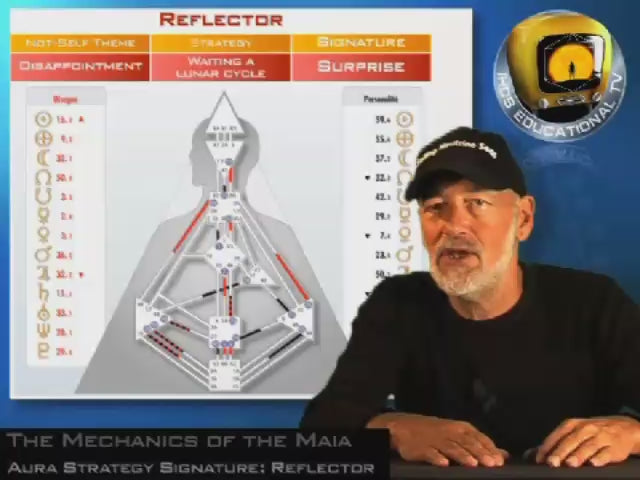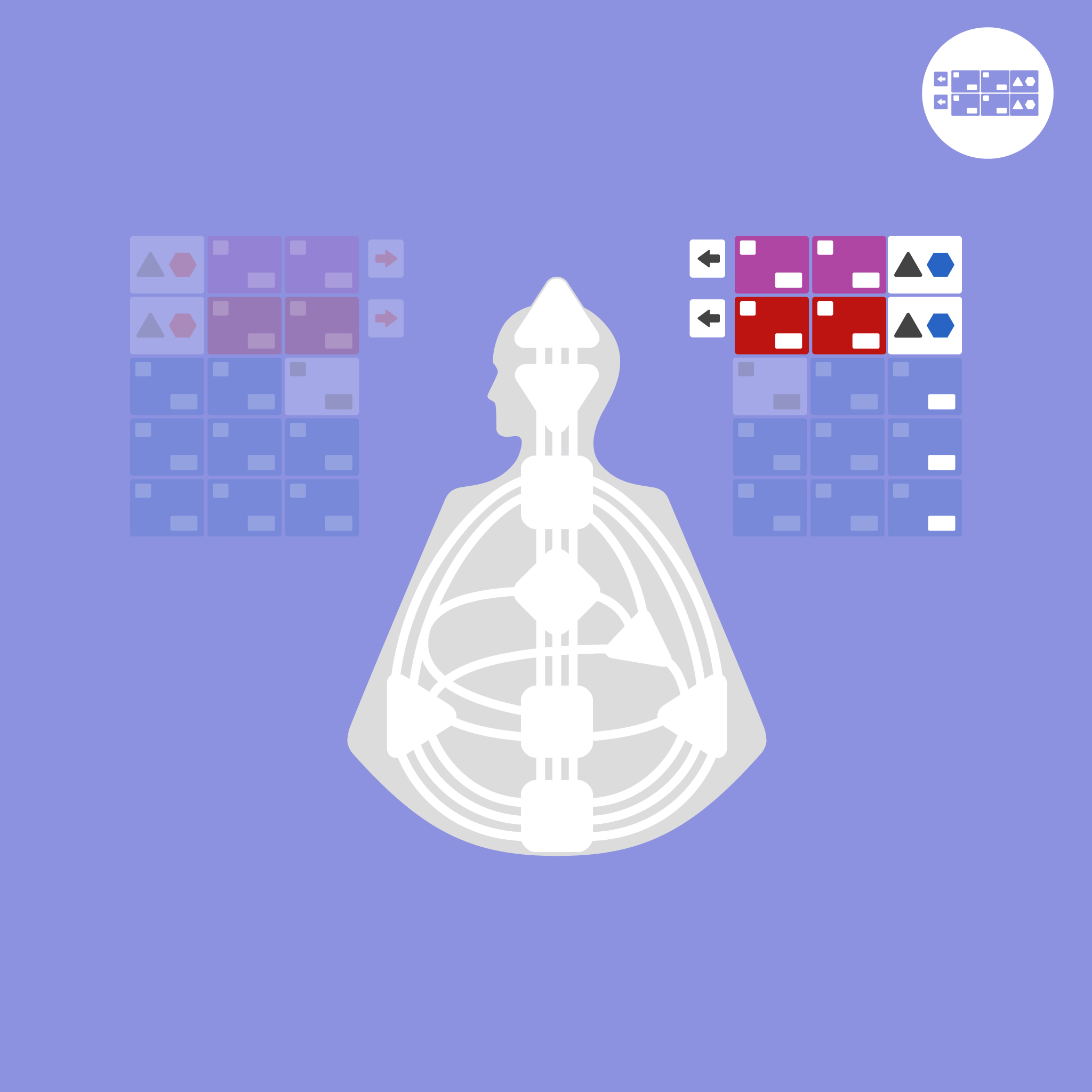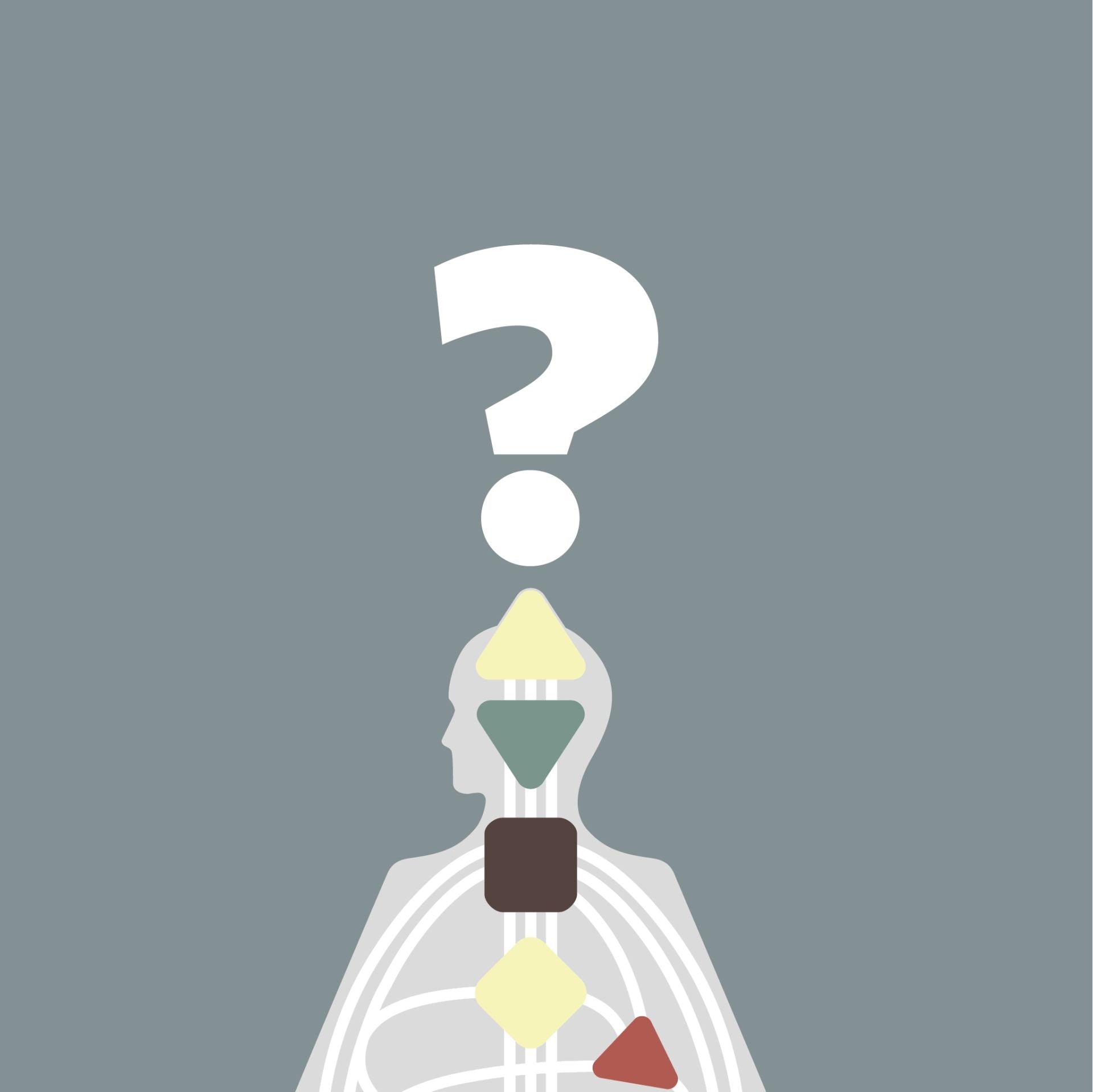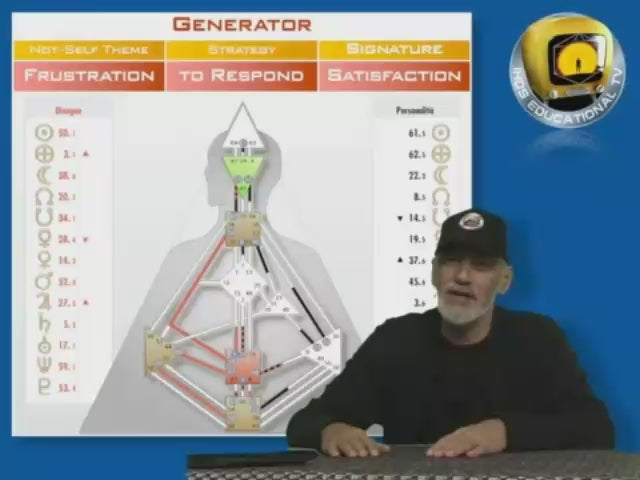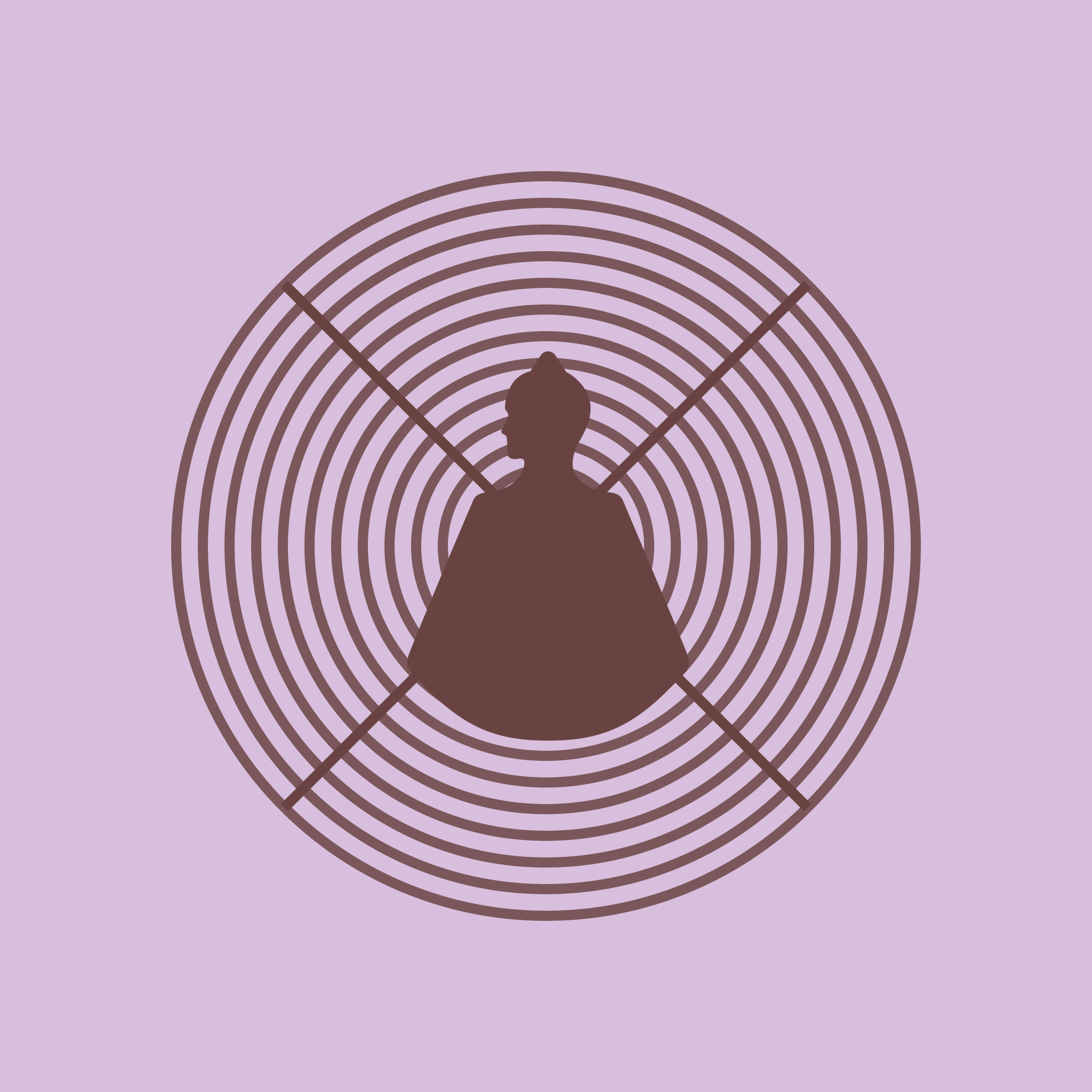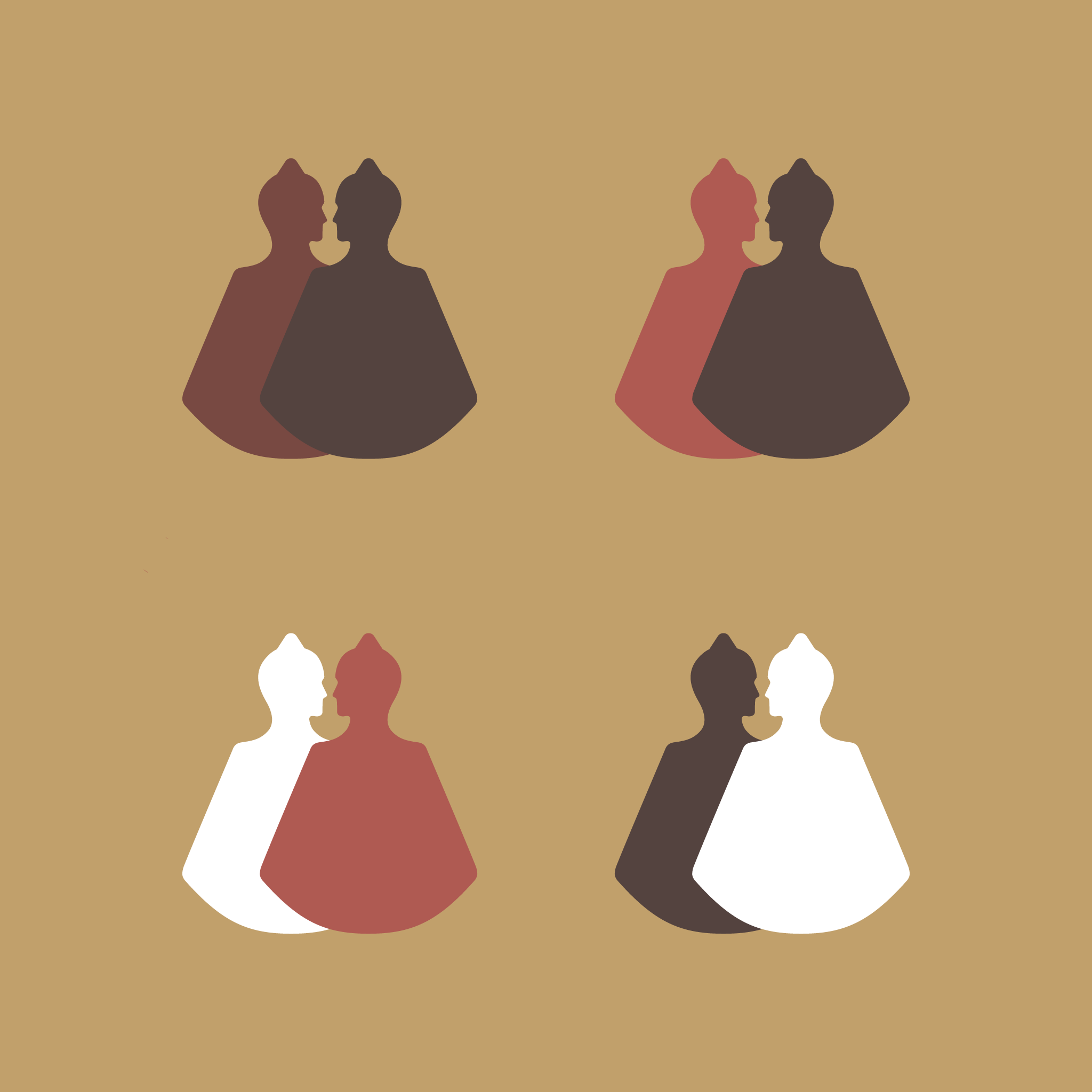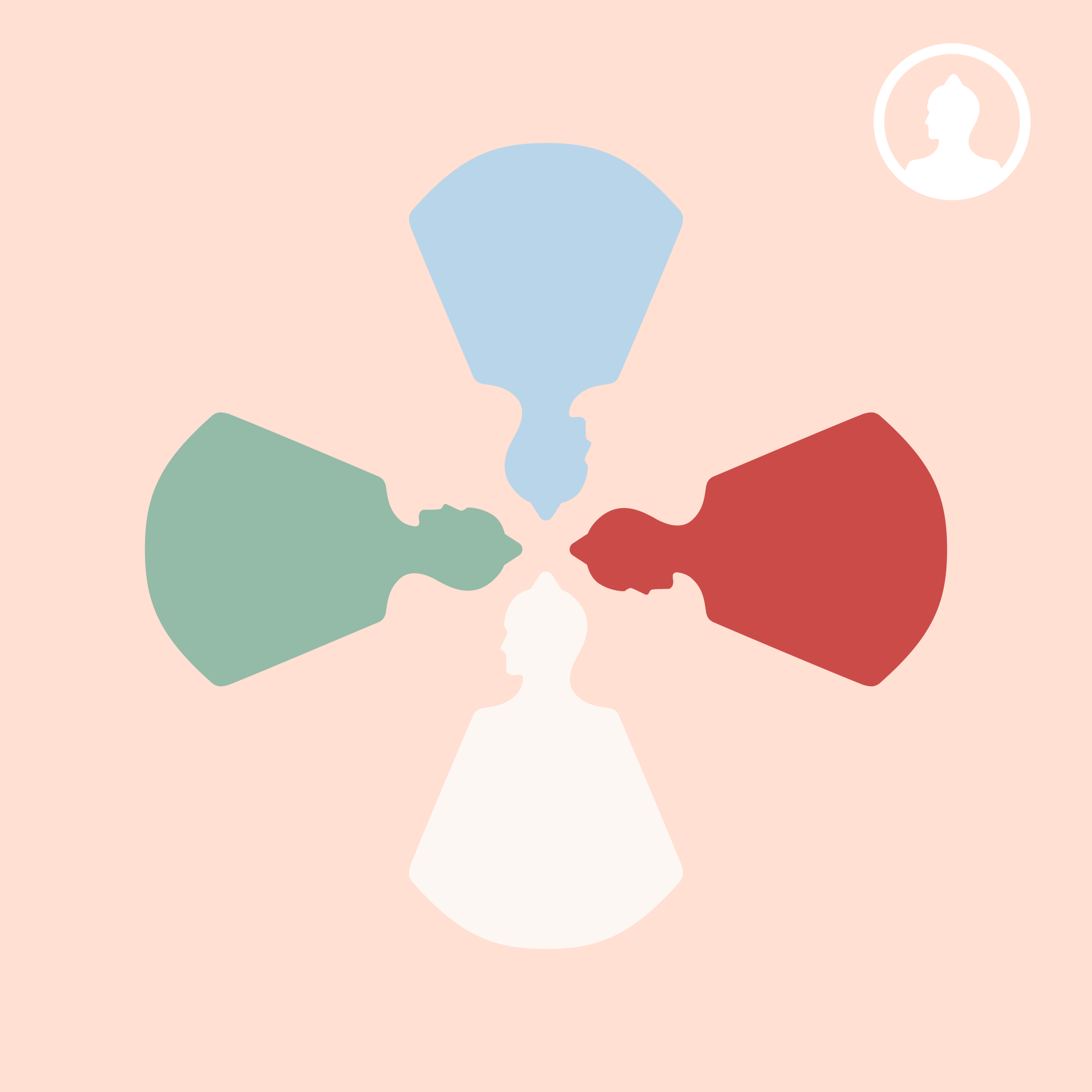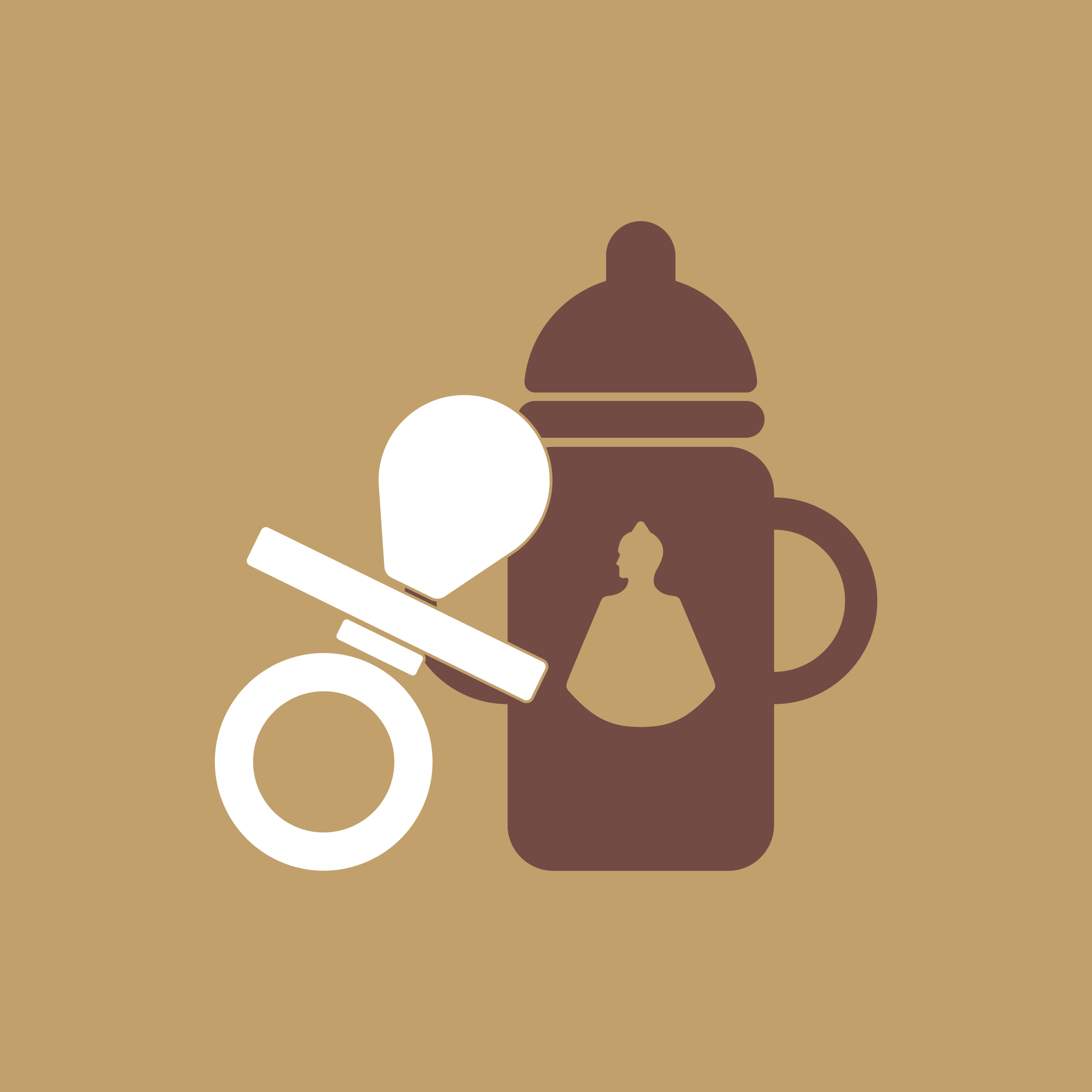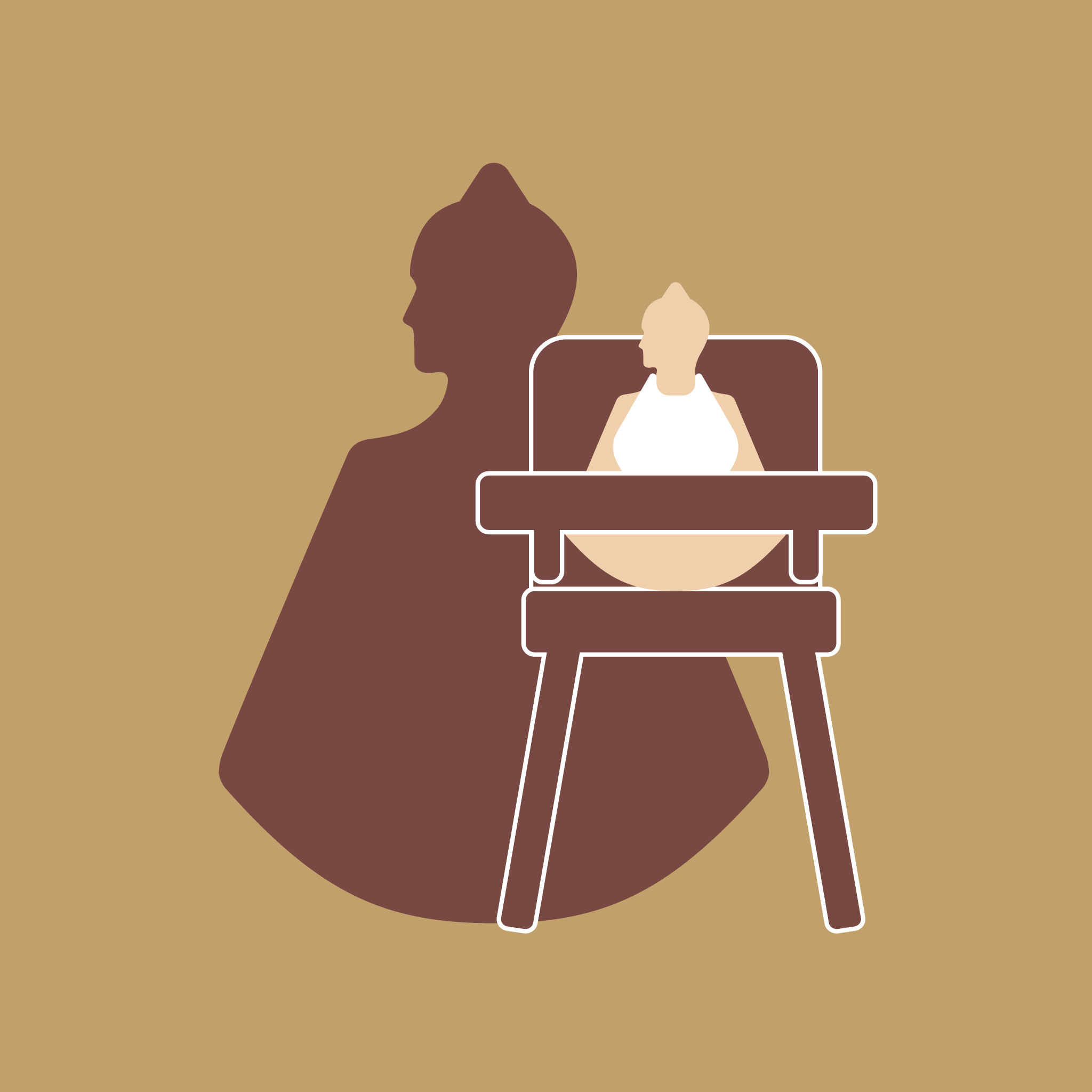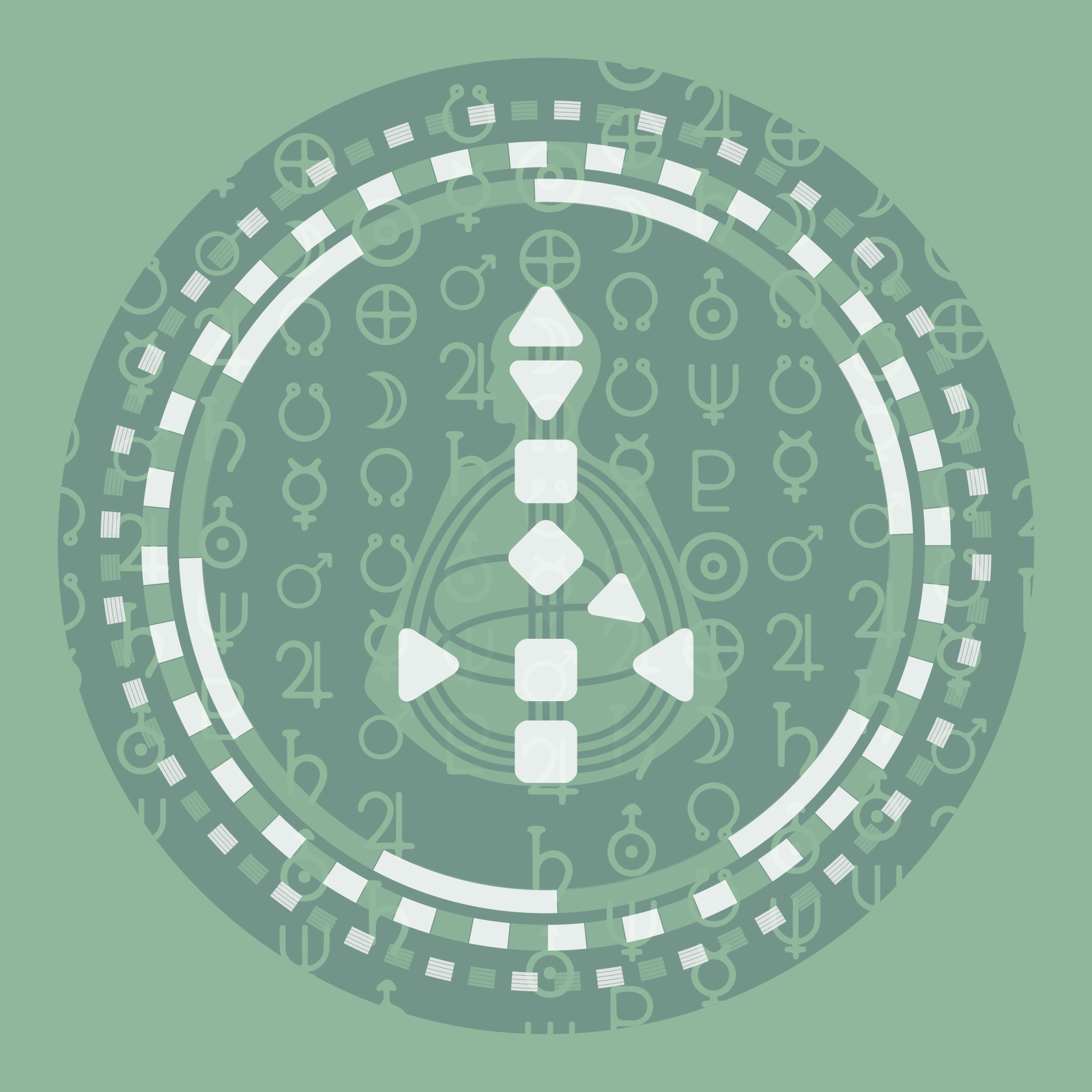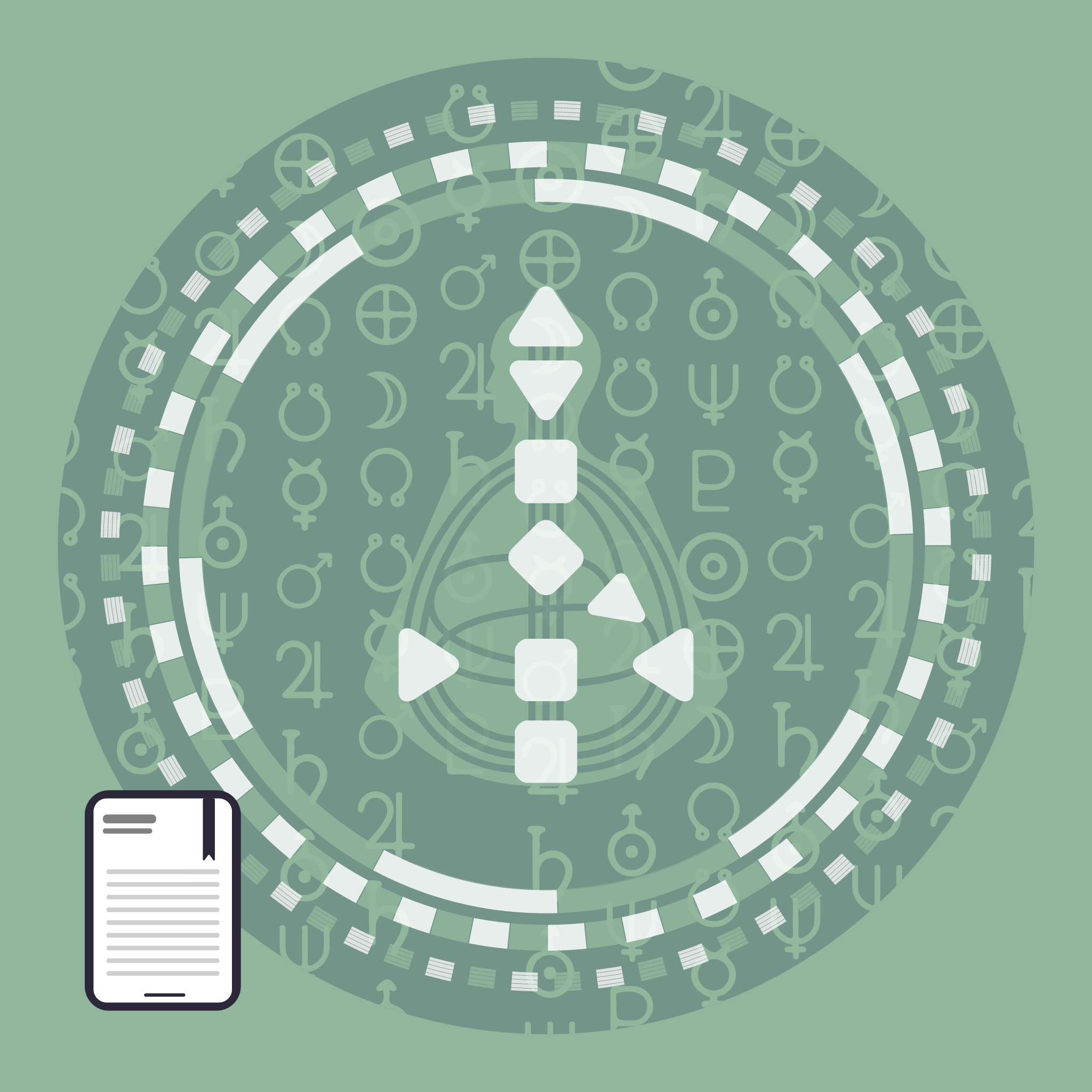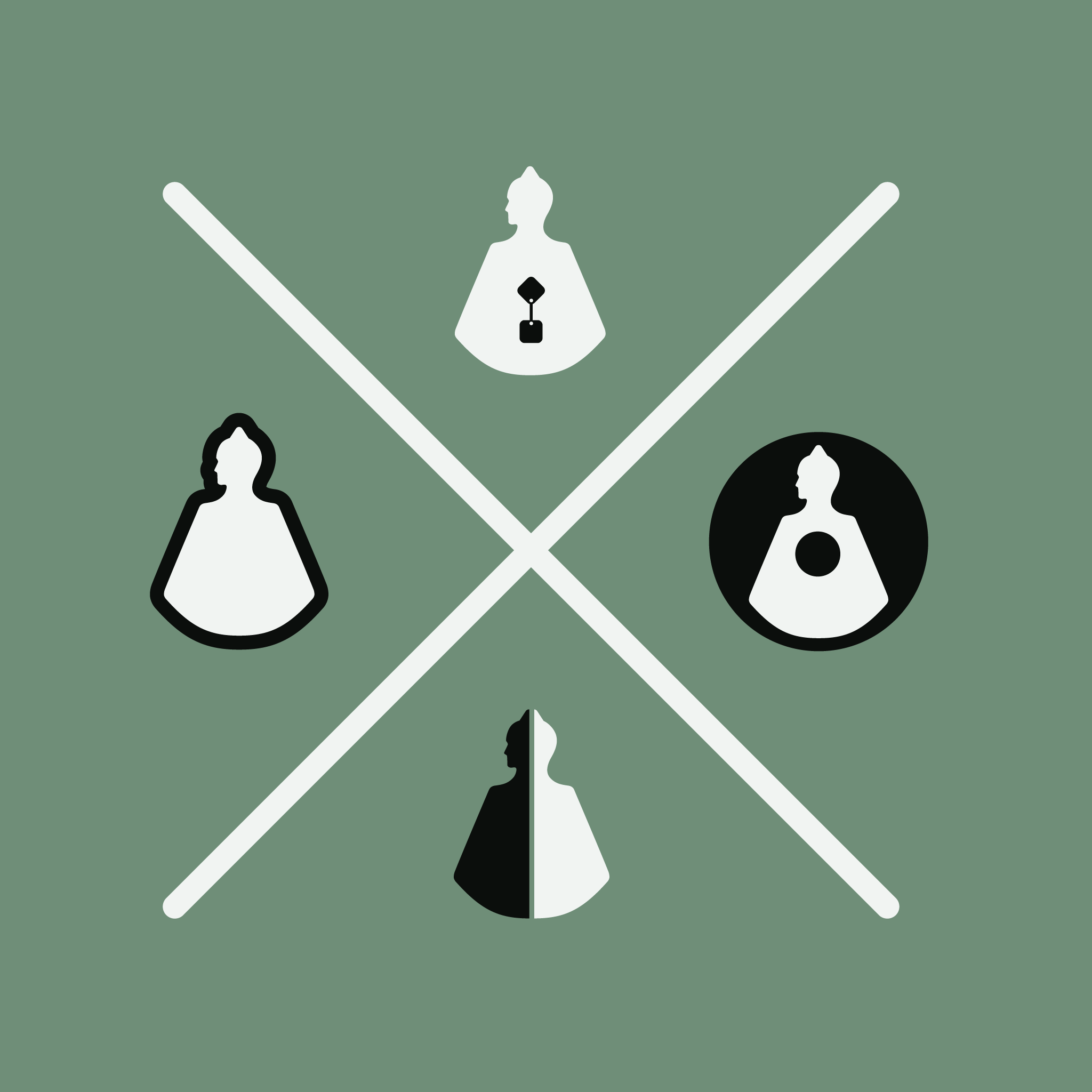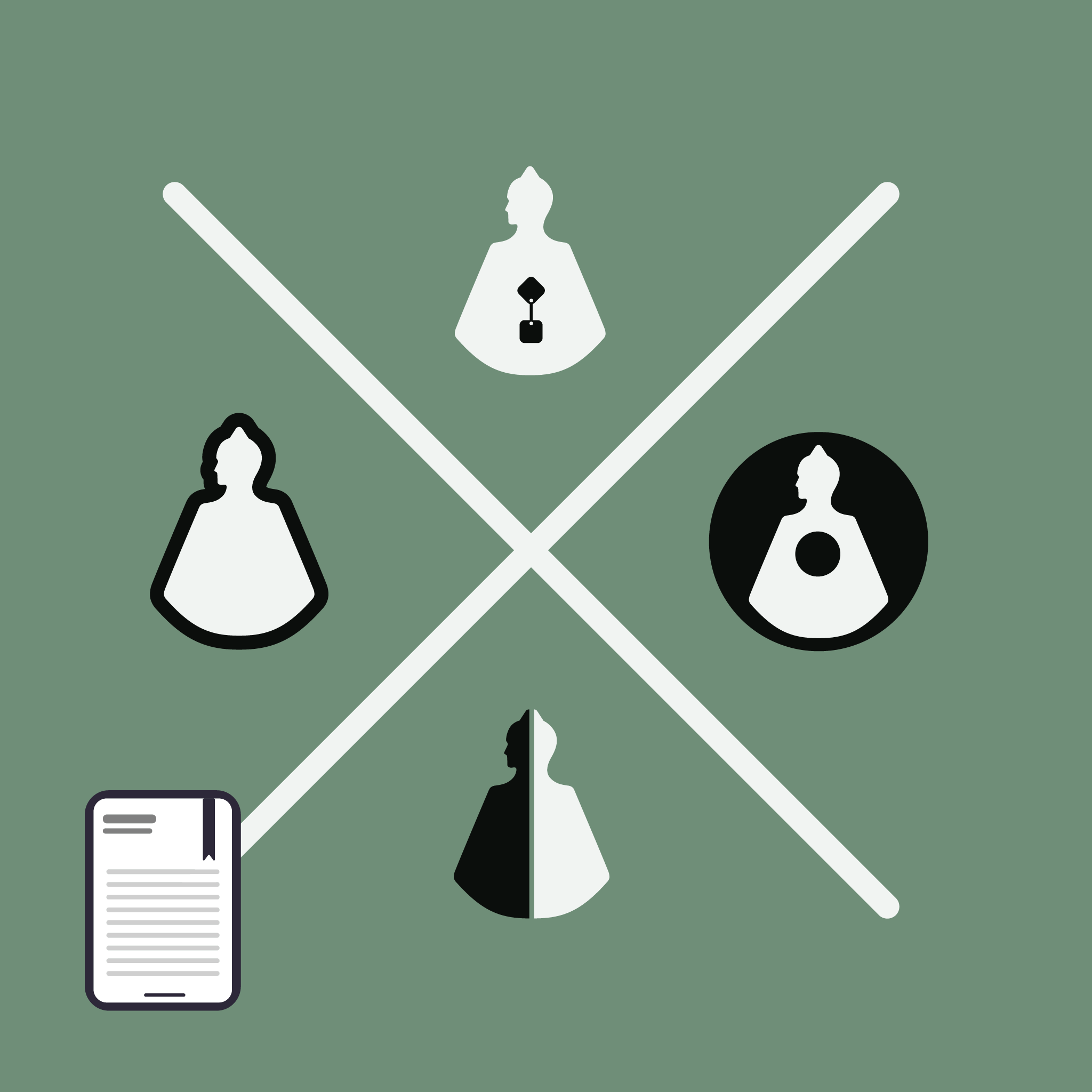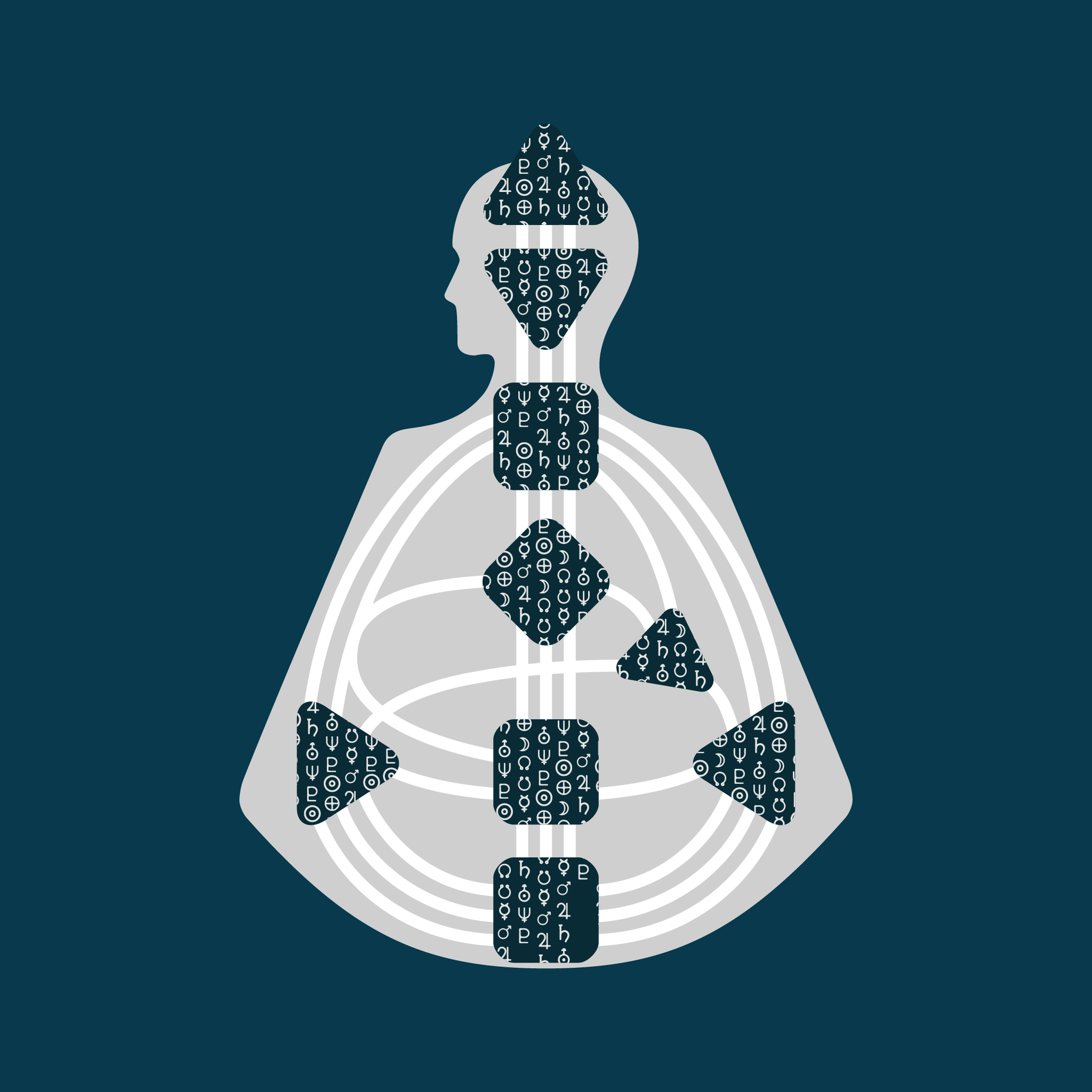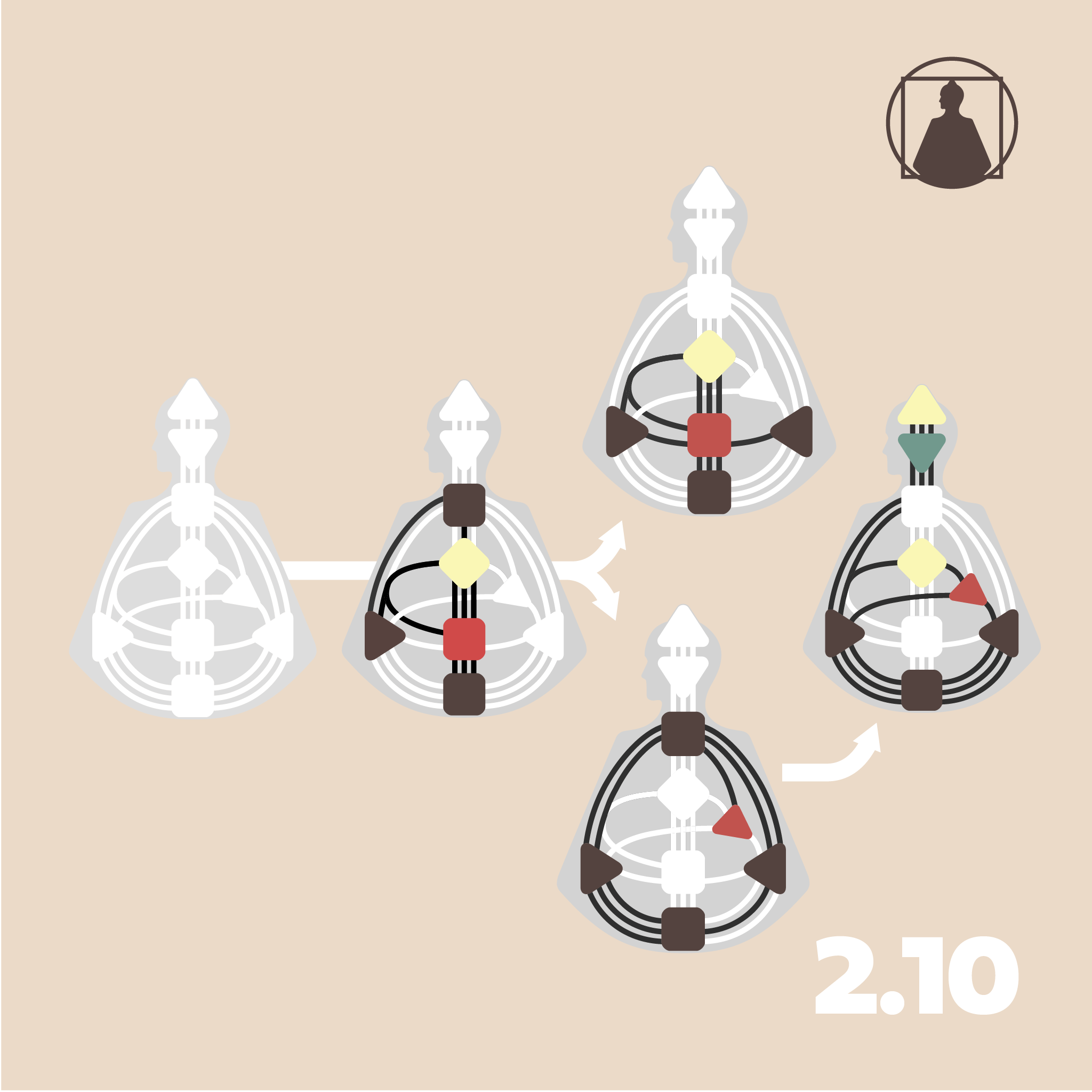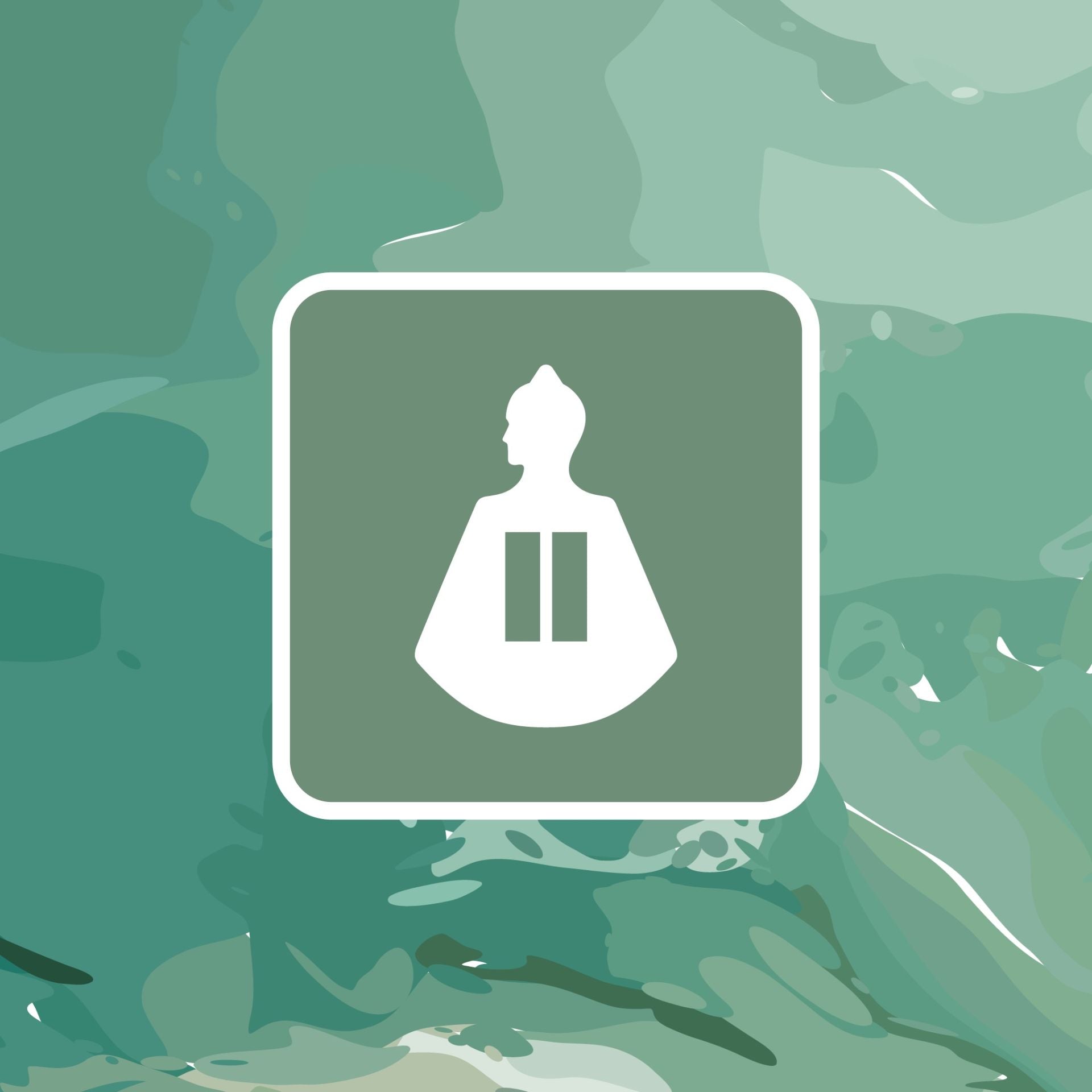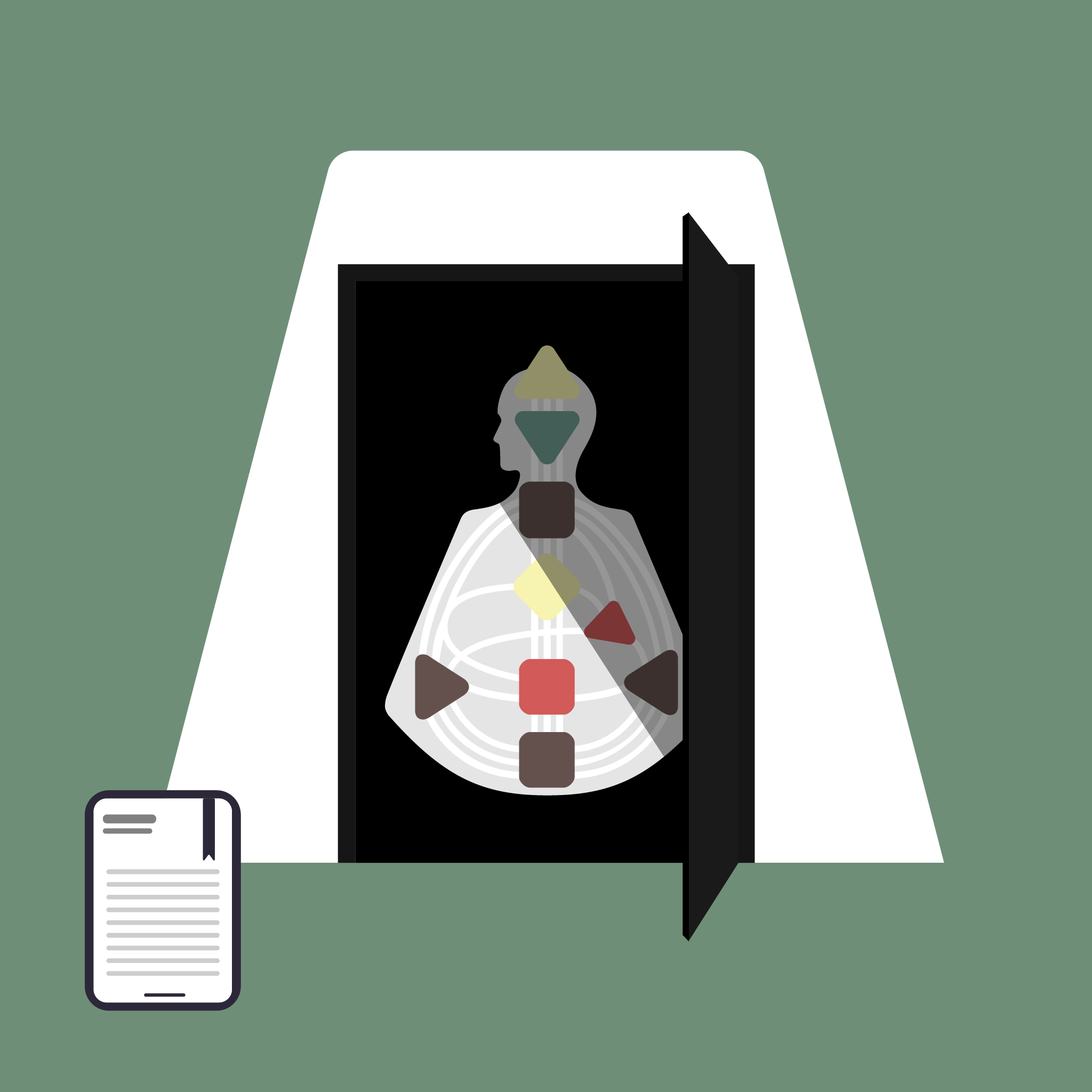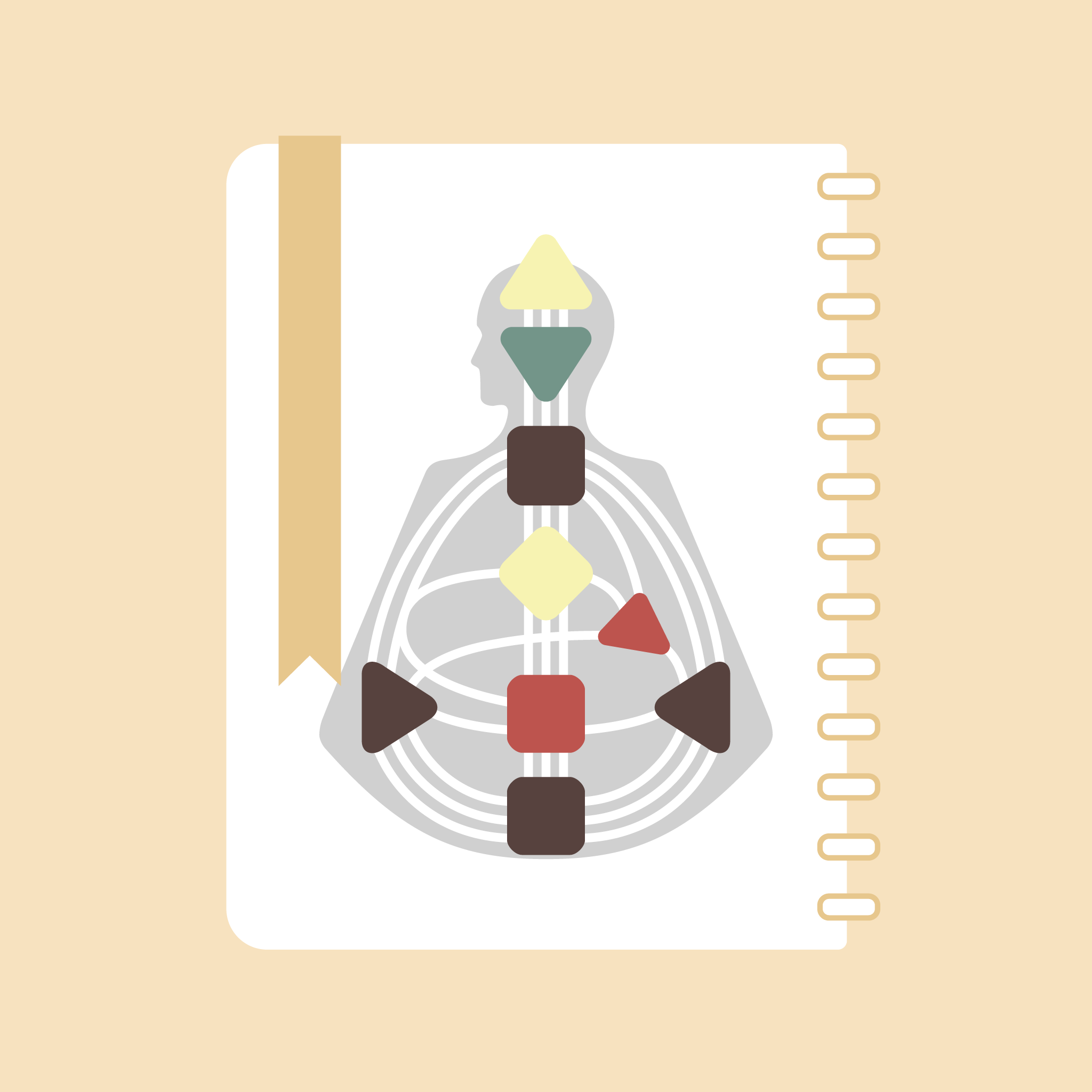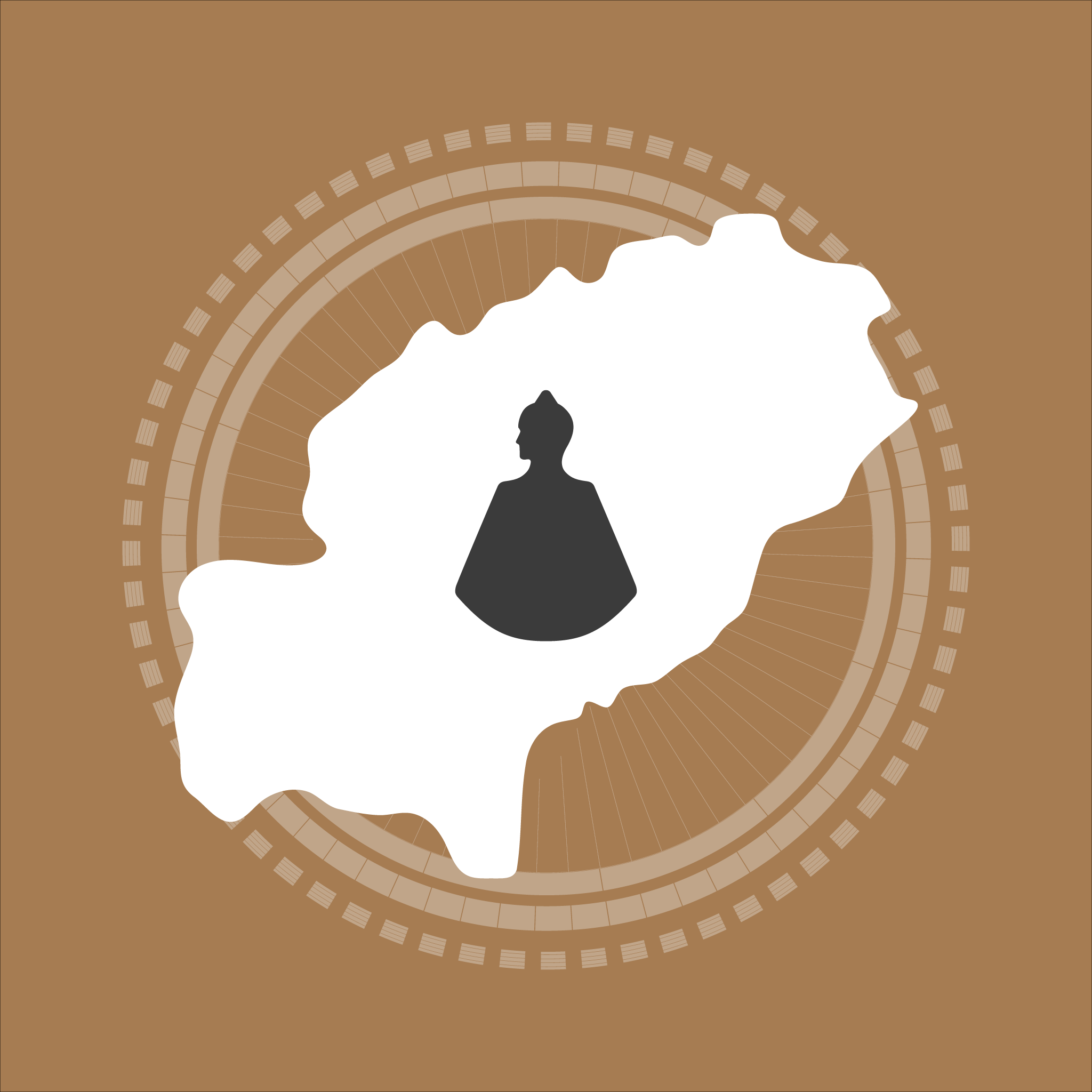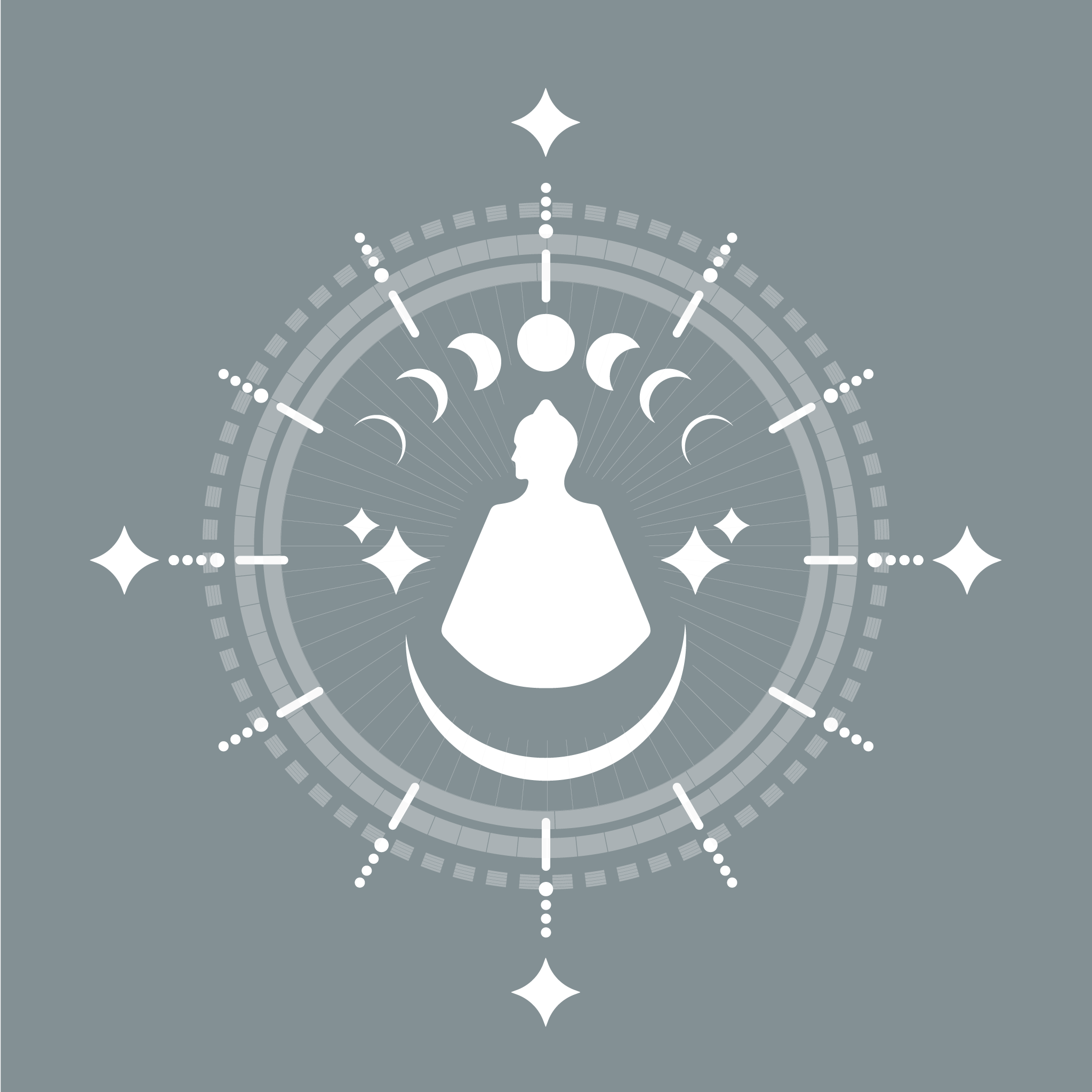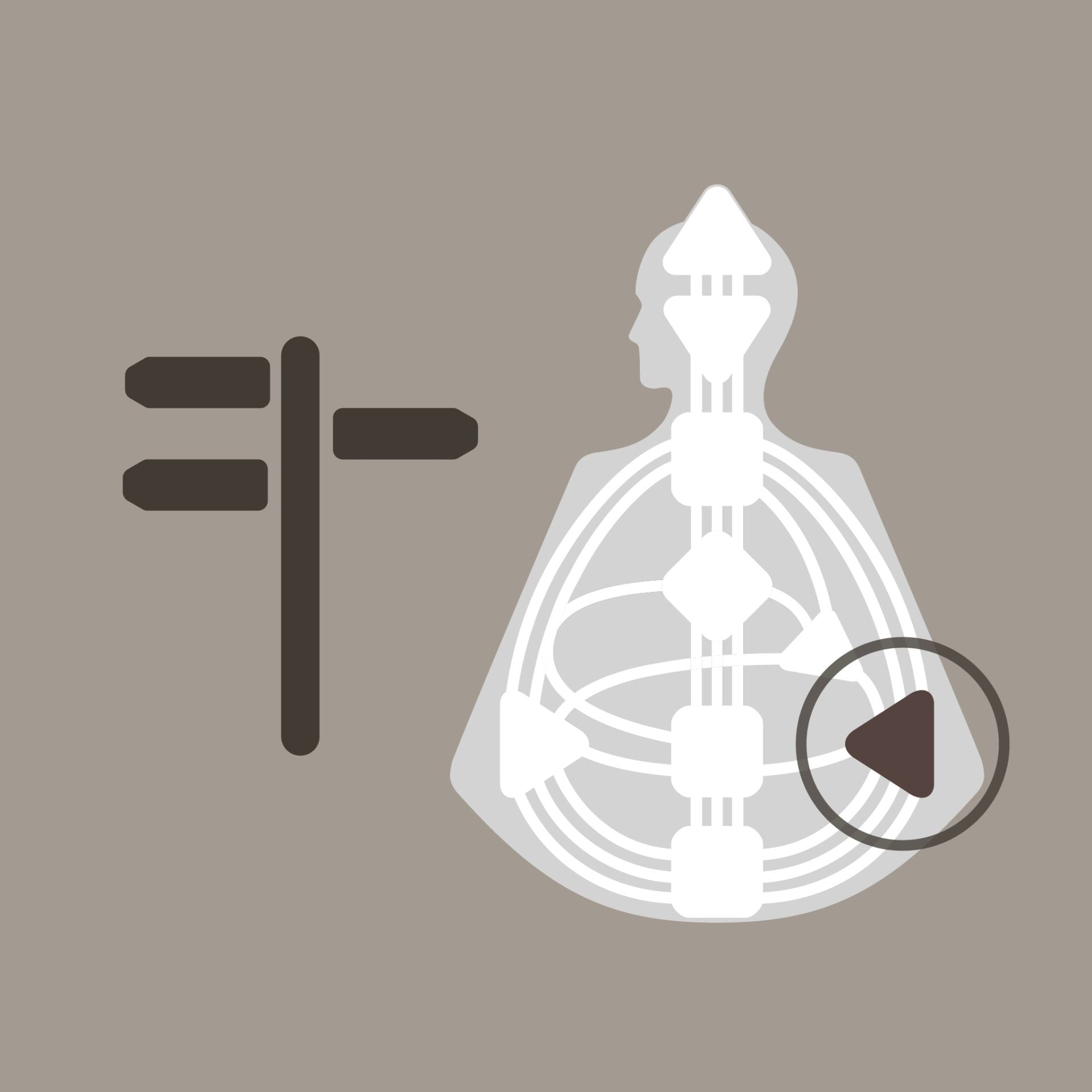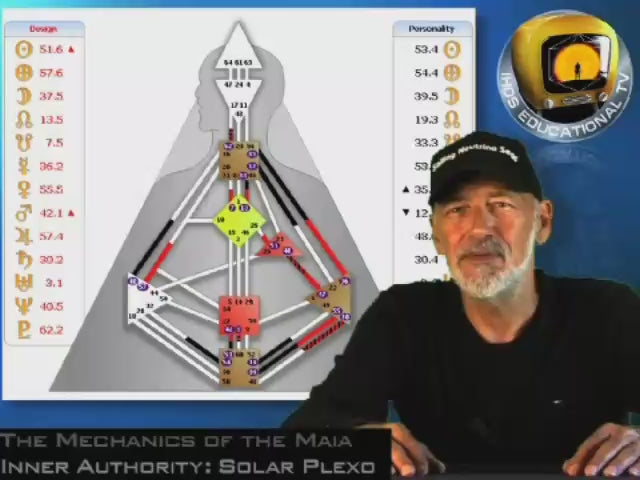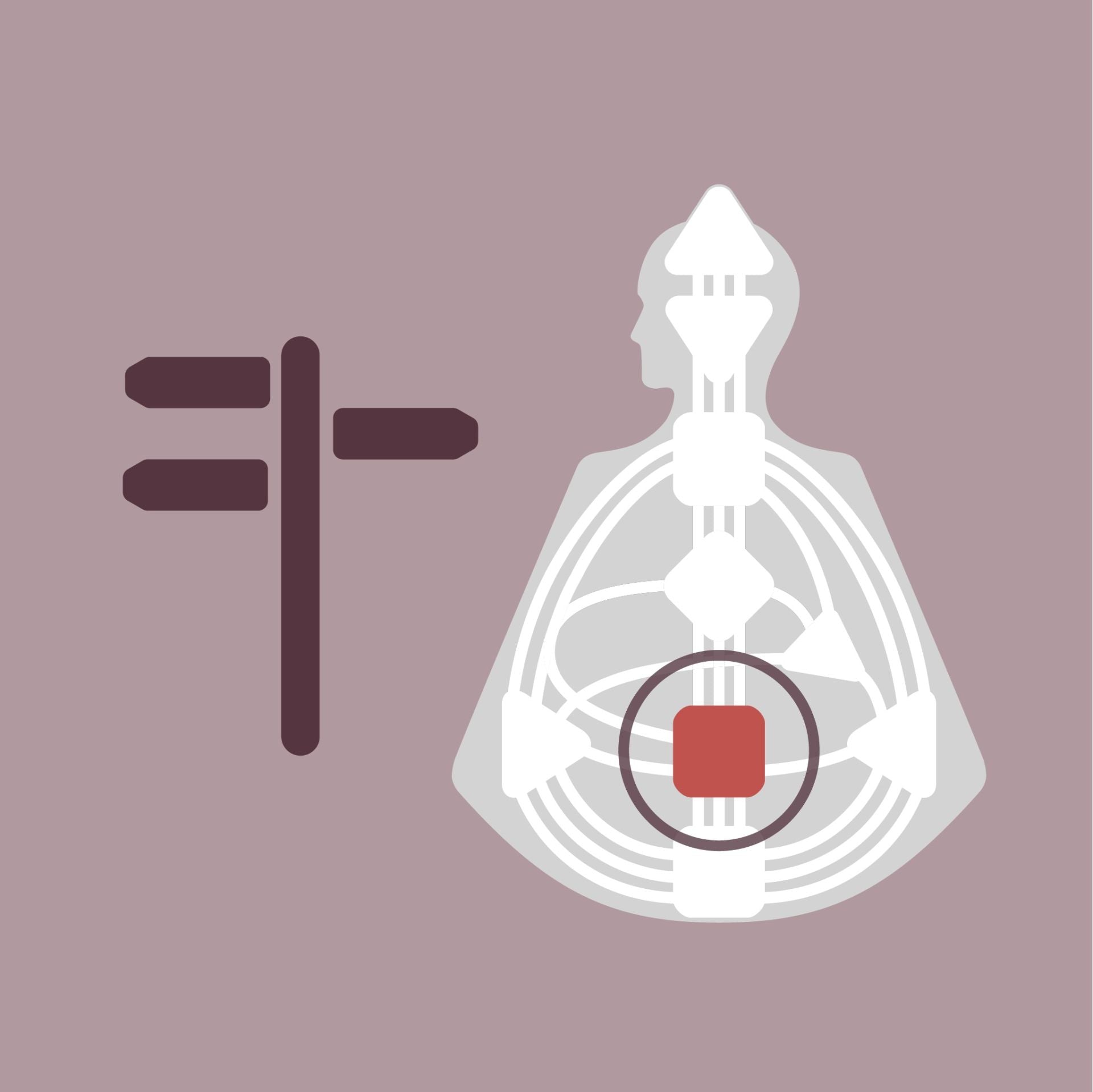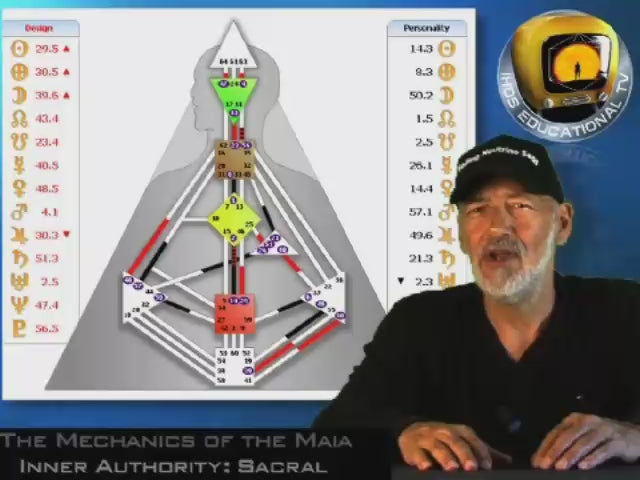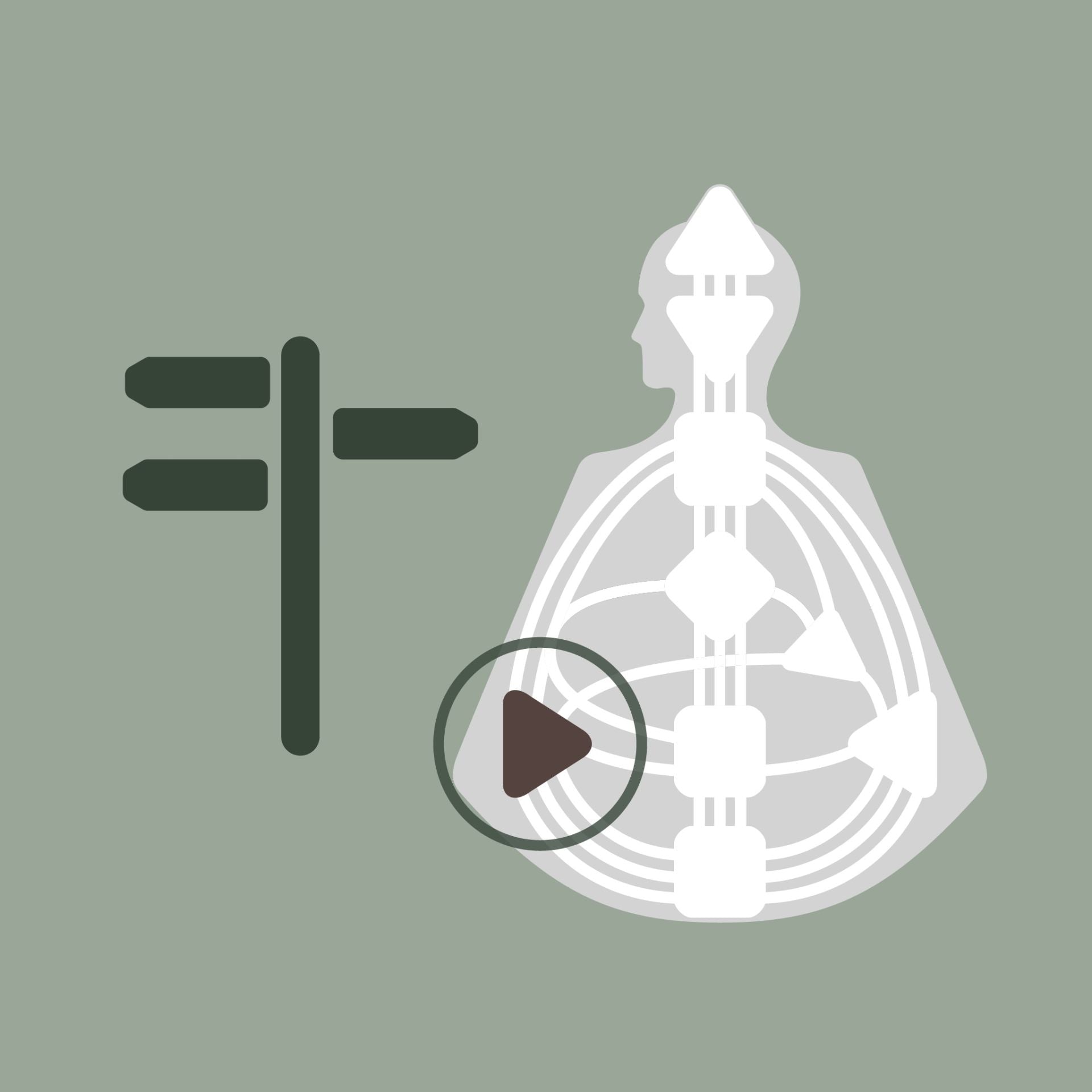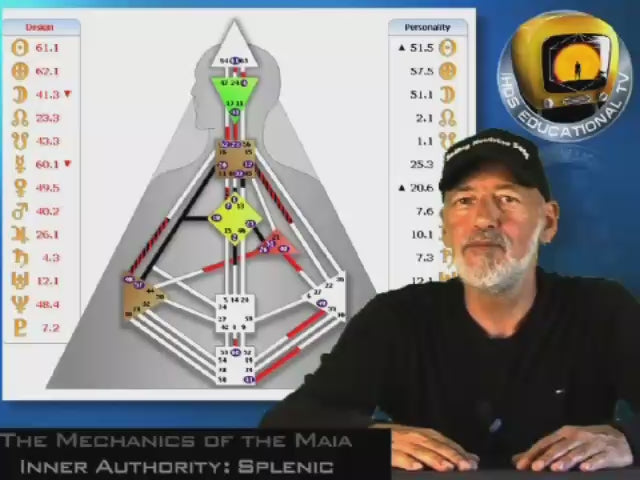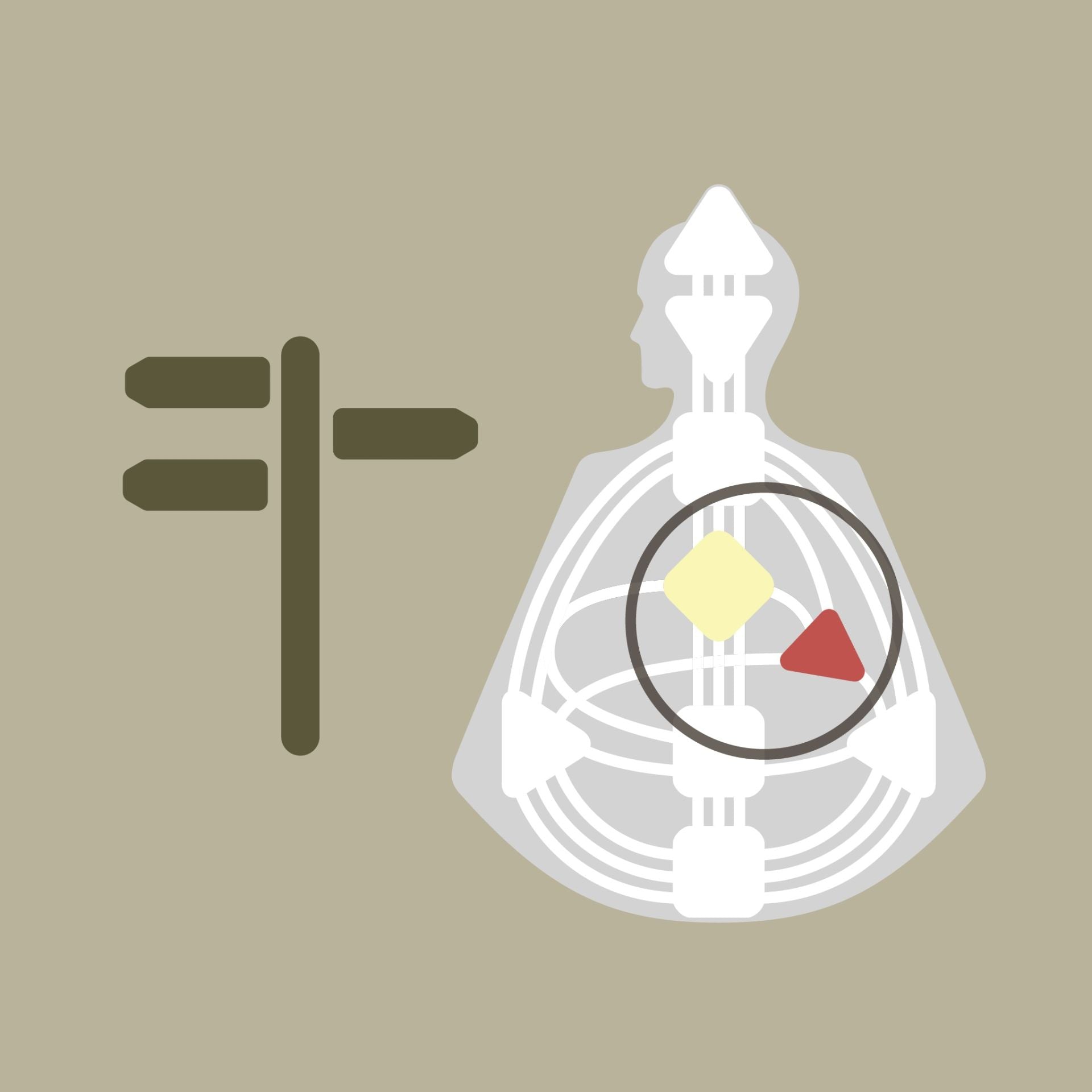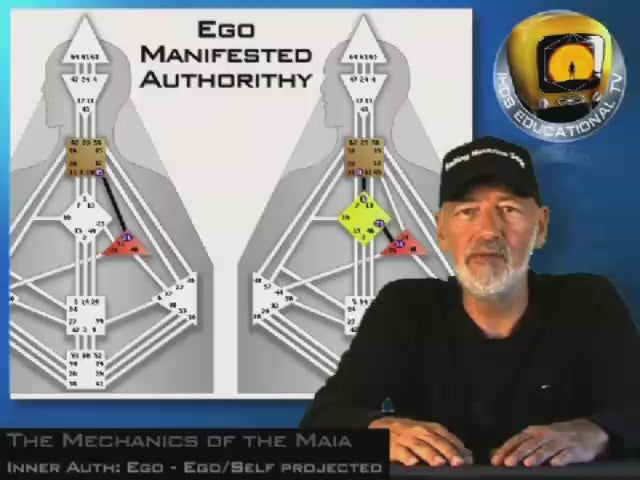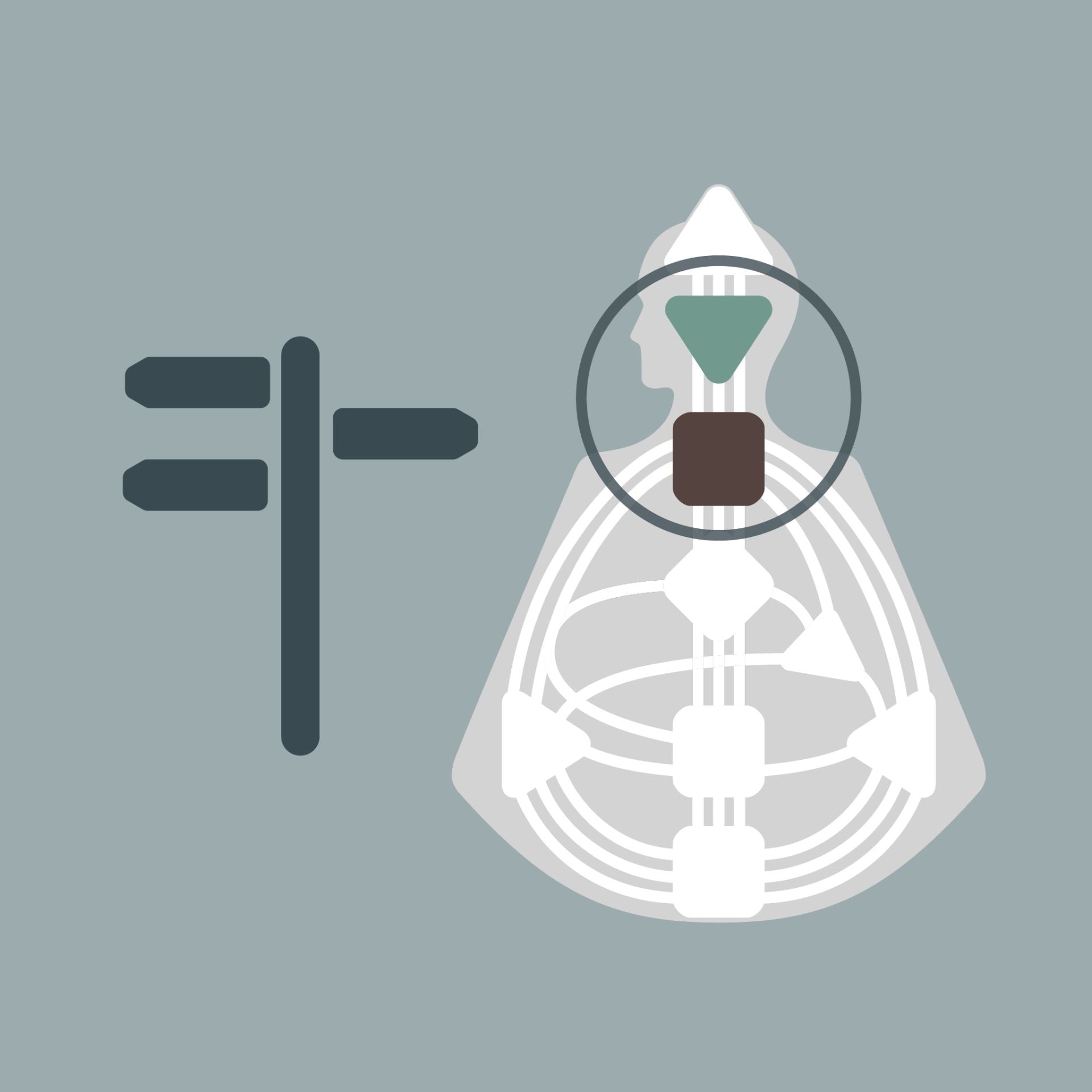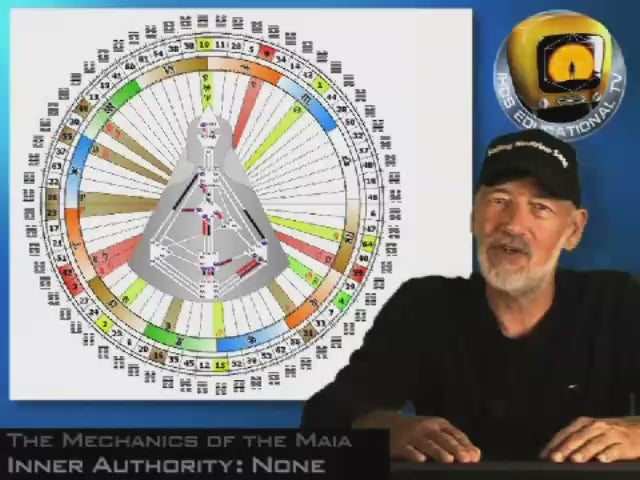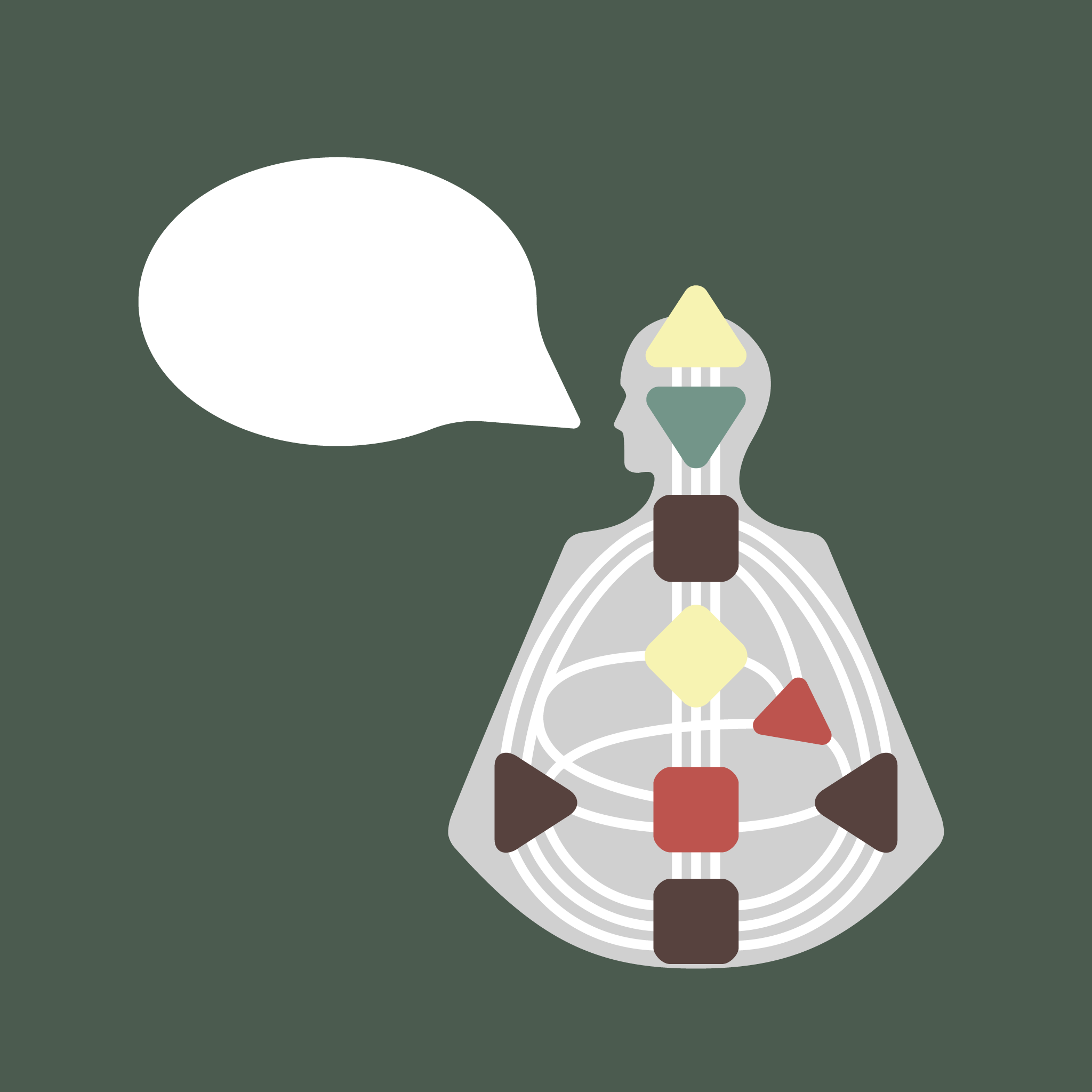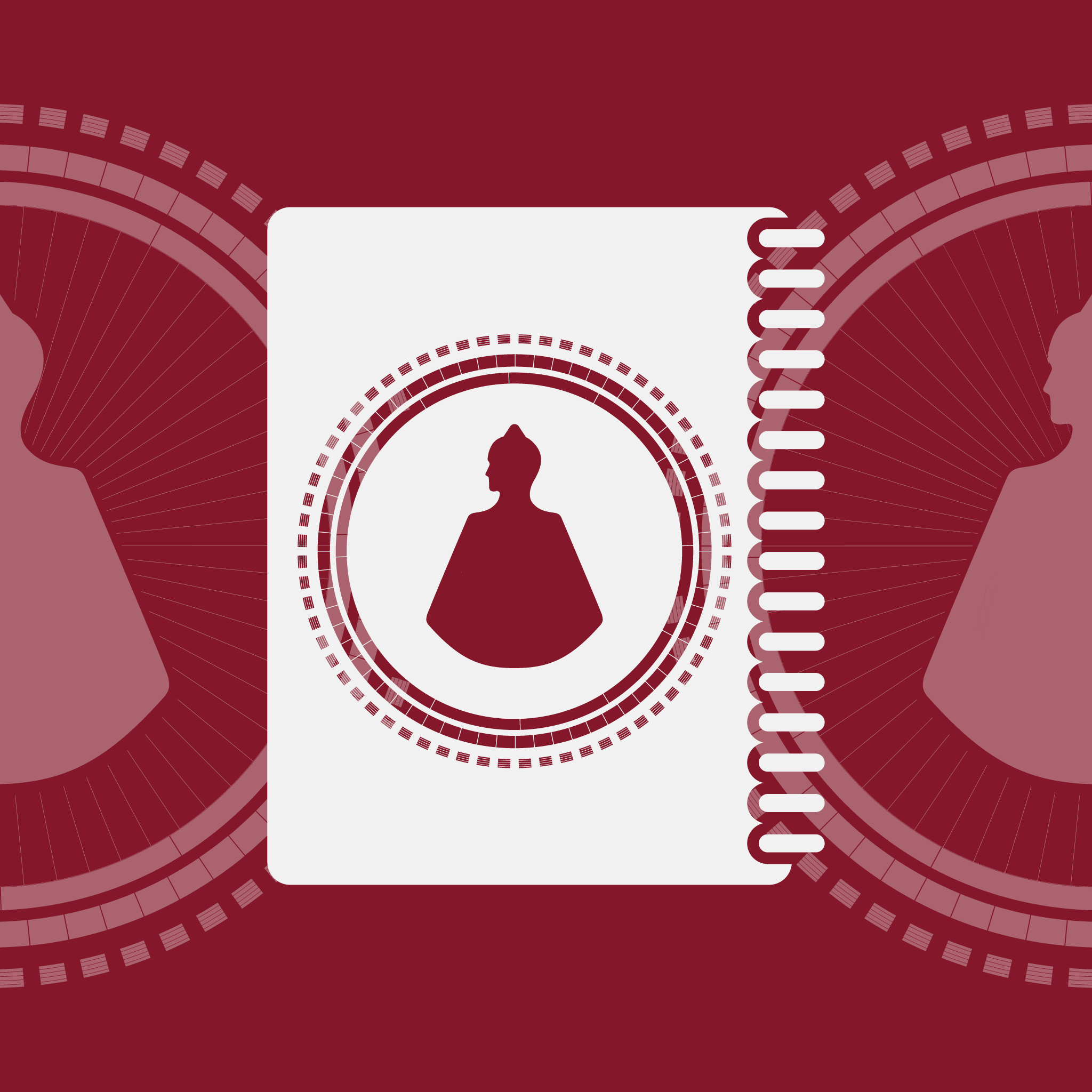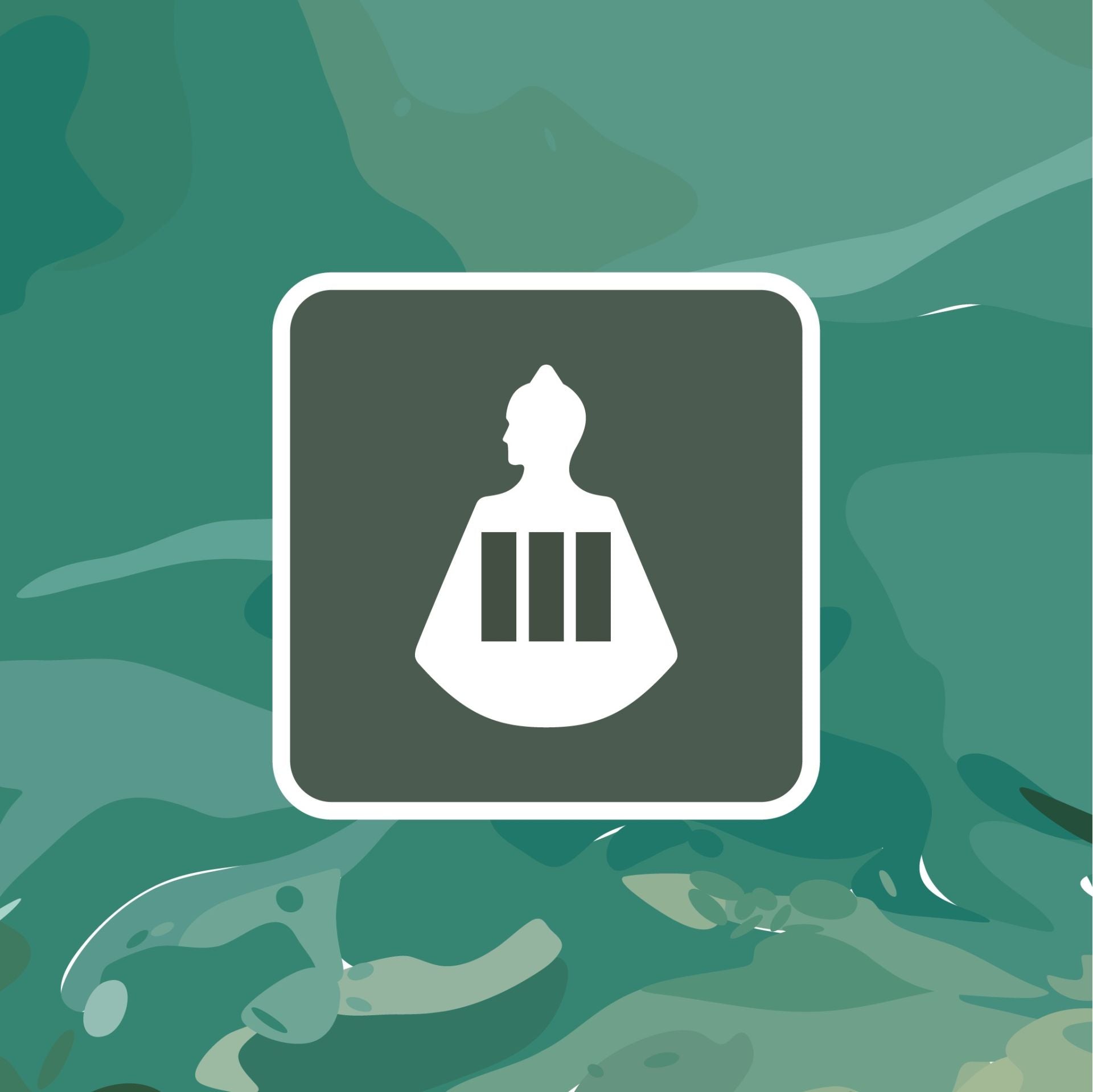The Future of Humanity is in Our Hands
Feb 18, 2017

Every Human Design parent wants to raise their children correctly. The great dilemma that faces 9-centered parents is that guiding children is not the same as learning your own design.
Guiding children is truly where the rubber meets the road; it is not theoretical Human Design information, but rather boots on the ground, day by day experiential Human Design practice.
Over the years, Dharmen and I have worked with parents and taught HD analysts about how to work with parents, and we’ve taken note of what makes some parents more successful as guides than others. Great 9-centered parents do not come from any specific part of the world, culture, nor age group or economic status.
What they all have in common transcends the homogenized world’s ideas of success, satisfaction, surprise or peace. There are key aspects that these parents all share; they are easy to learn, but not necessarily easy to put into practice. These skills and realizations are born out of experience, observation, and practice. Here are these 5 key aspects that you can begin observing today:
1. Recognize that parenting is not an outcome oriented activity
Your child’s life is not a result or a goal. Everything that you do, all that you are, every single day is being a model for your child. Parenting is entirely an experiential process. The great fear of every parent at the beginning is that they will do something wrong and their child will turn out horrible (whatever the parent imagines horrible is – unhappy, unsuccessful, bad, etc.) Along with that fear can come an incredible weight of expectation: My child will grow up to be smart, beautiful, talented, intelligent, rich, famous, etc.
The reality is that as a parent you have 28 – 30 years to nurture, protect, and guide your child. In that time, you will continue to grow and change if you are engaged in your own experiment – and so will they. You may not live to see how their life ‘turns out’ nor is that your concern. Your role is to be present and engaged in the process – moment by moment.
2. Recognize your child’s stage of development
Human brains continue to develop outside of the womb, and continue to form basic connections and neural networks up until the end of 9-Centered childhood, the Saturn Return at age 28-30. Even past age 30, the brain’s plasticity, its ability to form new neural connections, is the very reason that we can embrace Human Design as a practice of strategy and authority at any age.
There are 4 distinct stages of 9-Centered childhood. Each stage is characterized by new brain activity and development. At the surface, this results in changing capacities for the body and for the personality. It also means that the ability to be aware of the Inner Authority progresses throughout childhood development.
3. Recognize which decisions are yours
Human Design is an experientially driven model – you cannot teach your children about something you do not practice for your own self. You have to model your own decision making from your Strategy and Inner Authority.
And, not all decisions are opportunities for your child to practice their Strategy and Inner Authority. You have to honor your Inner Authority first and foremost. For example: what you cook for dinner is your Inner Authority decision, what your child eats of that meal is their Inner Authority decision.
4. Recognize that your child’s behavior is not personal
Your child’s behavior may push your conditioning buttons. As a parent, it is your responsibility to recognize your conditioning, and to learn about it, see it and recognize when it is being stimulated – so that you can become wise about the variety of experiences that arise through your openness. Your child may provide you with ample opportunities to become wise about your openness.
You child’s behavior at times may have a direct connection to their own conditioning. Guiding a child according to their design, when they are acting out from their conditioning, is based upon honoring your Inner Authority.
For example: A Generator parent has tried repeatedly to reason with a child who is throwing a tantrum. She begins to recognize that her open Solar Plexus is amplifying the tantrum, and she recognizes that initiating mental reasoning is an attempt to prove that she can handle the child. Next time the child begins to tantrum, she uses her Sacral ‘nuh-unh’ repeatedly, and eases the child out of the situation.
5. Recognize that you are in uncharted territory
9-Centered parenting is not a reaction against, nor a duplication of 7-Centered parenting skills. It’s not license, it’s not ‘anything goes’ parenting, or un-parenting, either. It’s something entirely different. There are no universal roadmaps; and there are no 5 easy steps to becoming an effective parent.
9-Centered parenting is a day by day, moment by moment experiential process of being engaged in your own Human Design experiment, and gradually observing the development of your child into a self-aware individual.
Teachings by Topic
Explore Ra Uru Hu's lectures by Human Design topic.
Teachings by Theme
Explore Ra Uru Hu's lectures categorized into life themes and goals.
